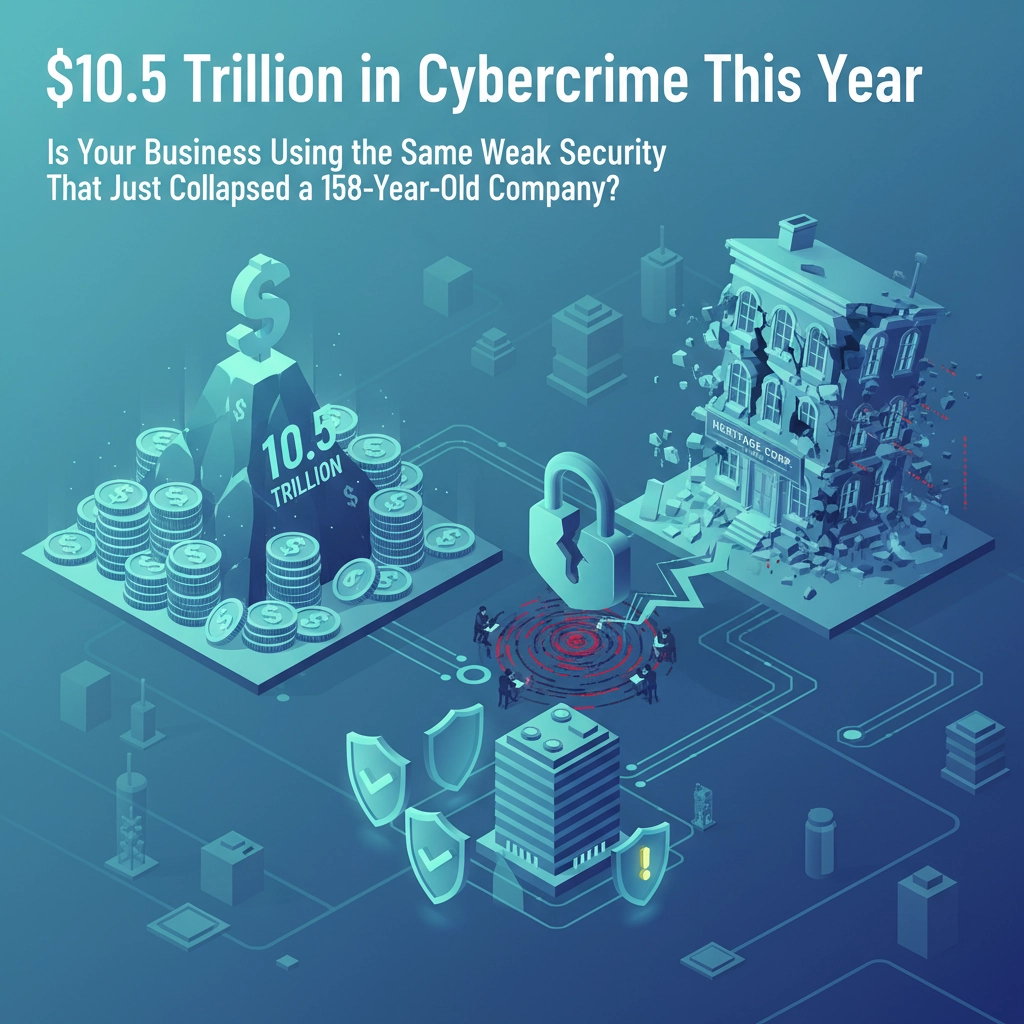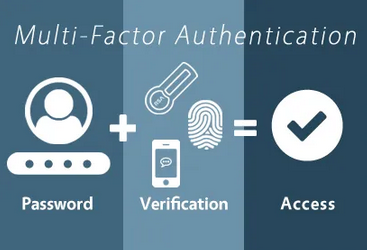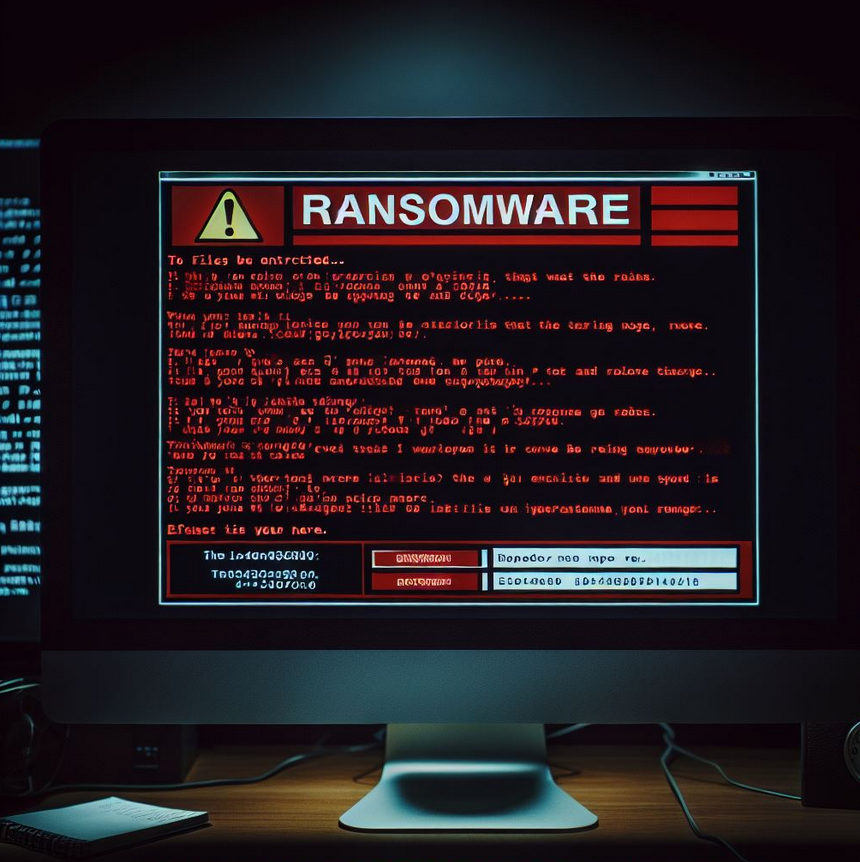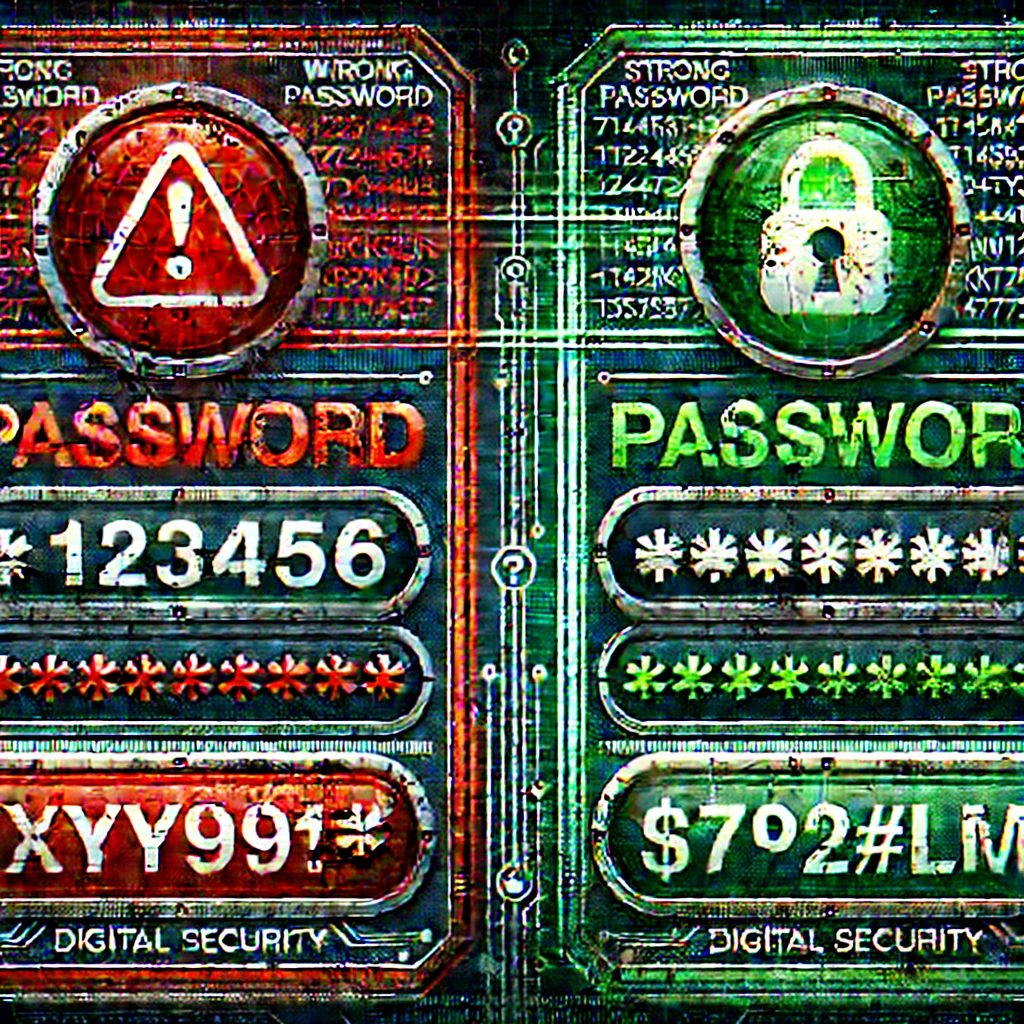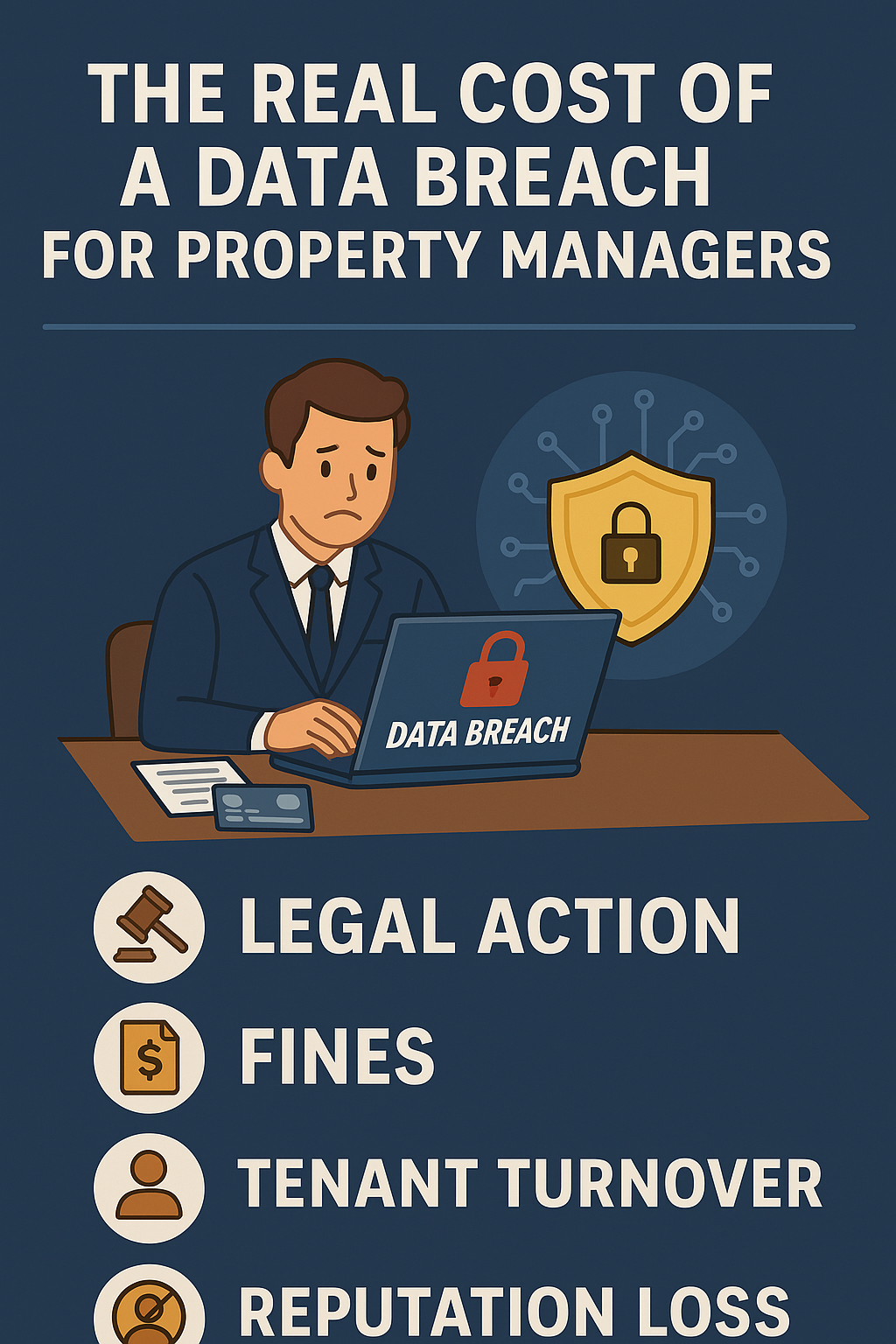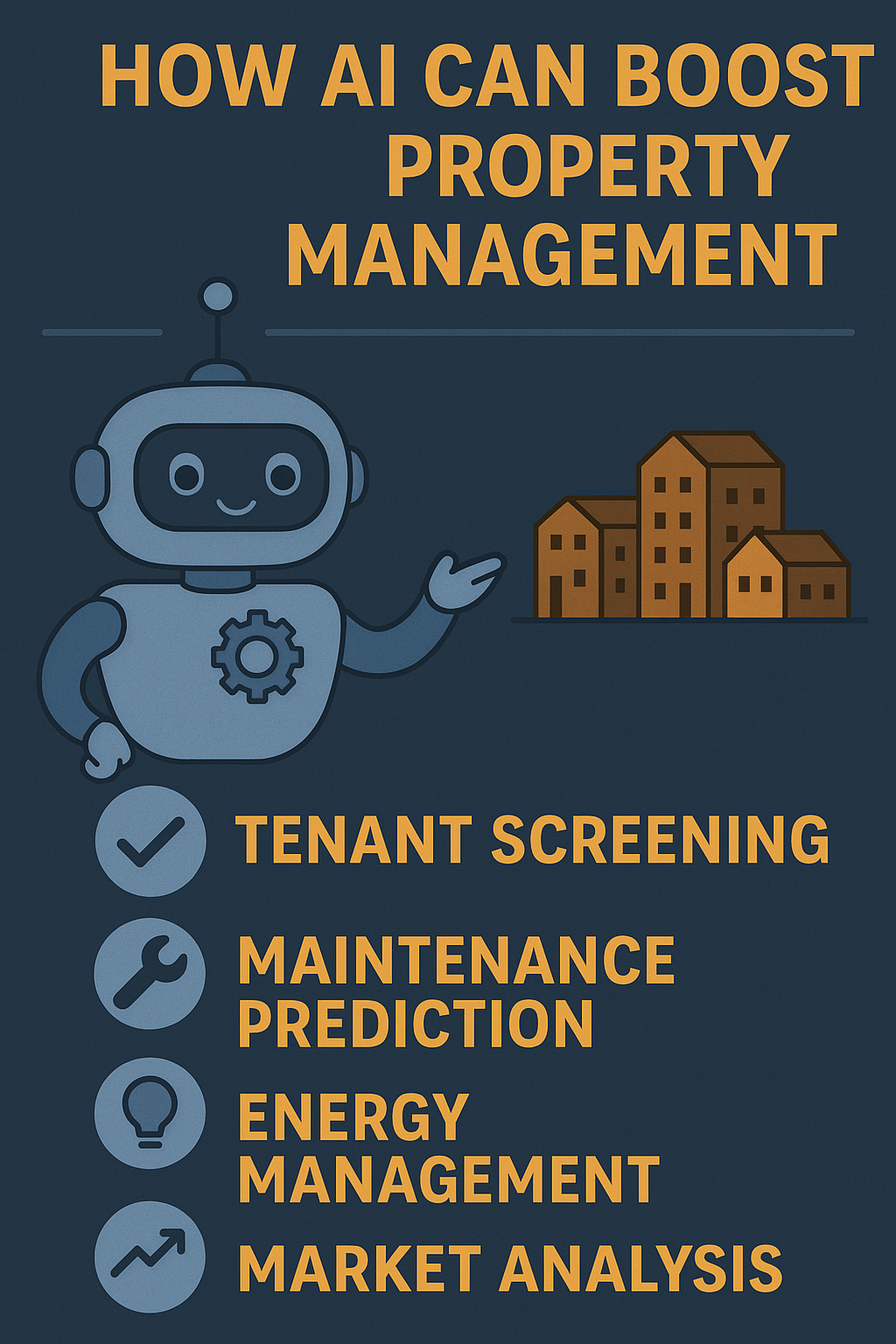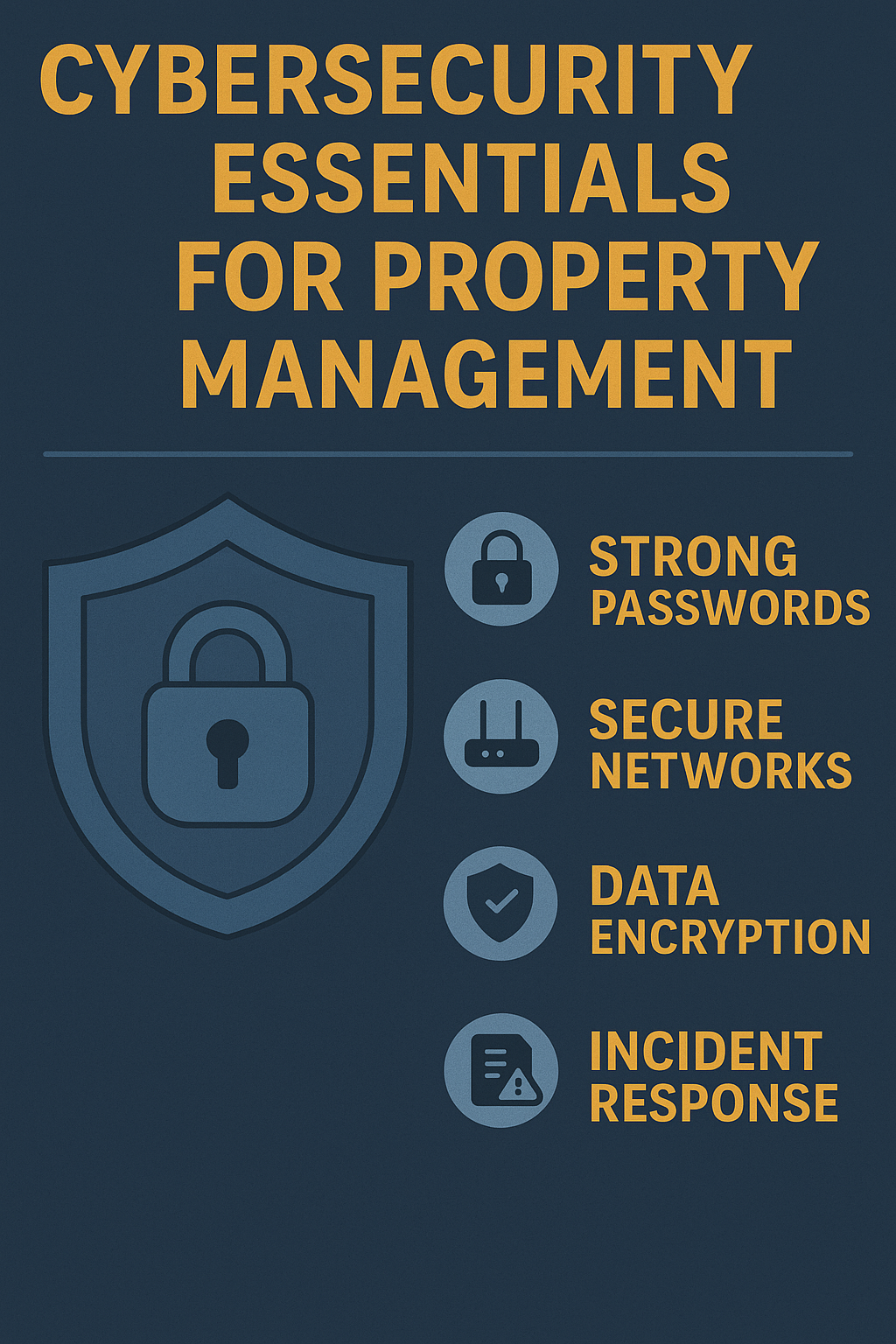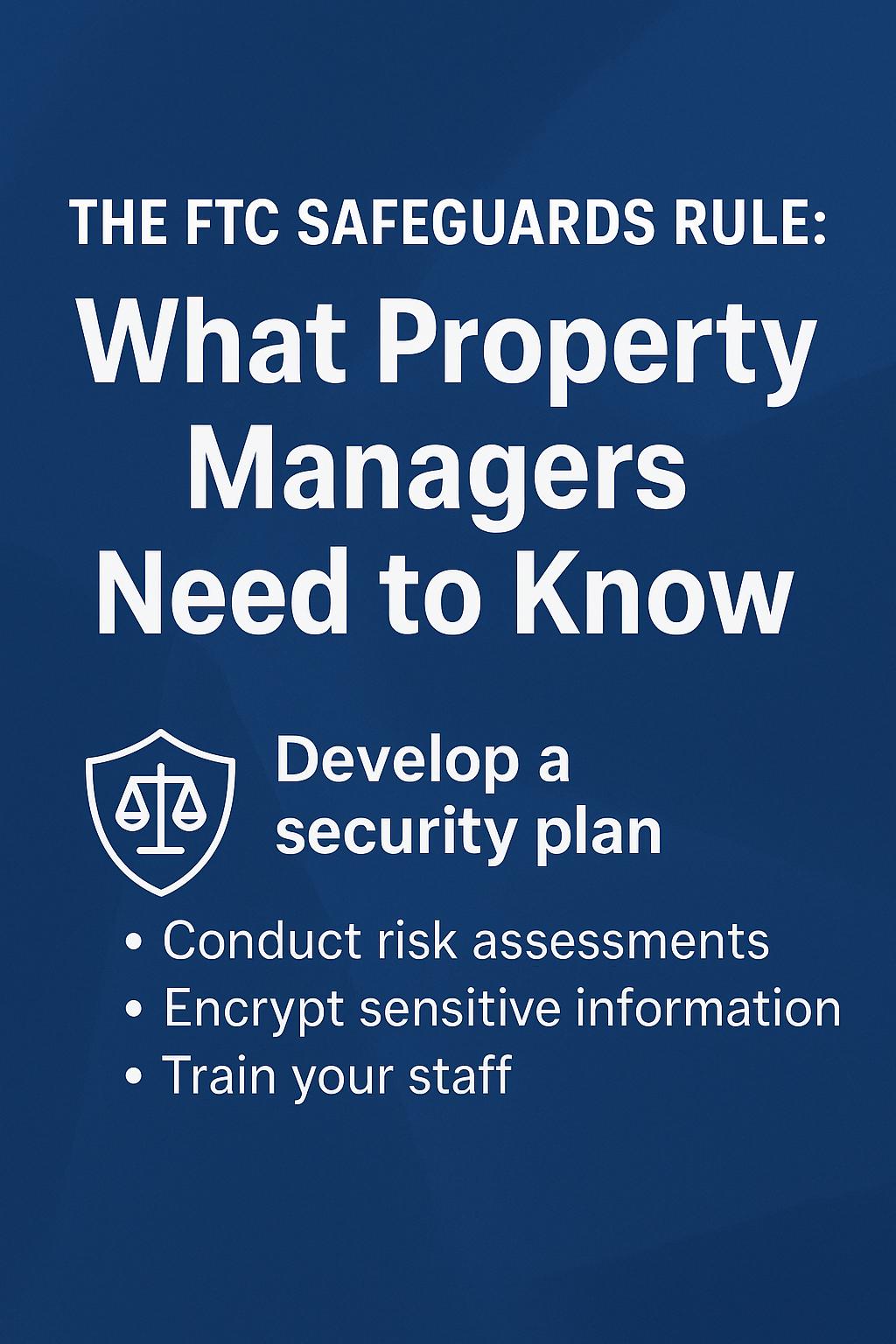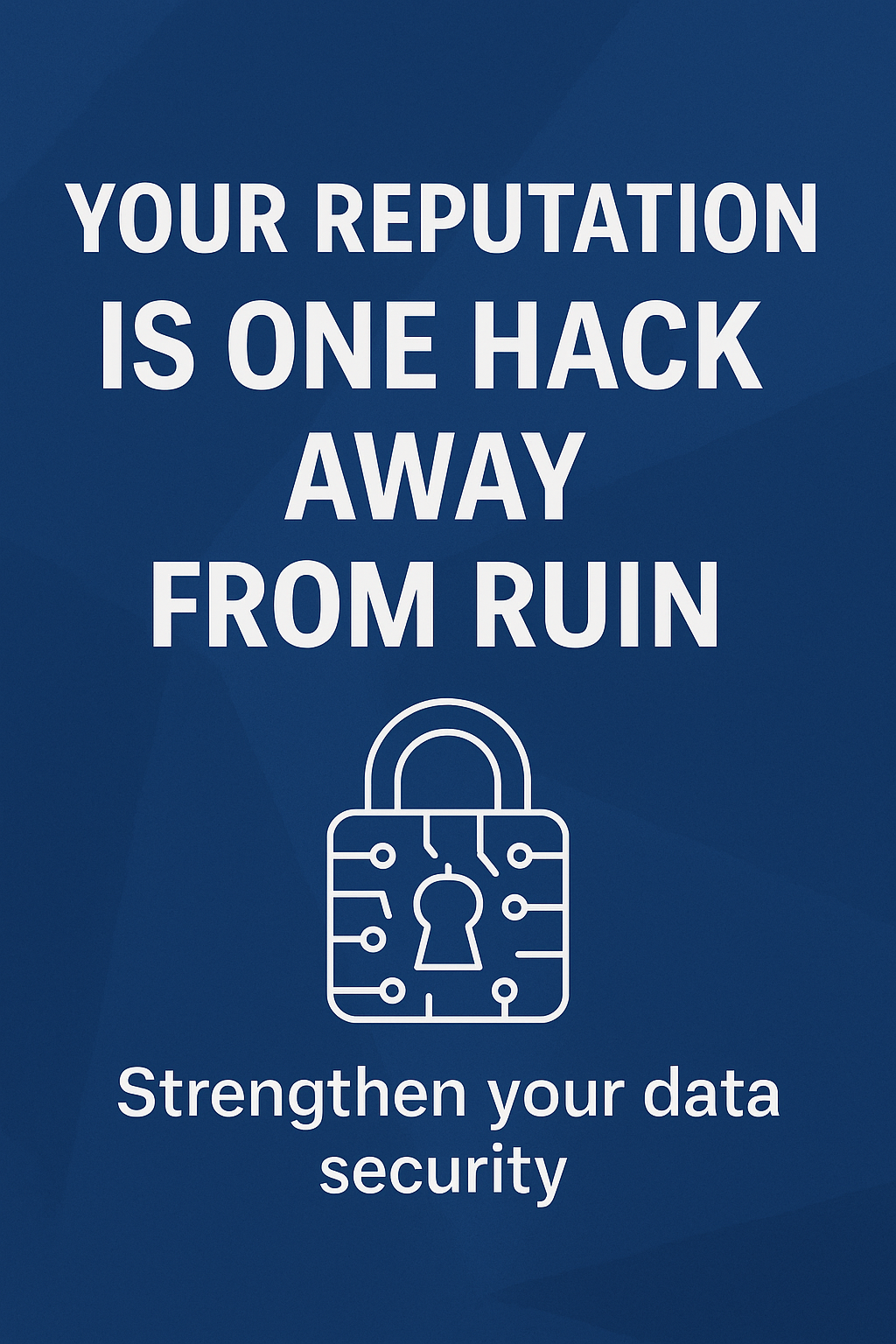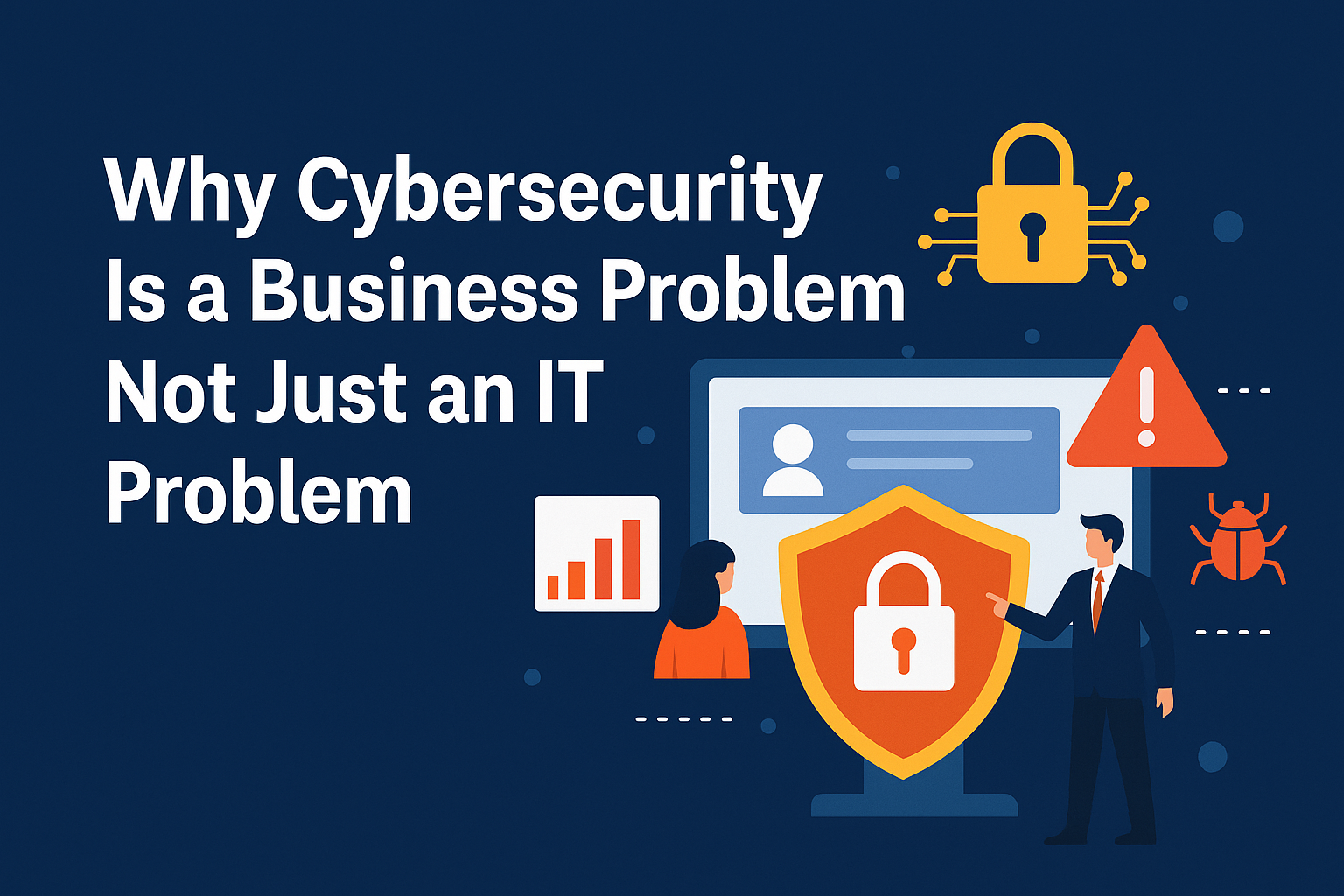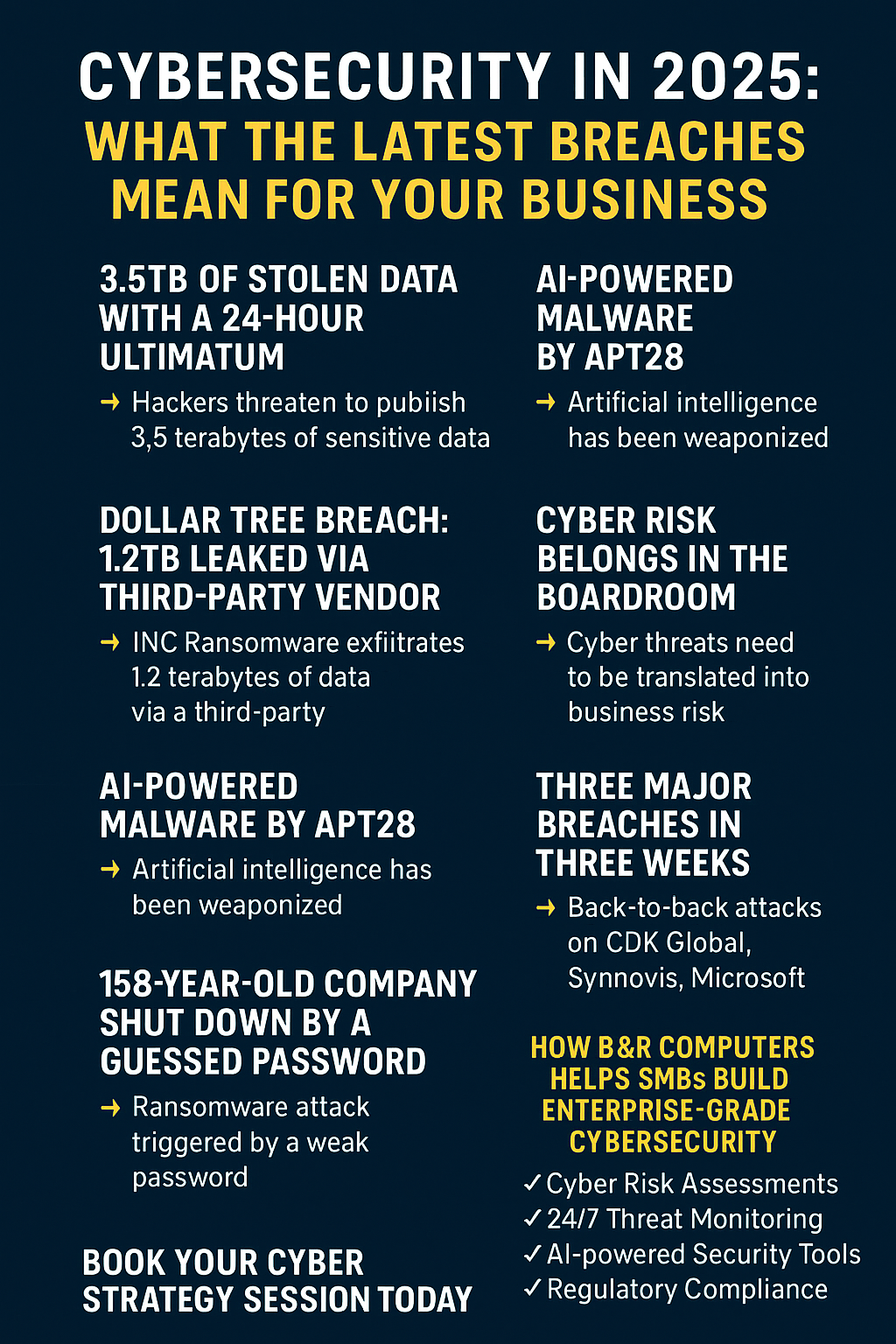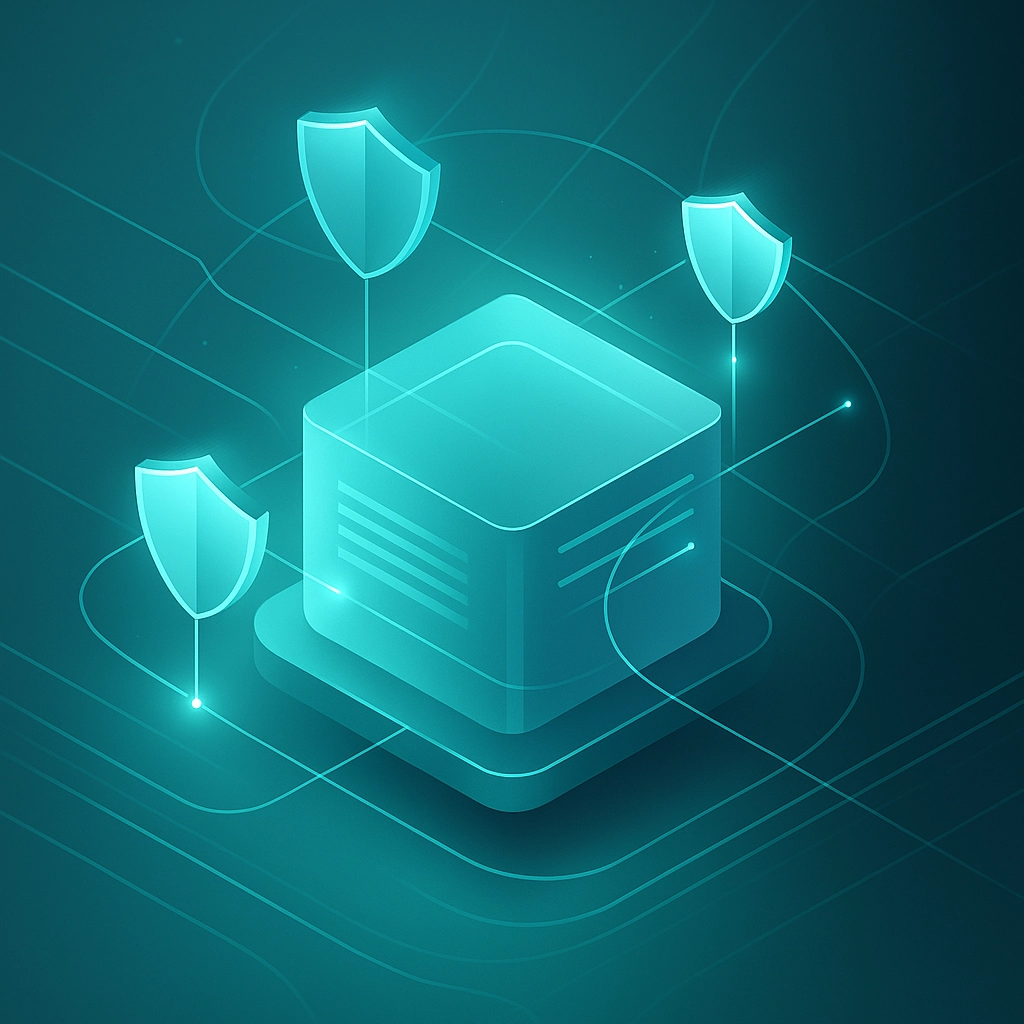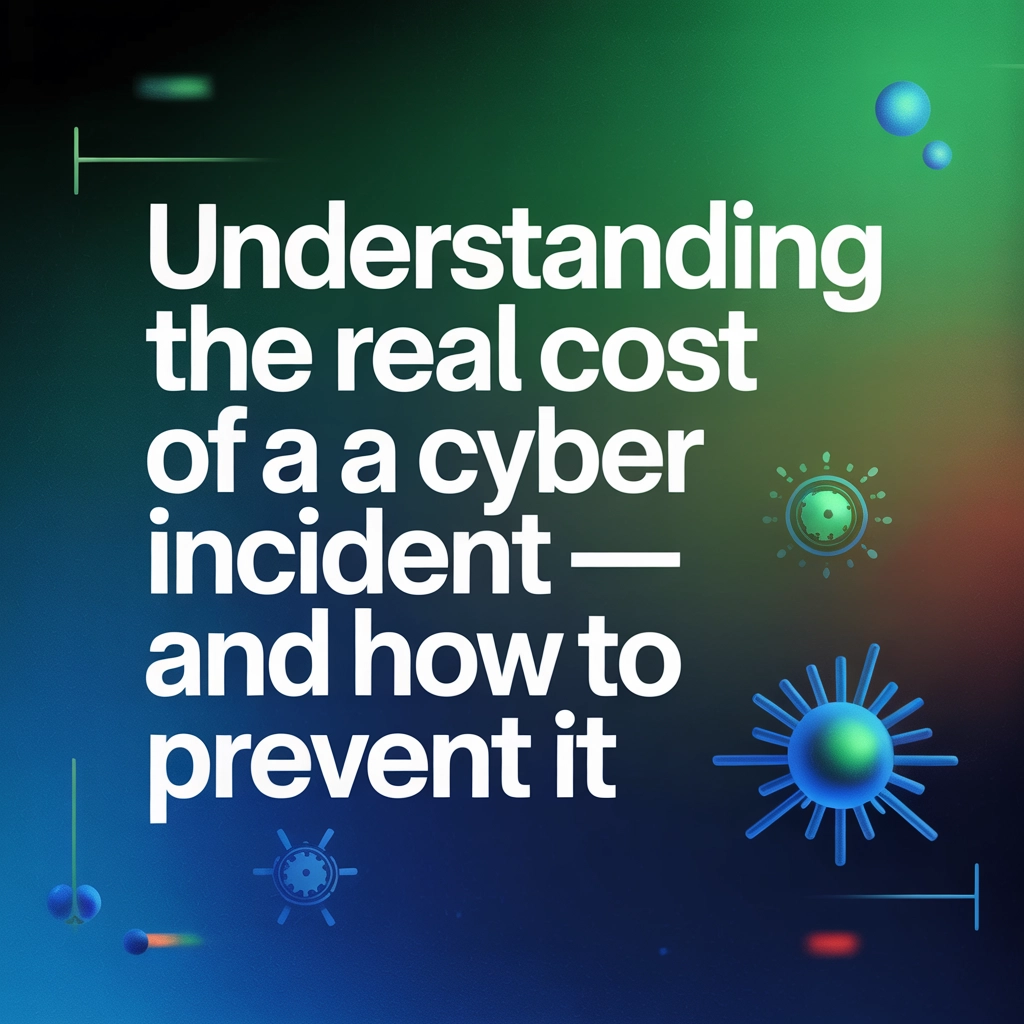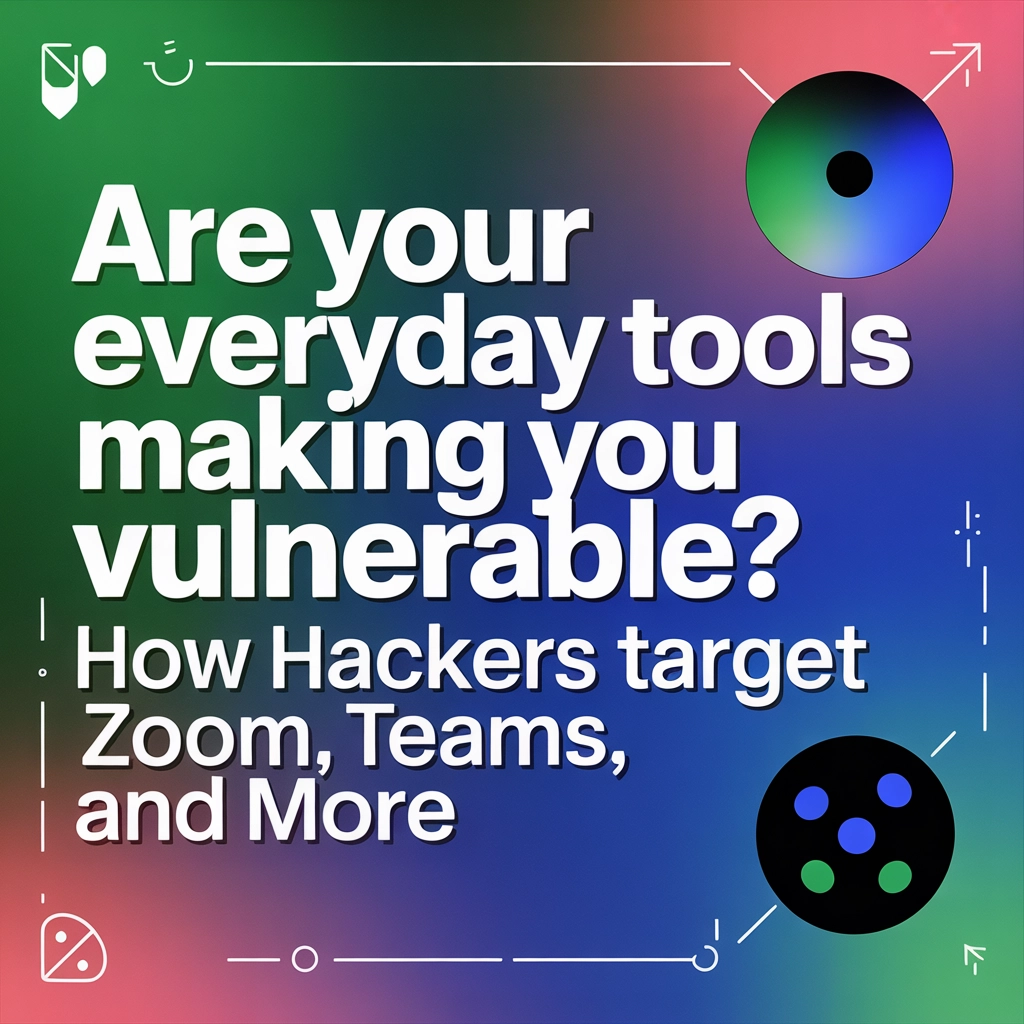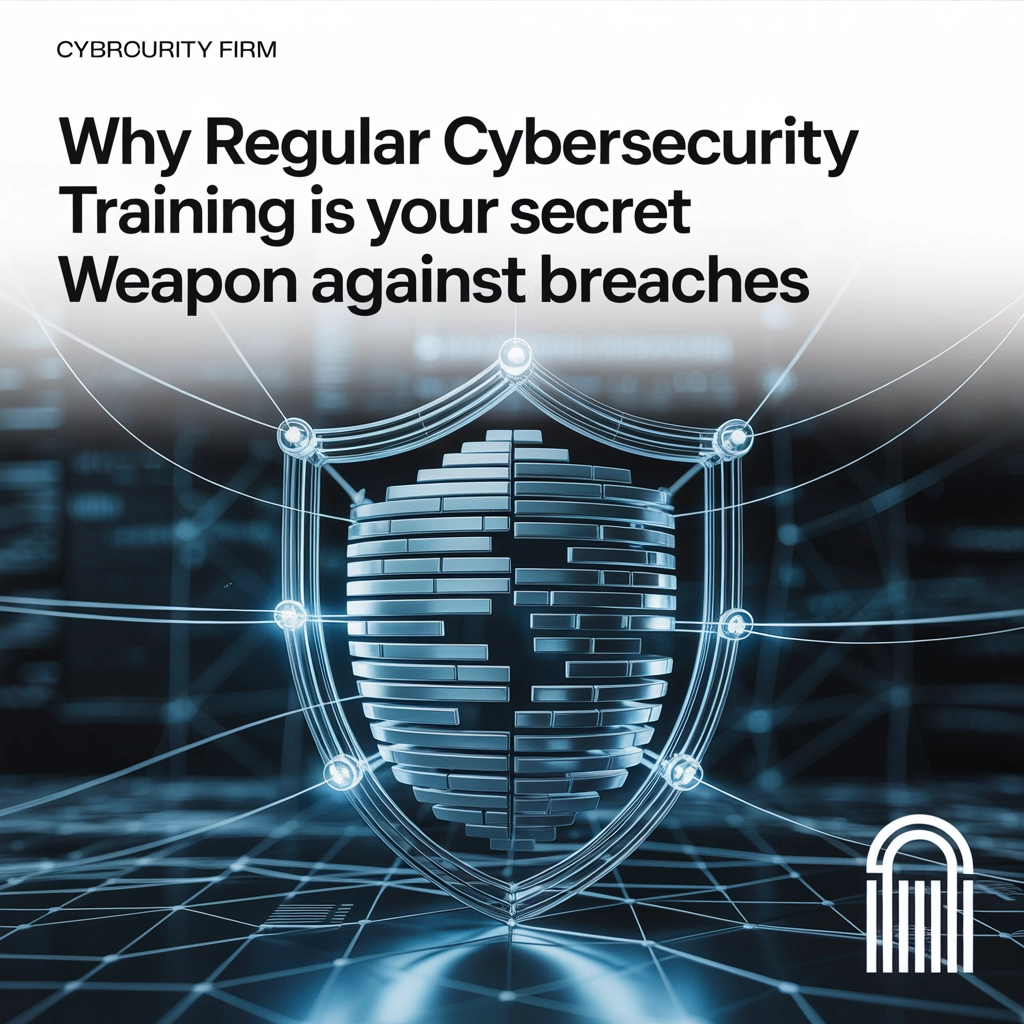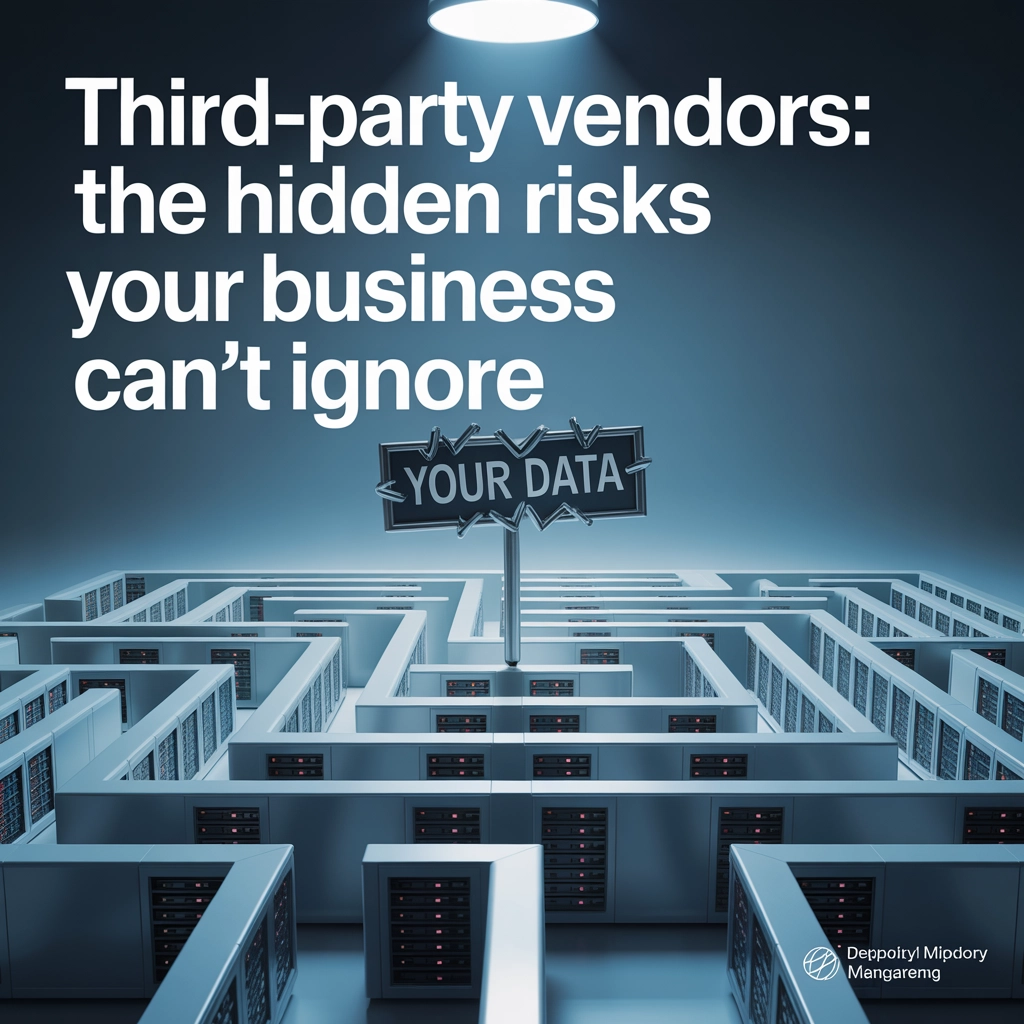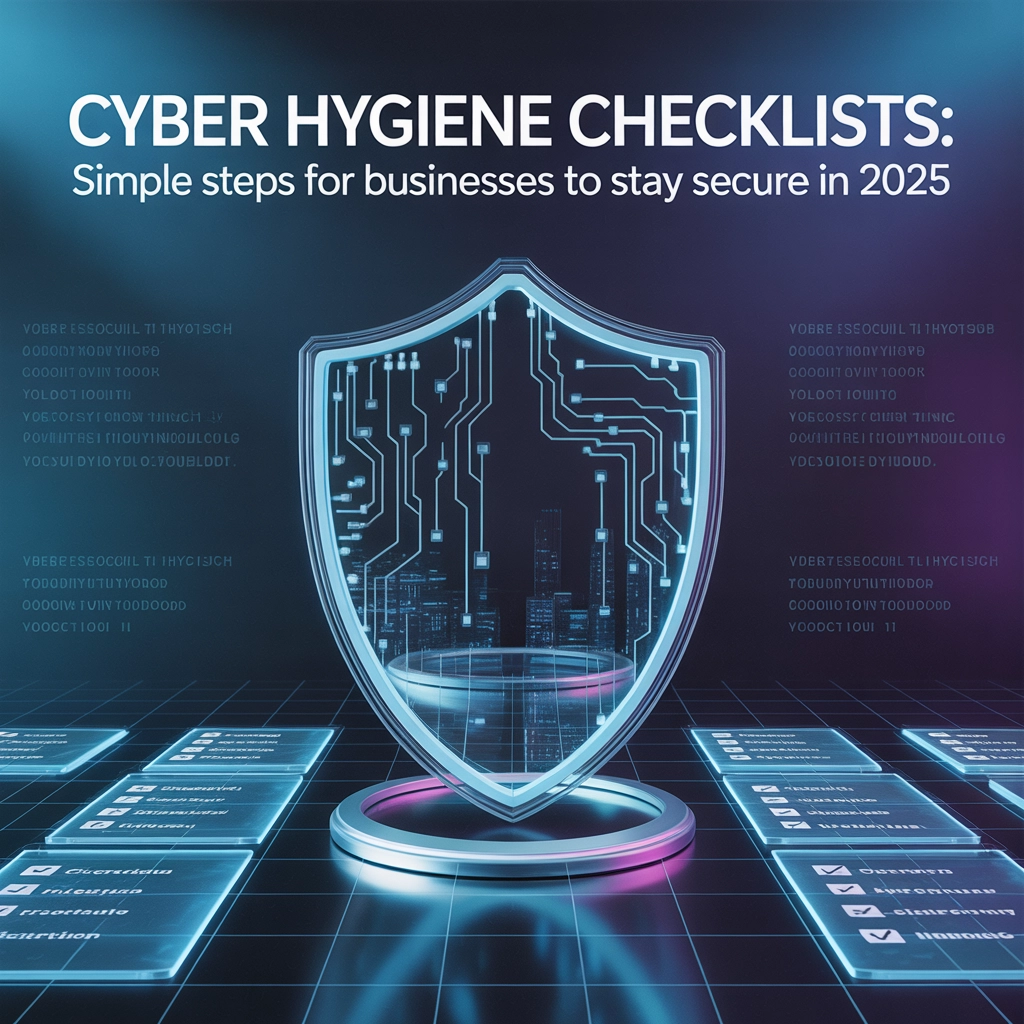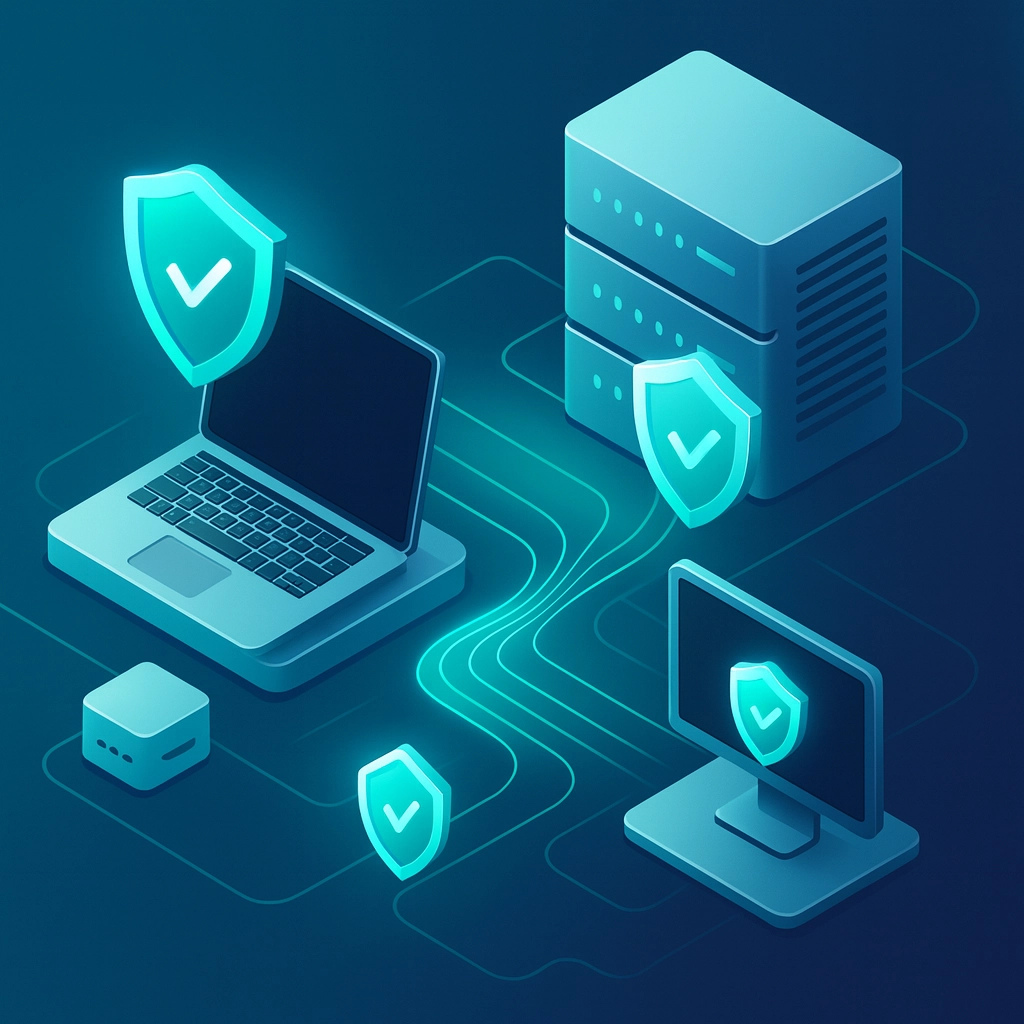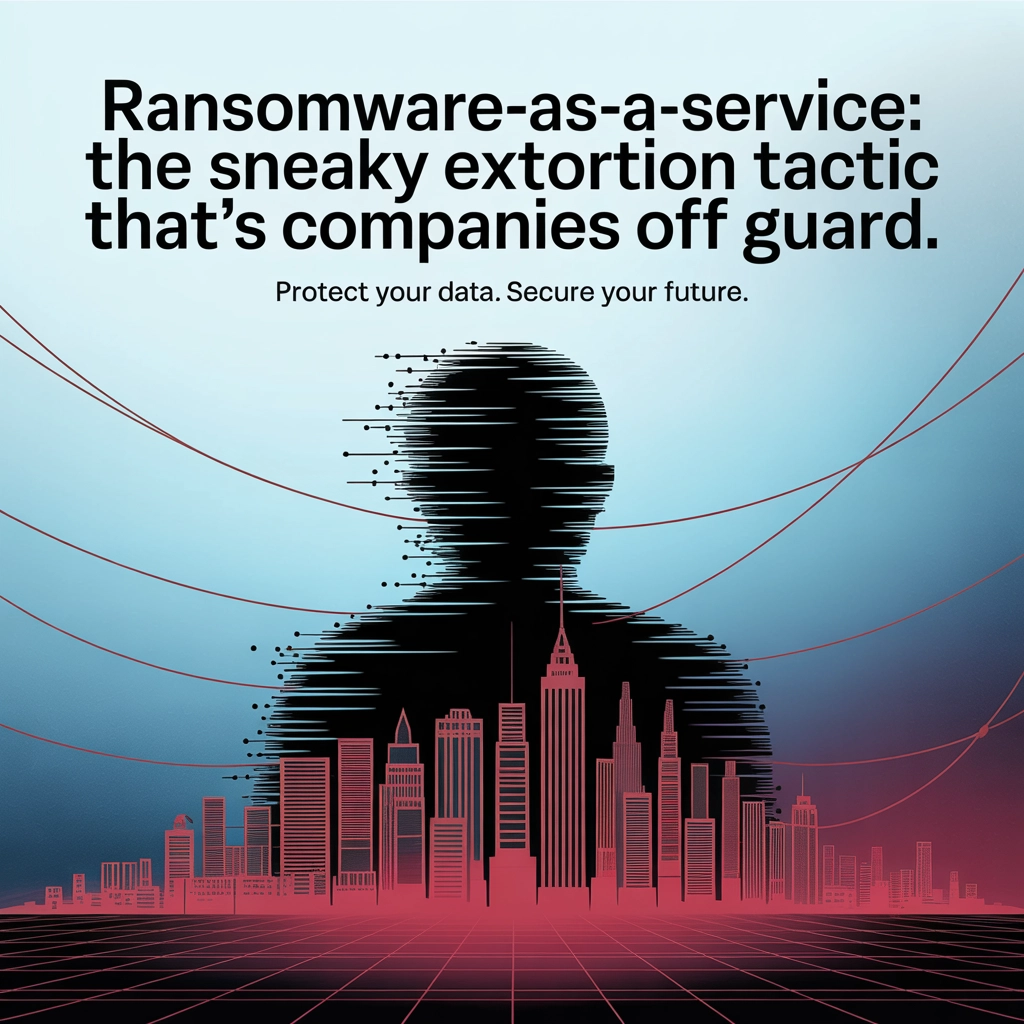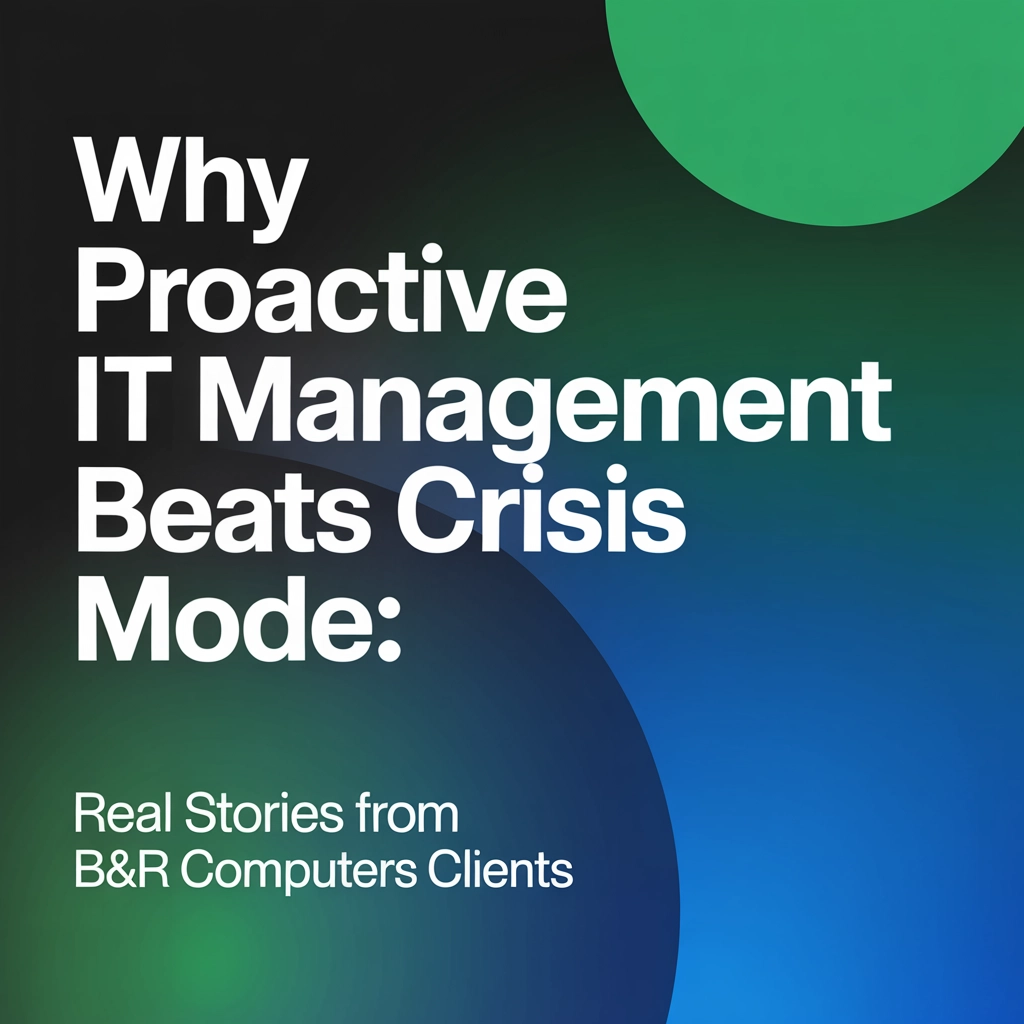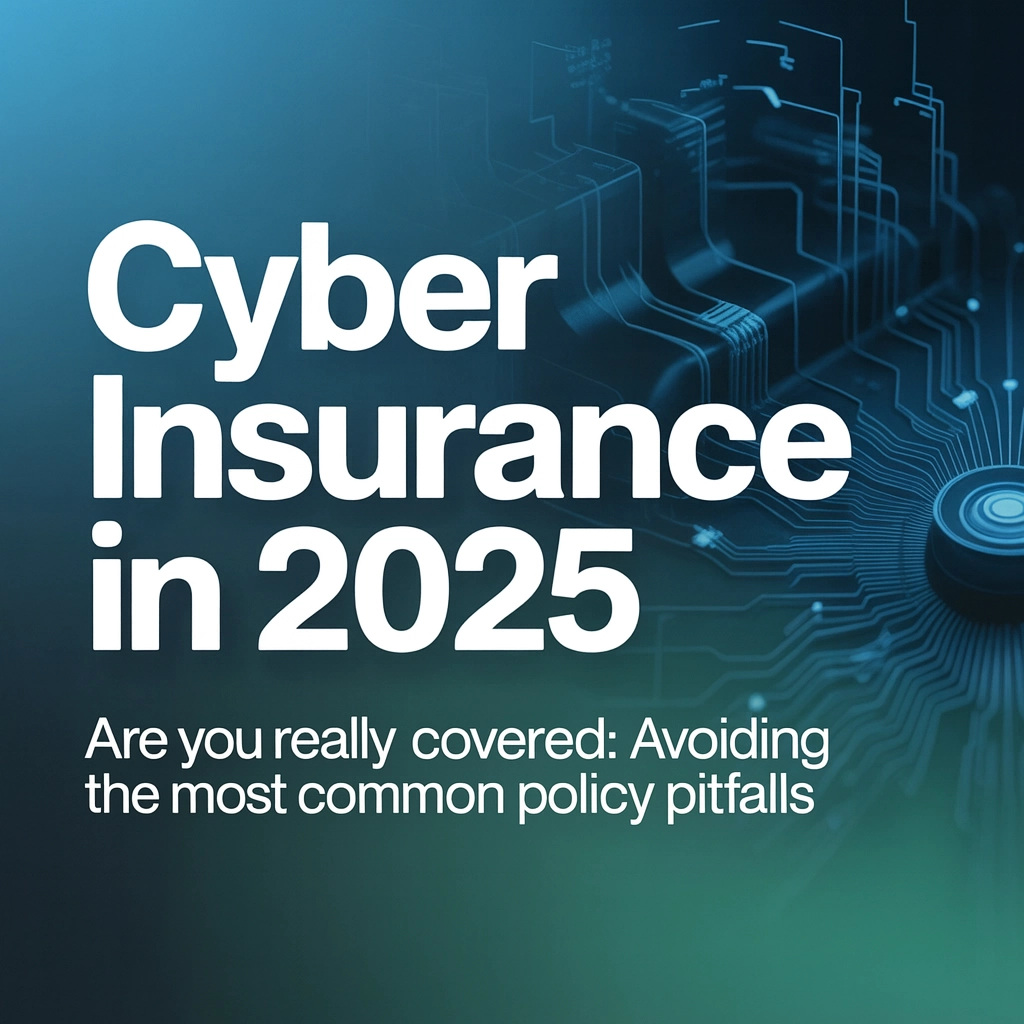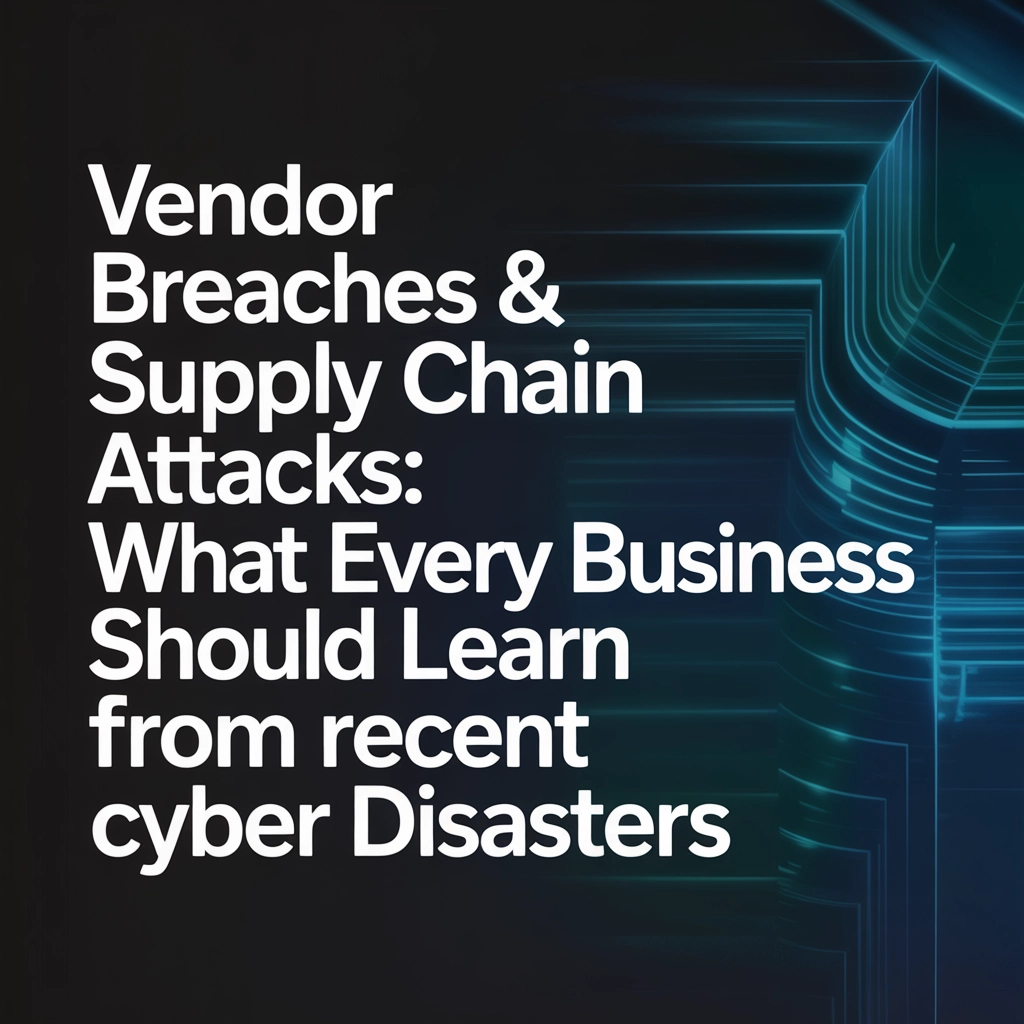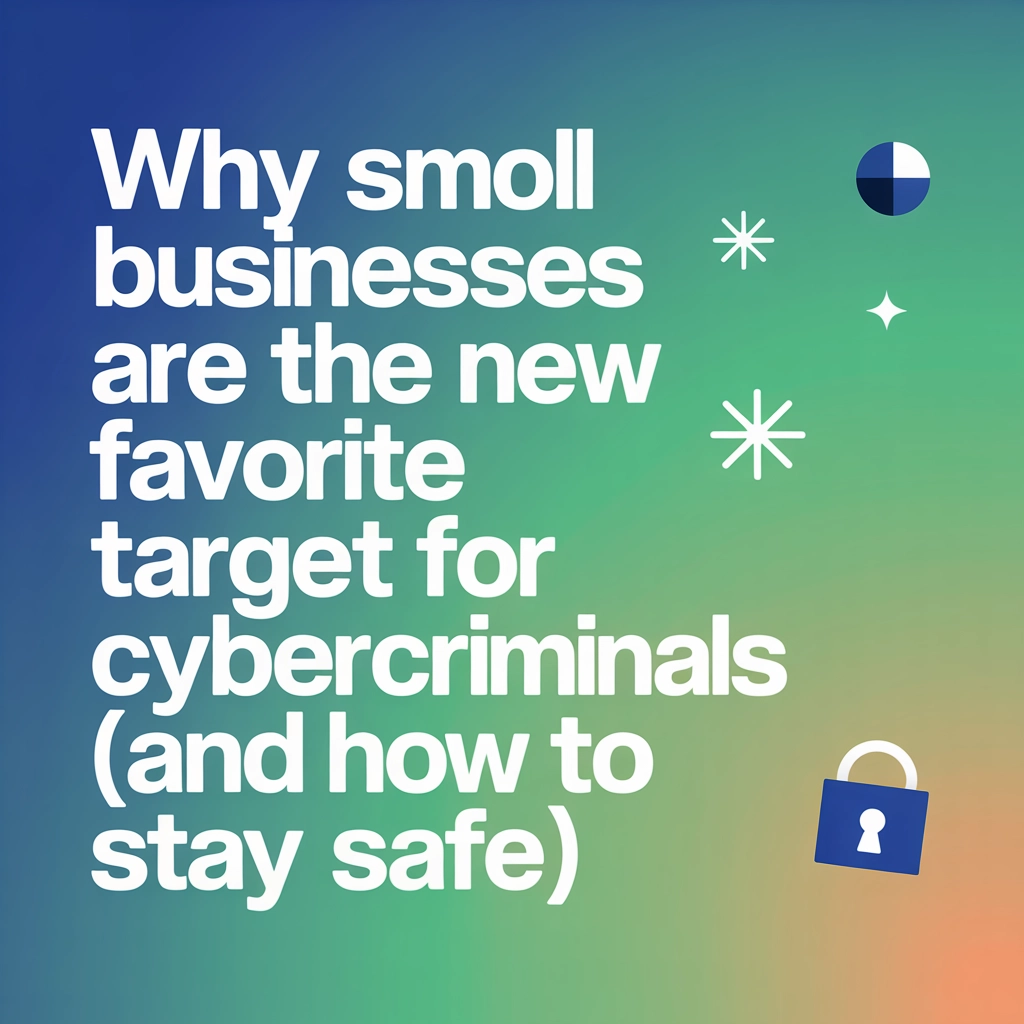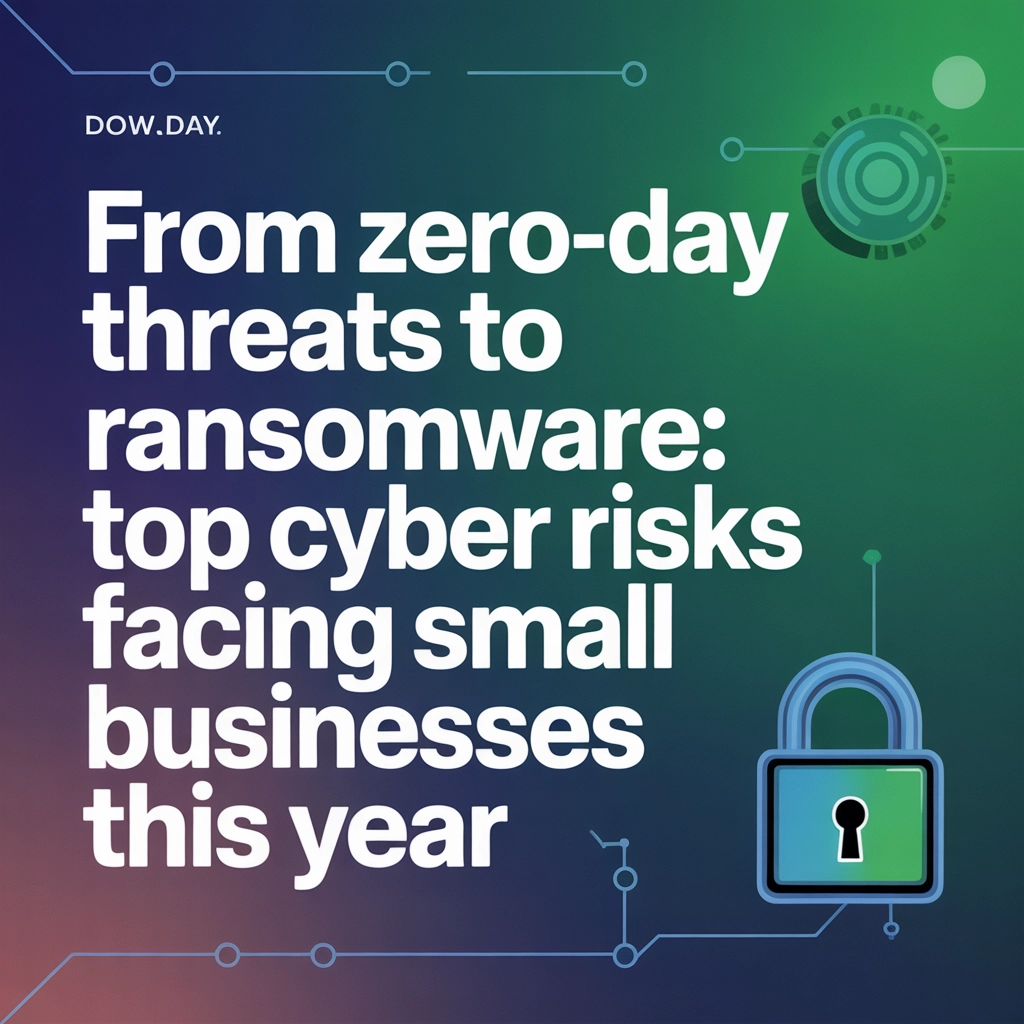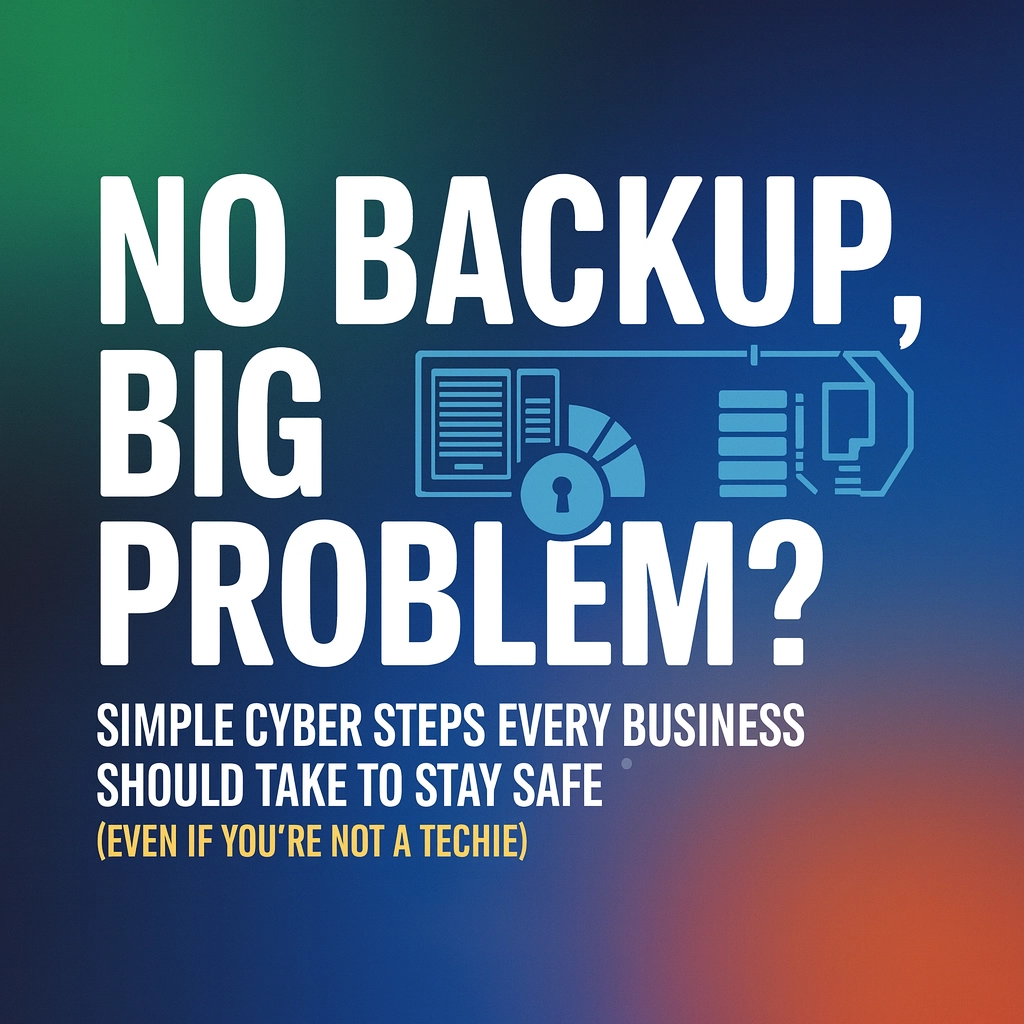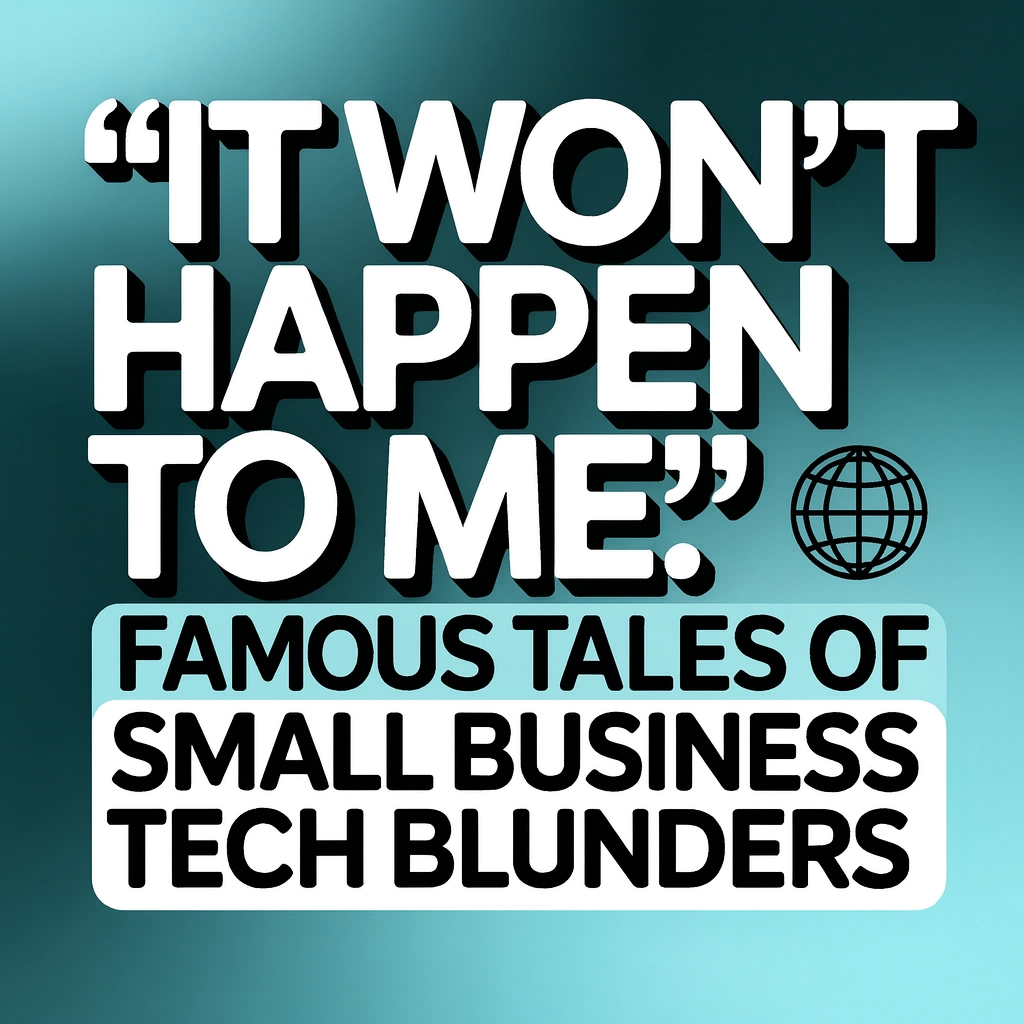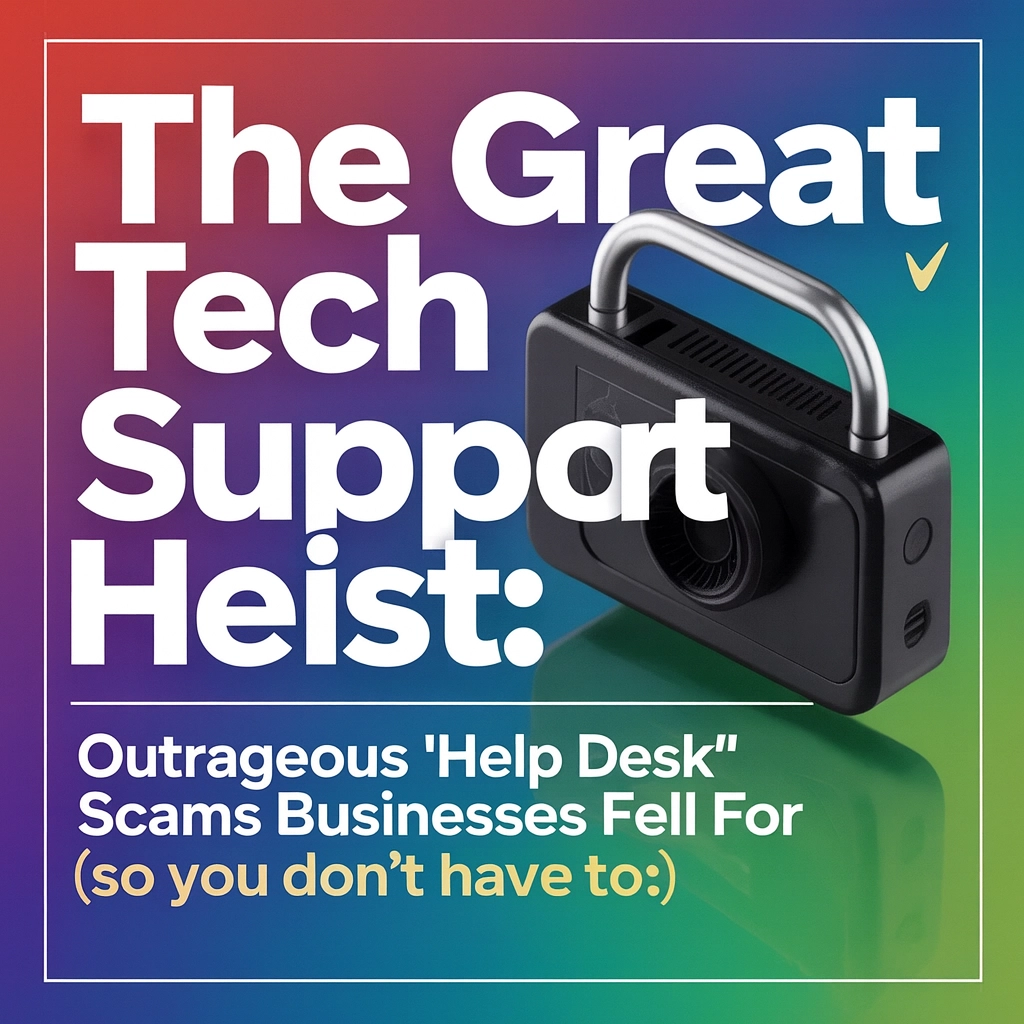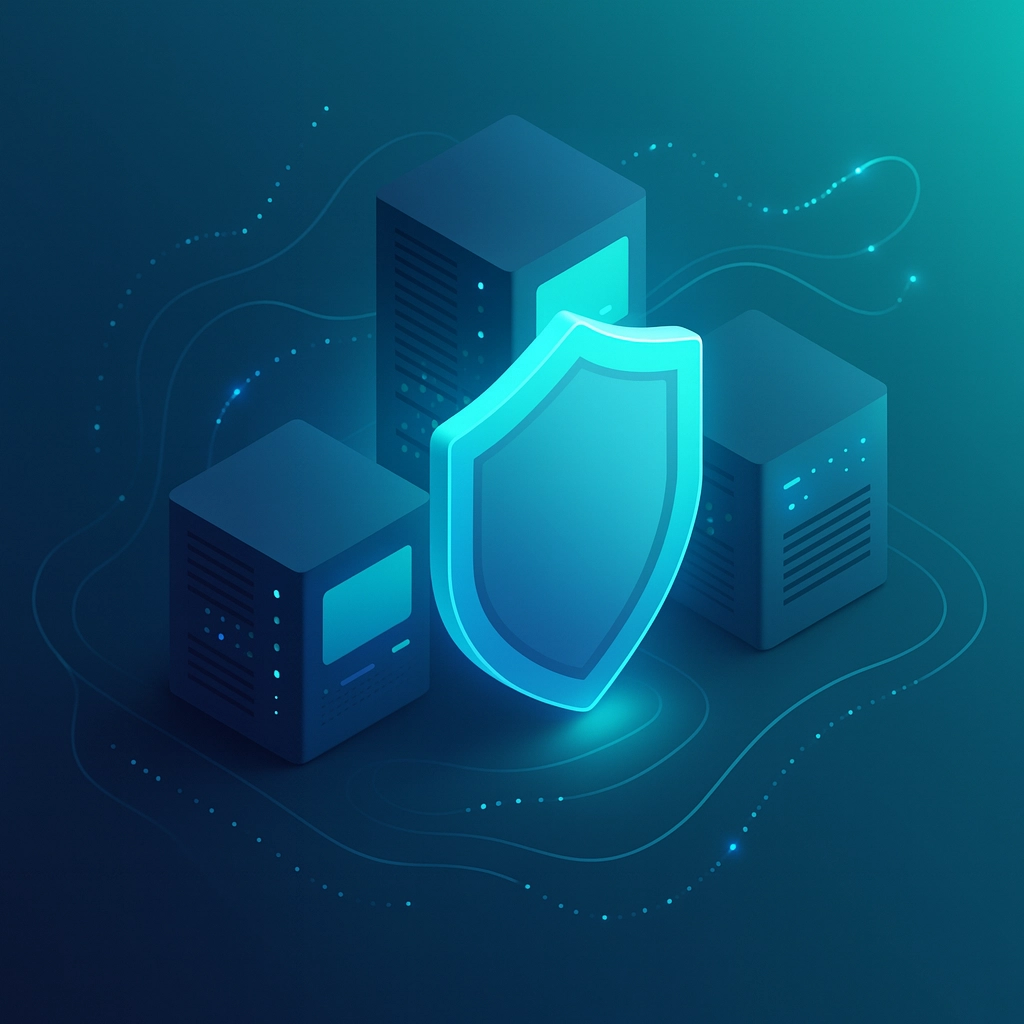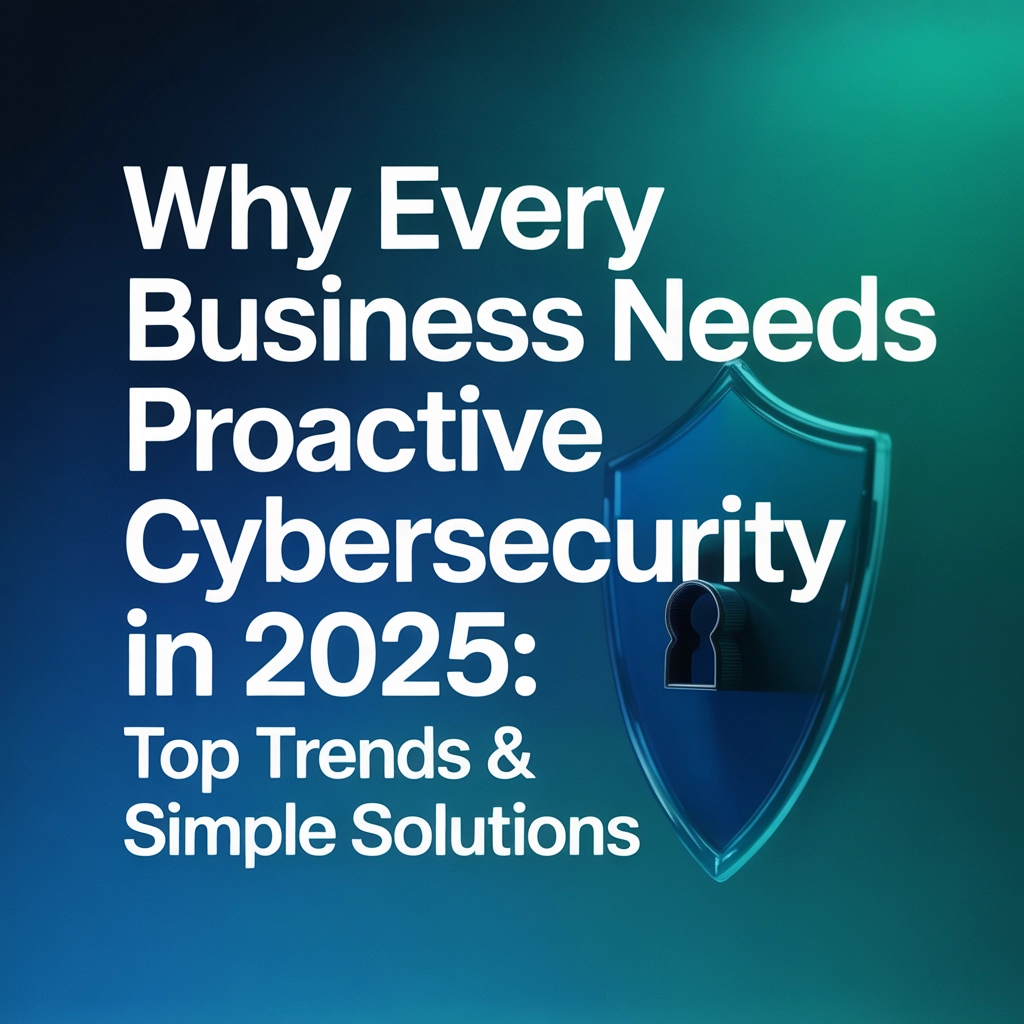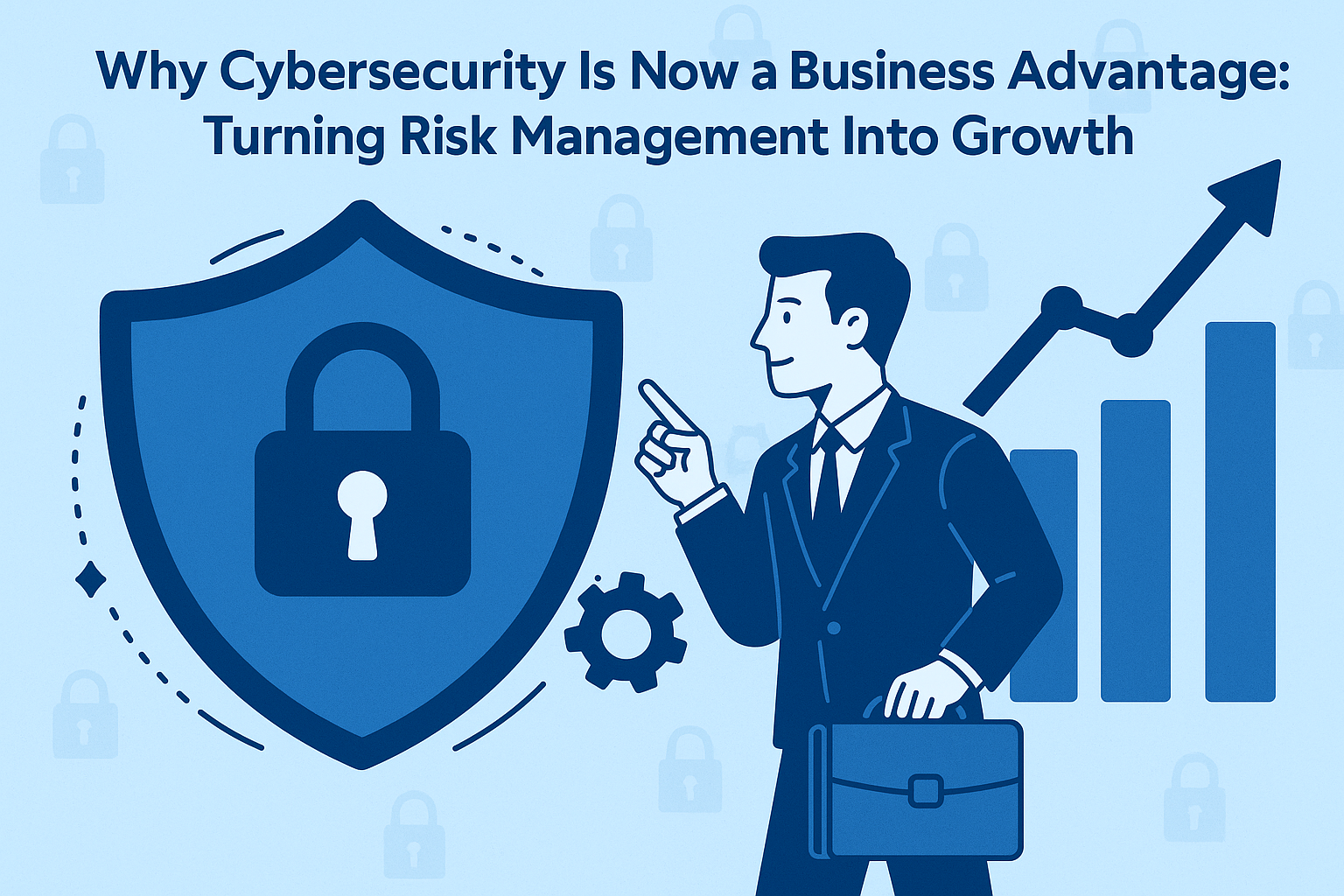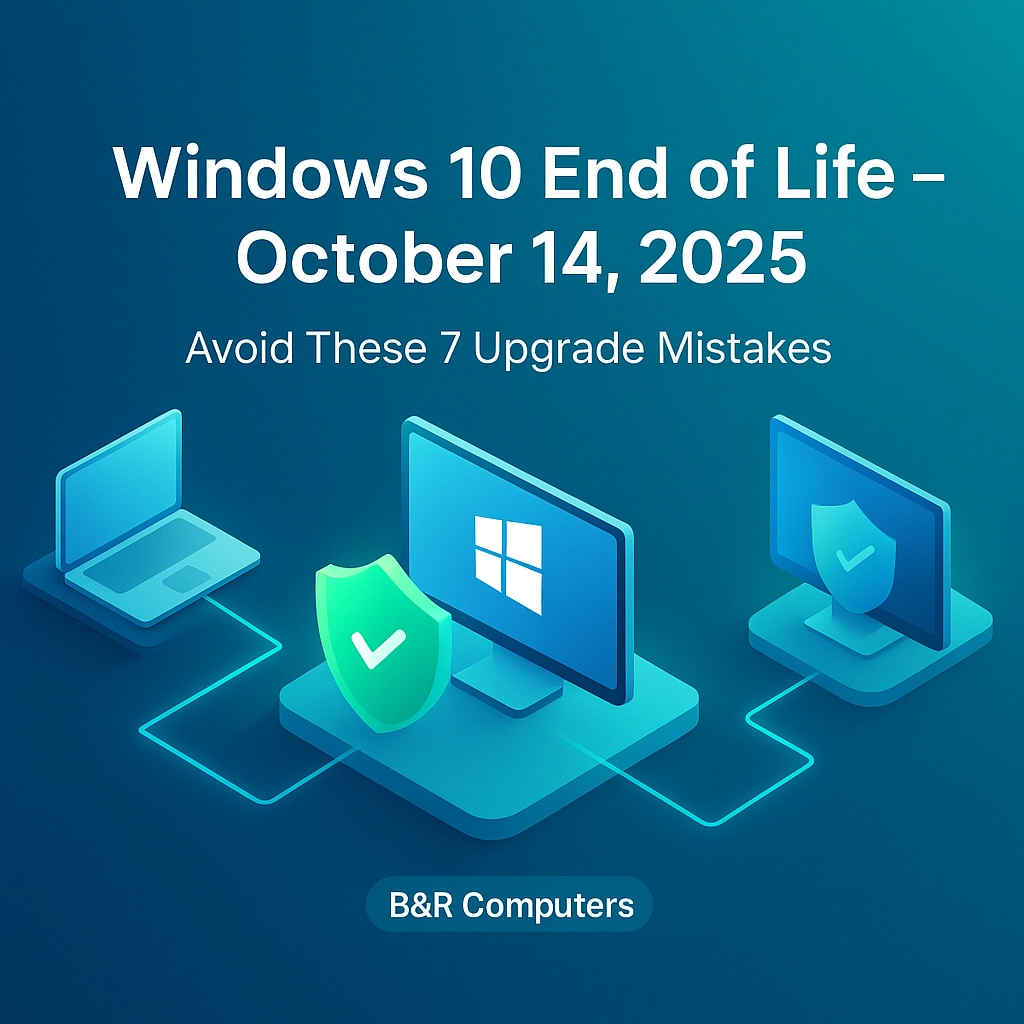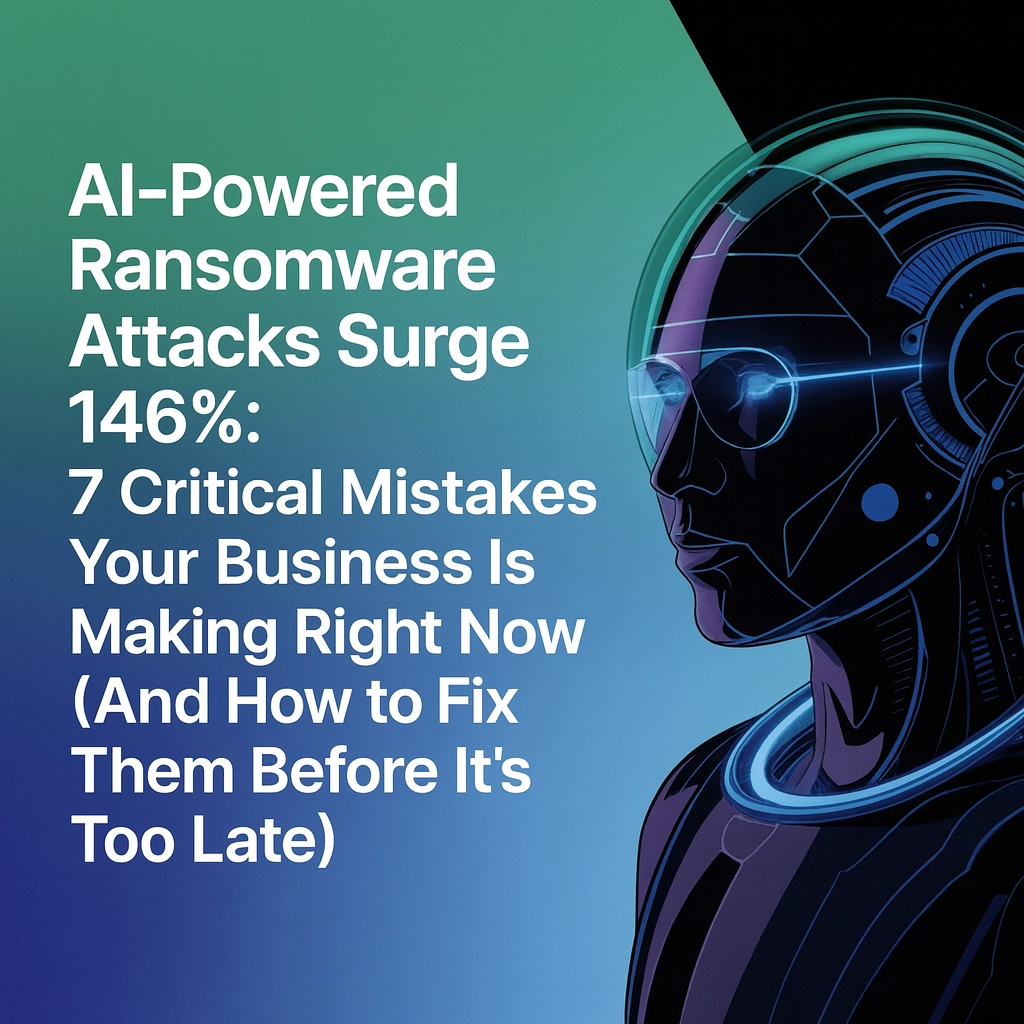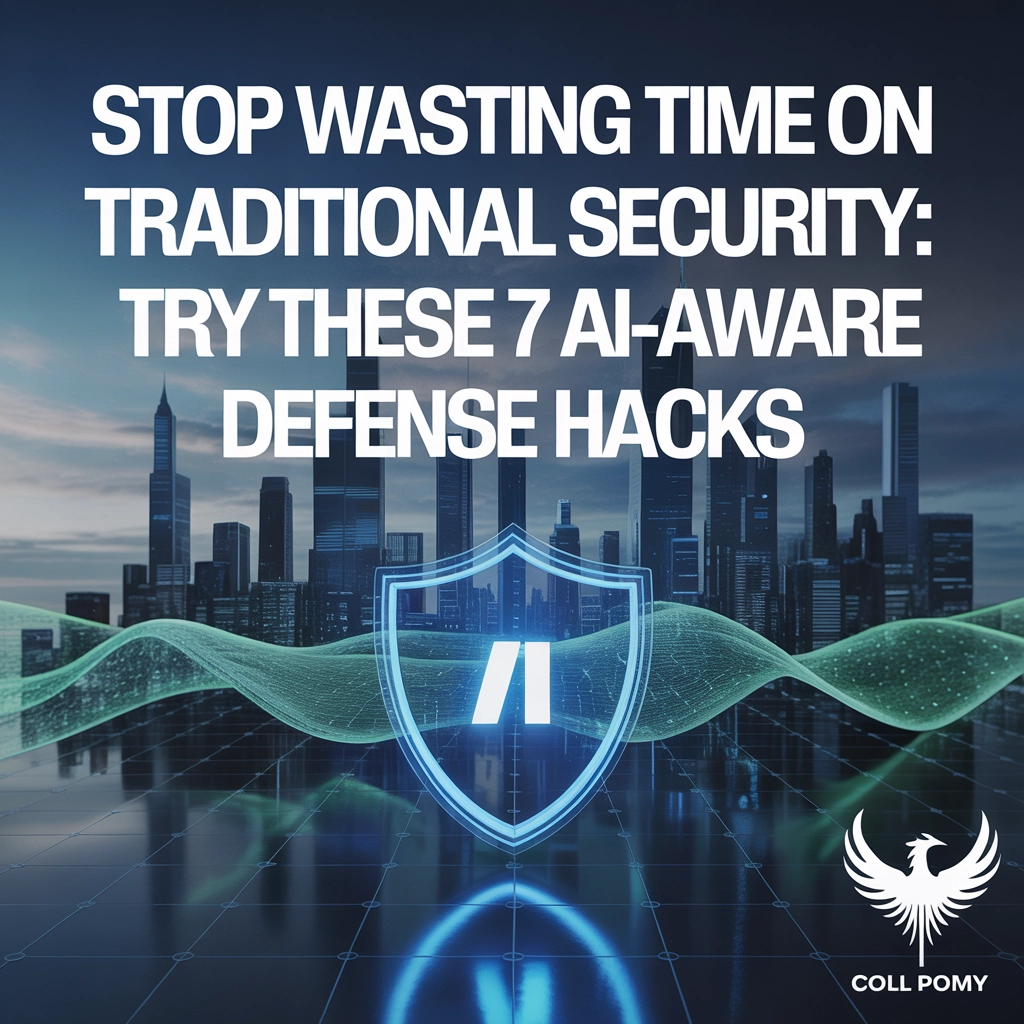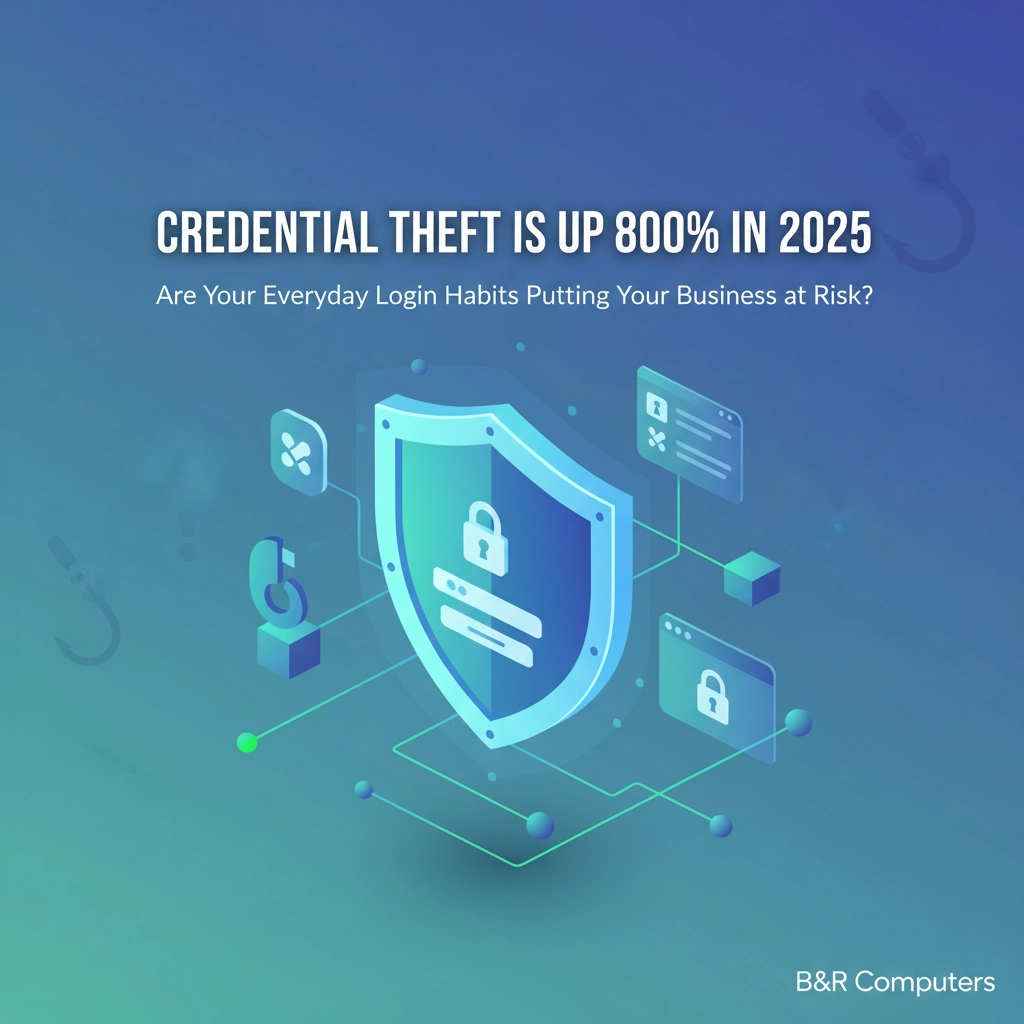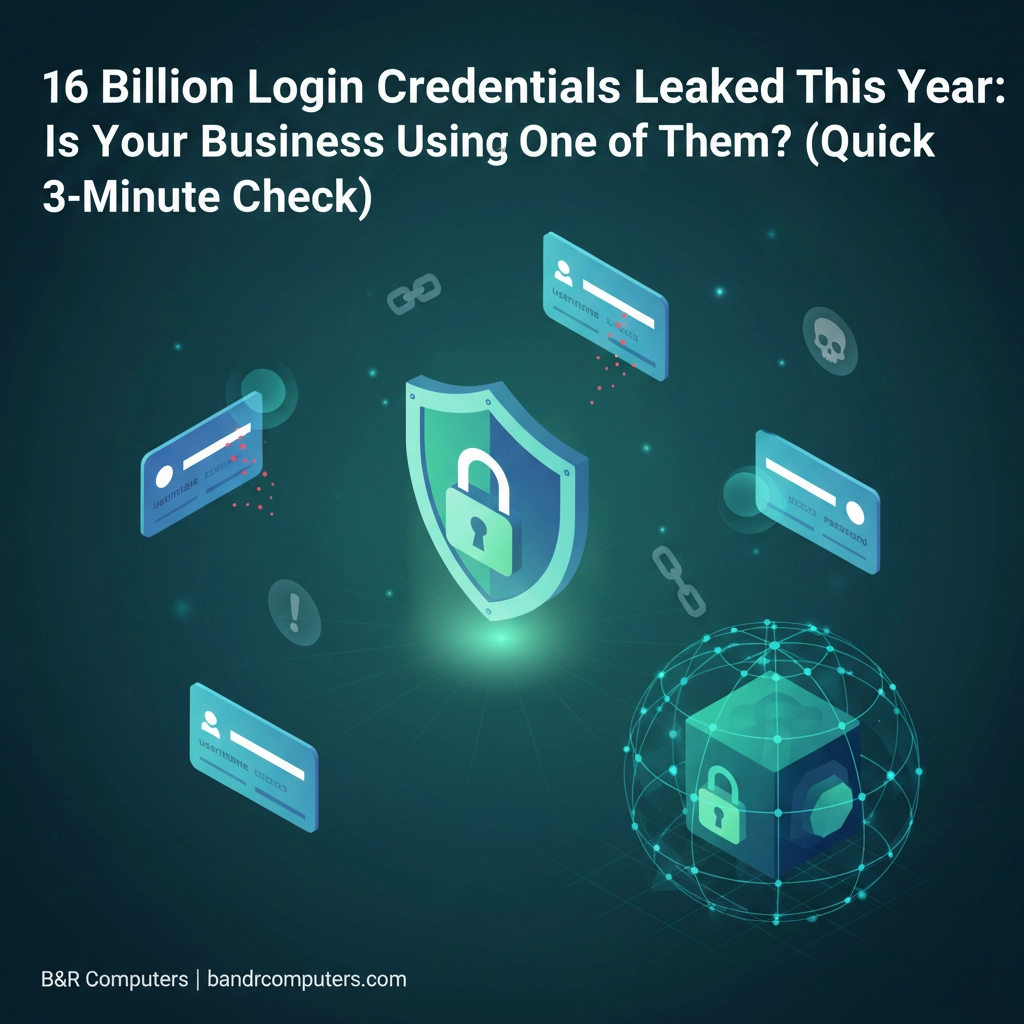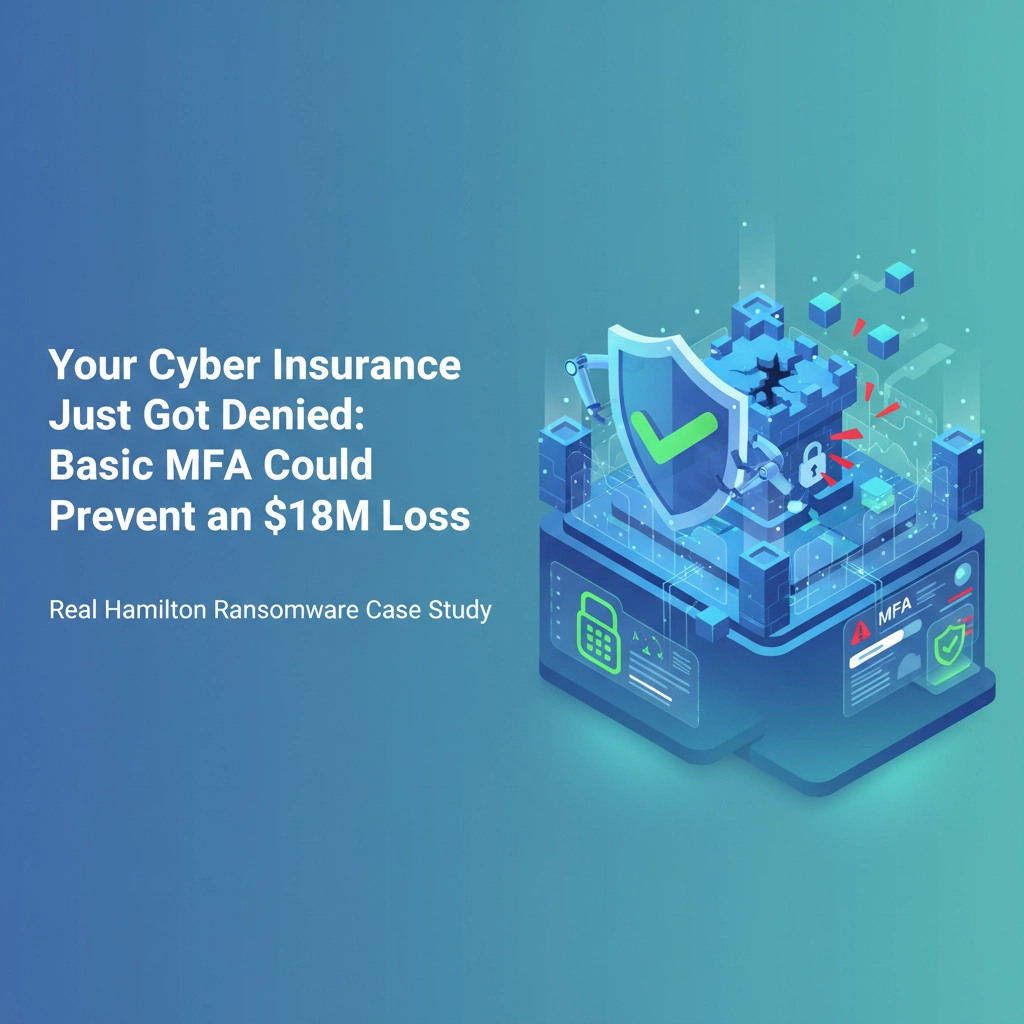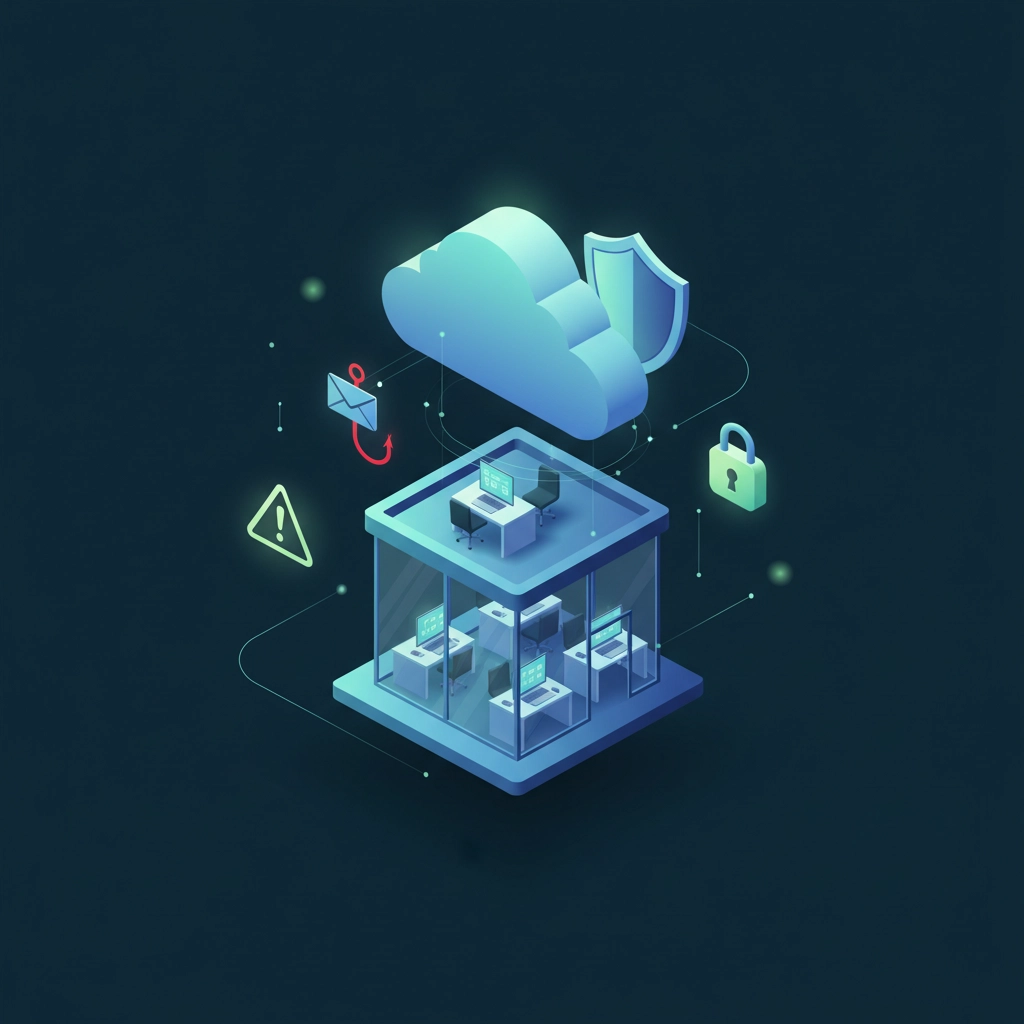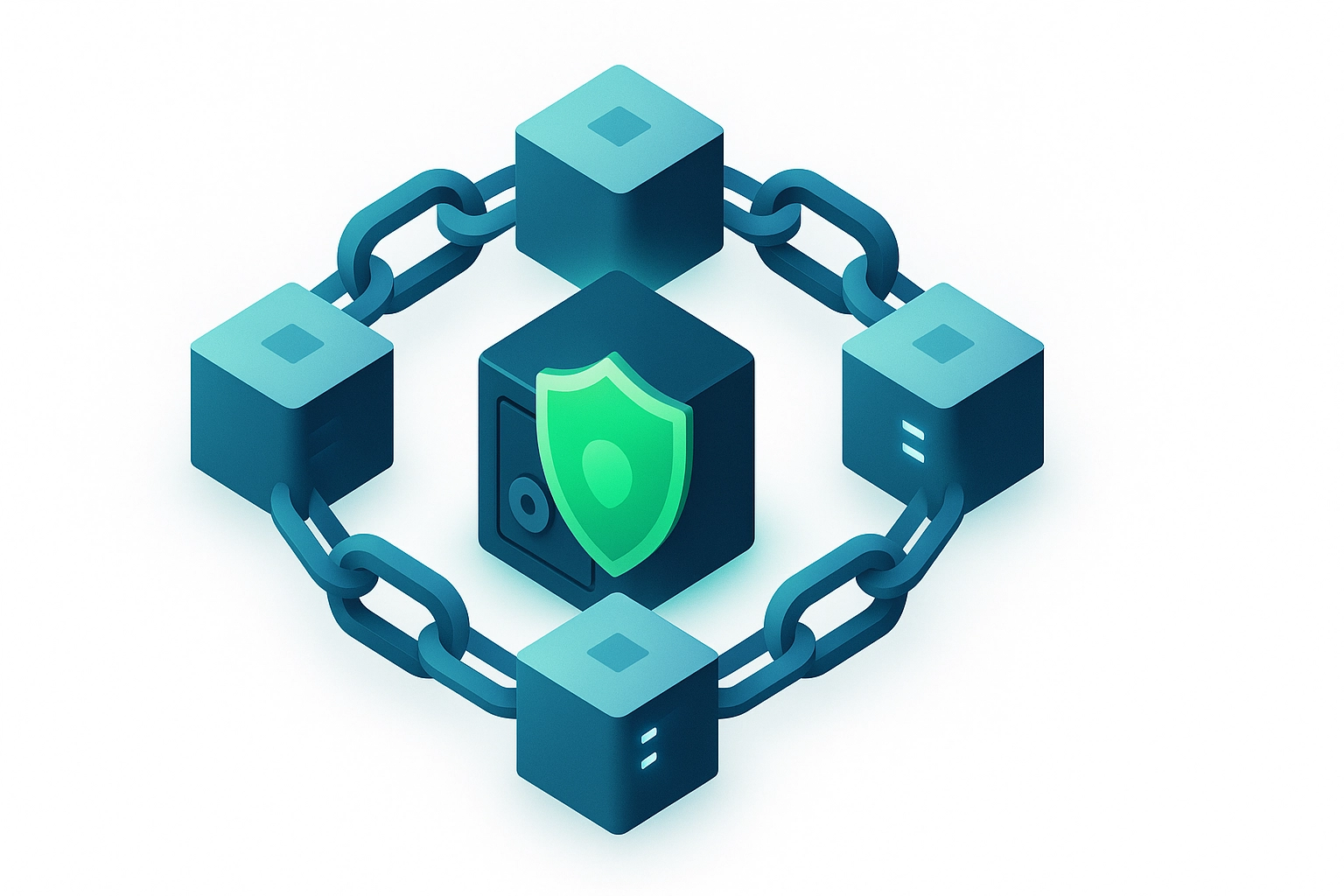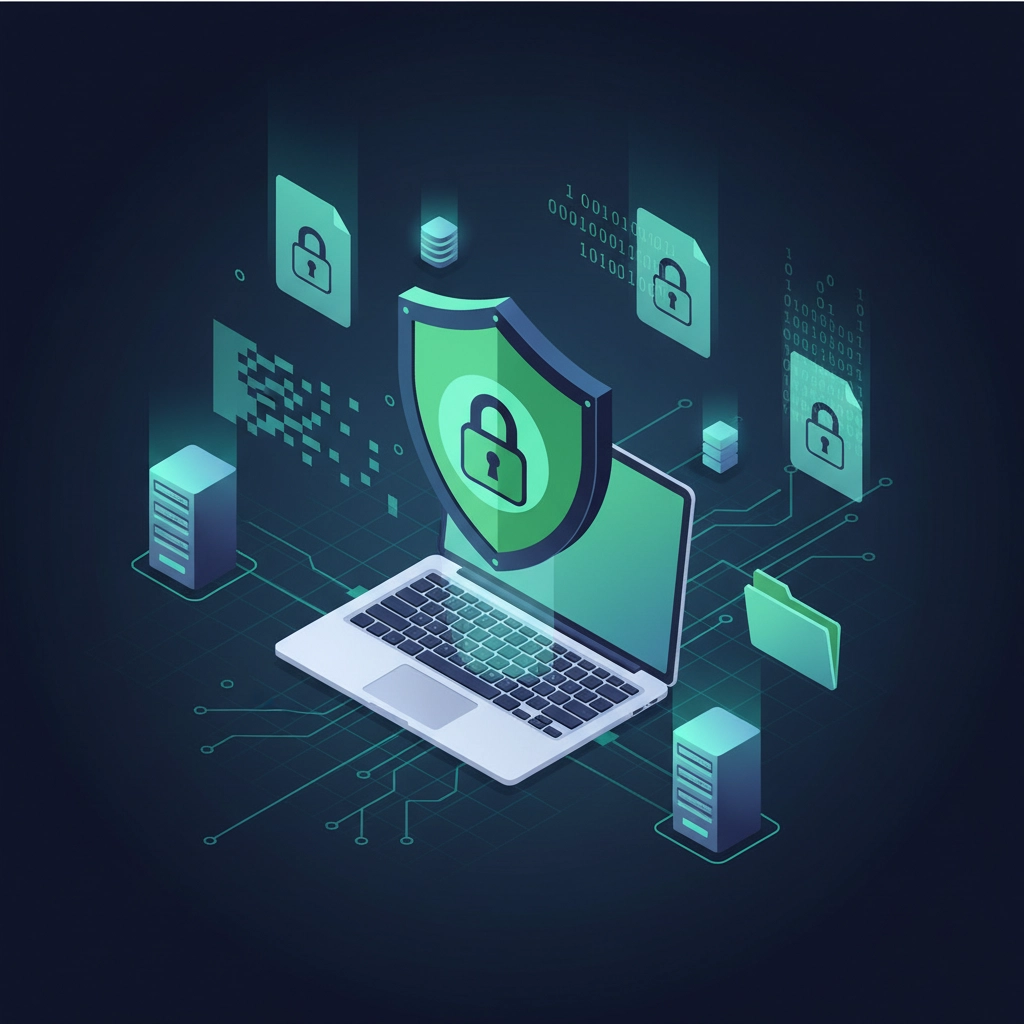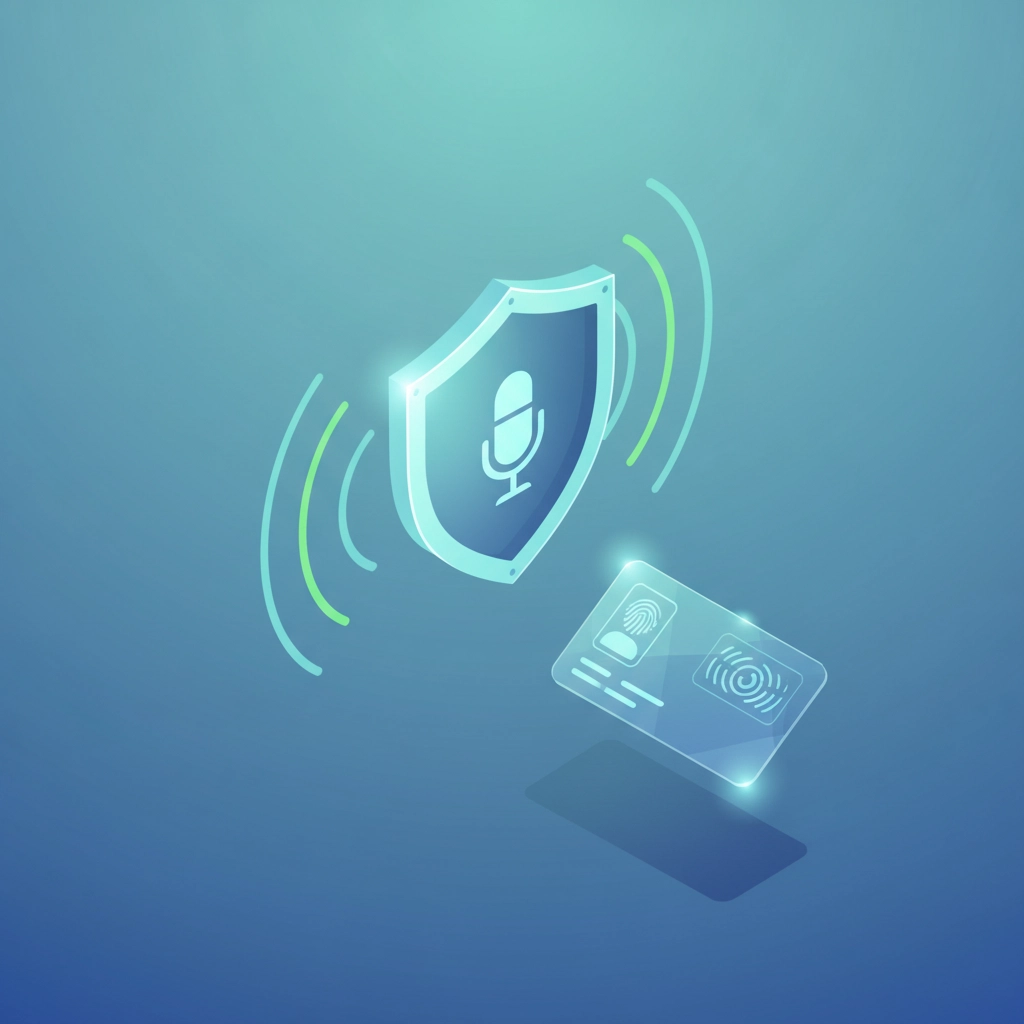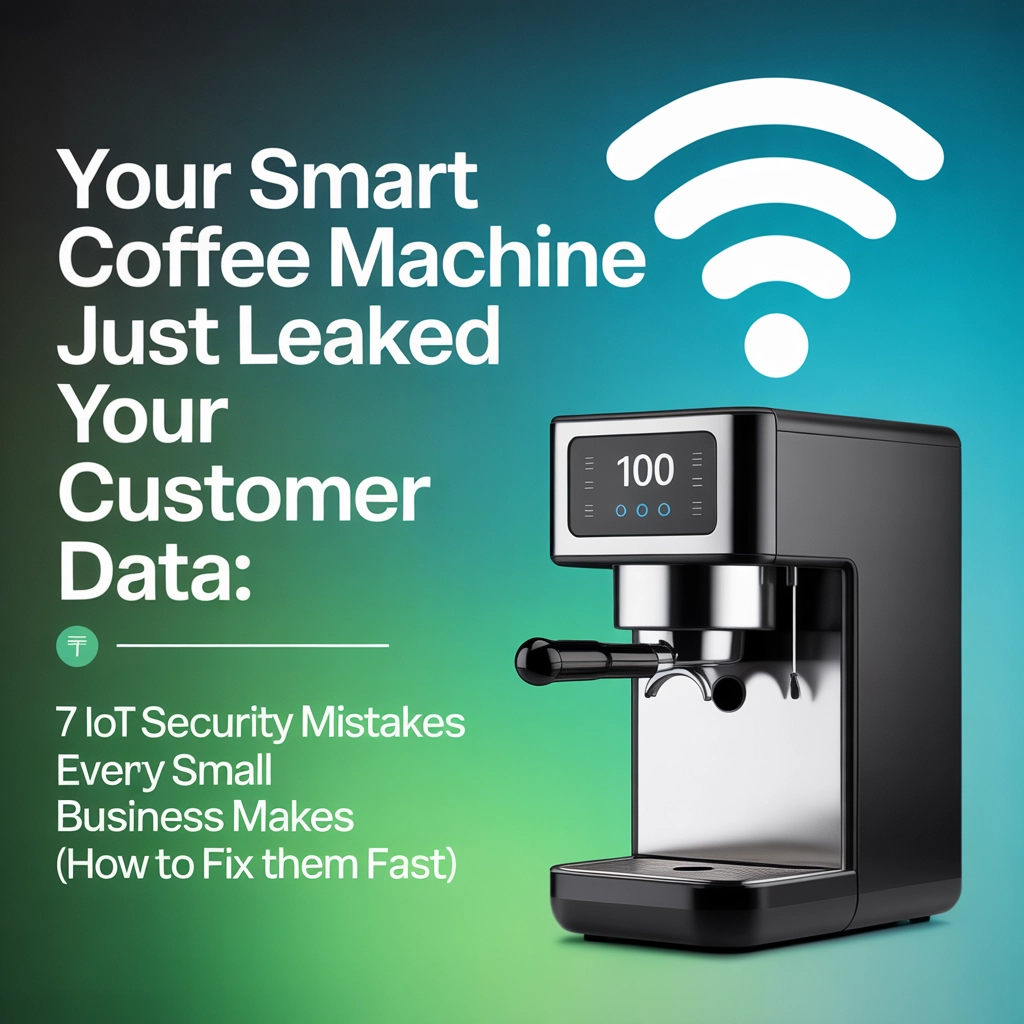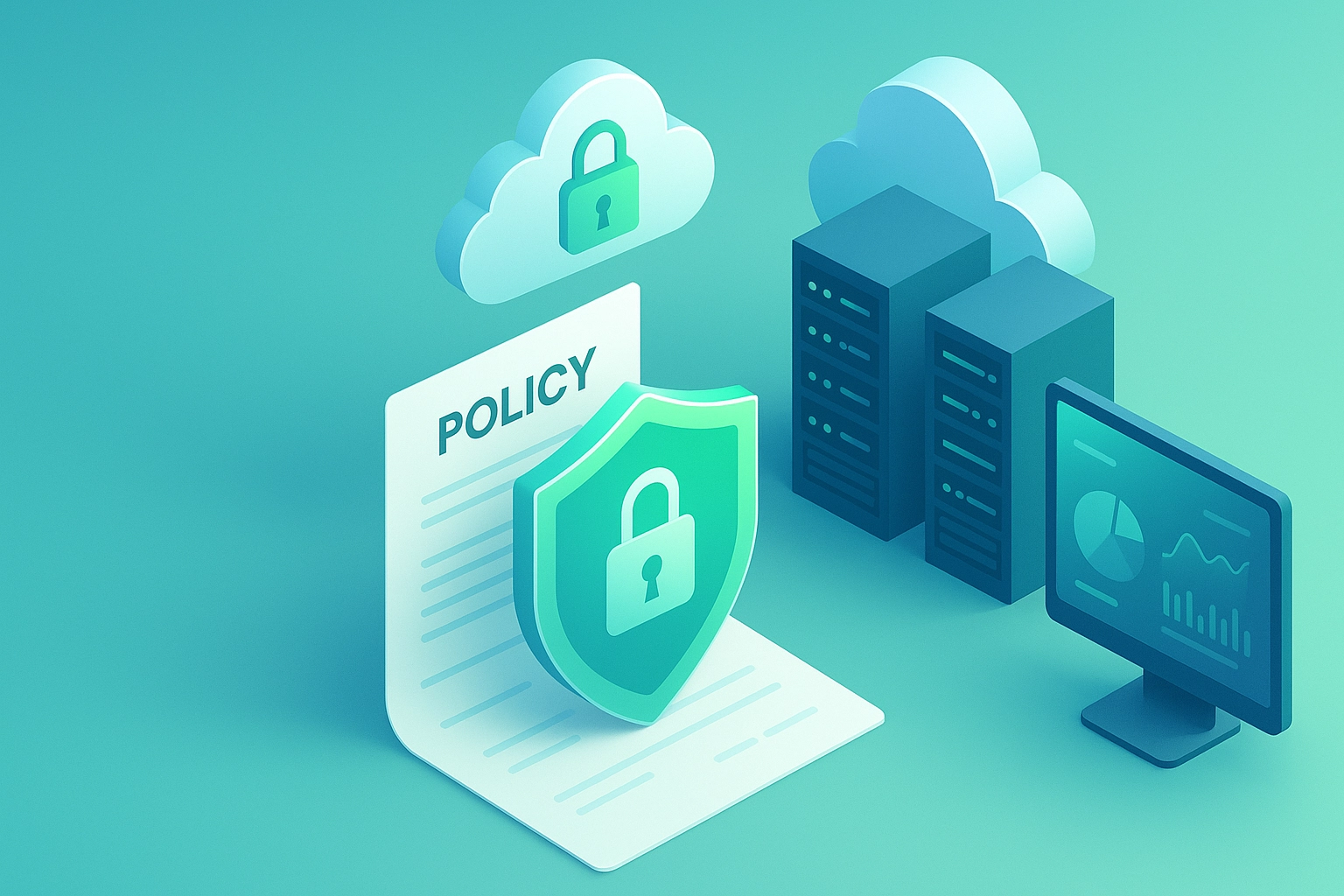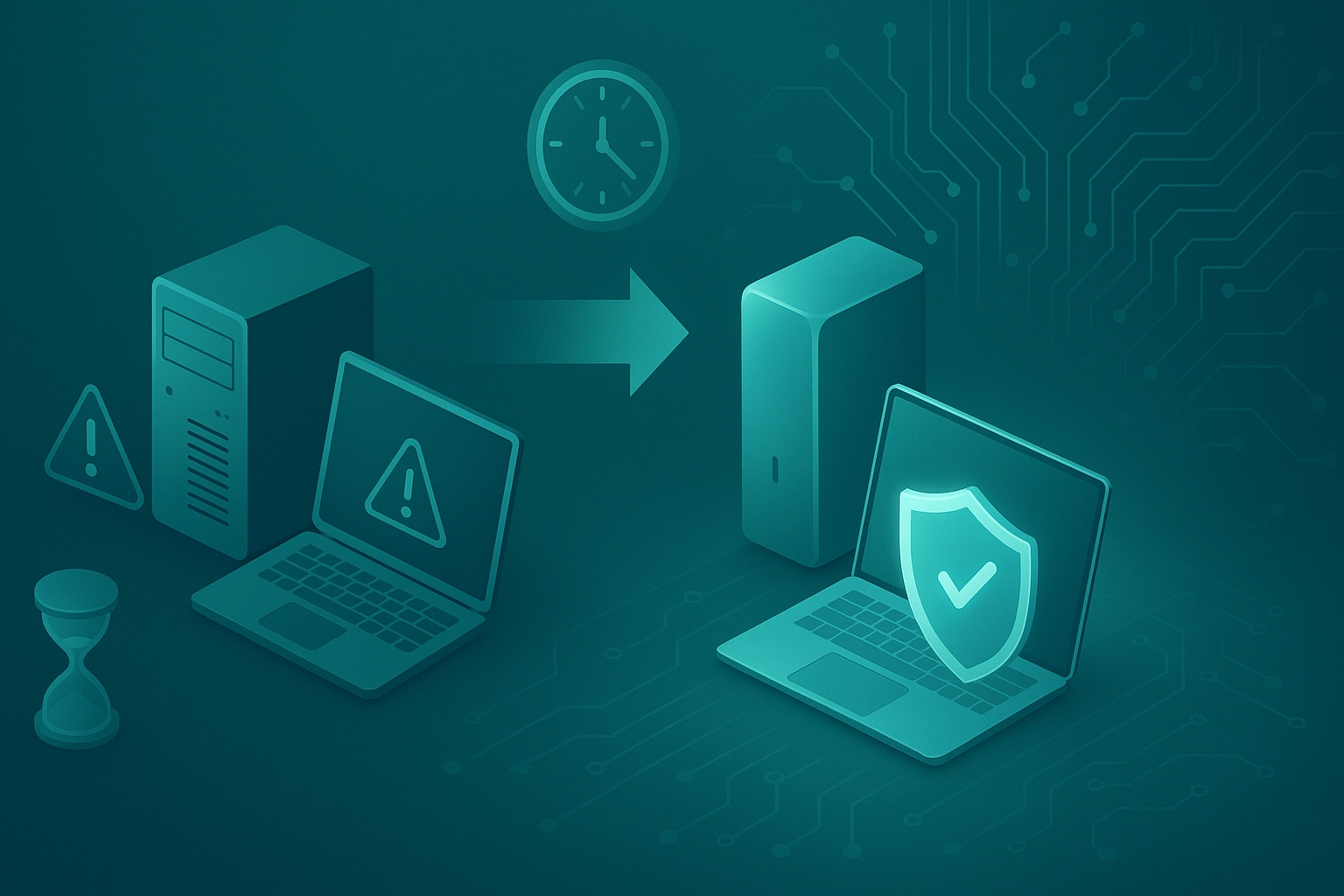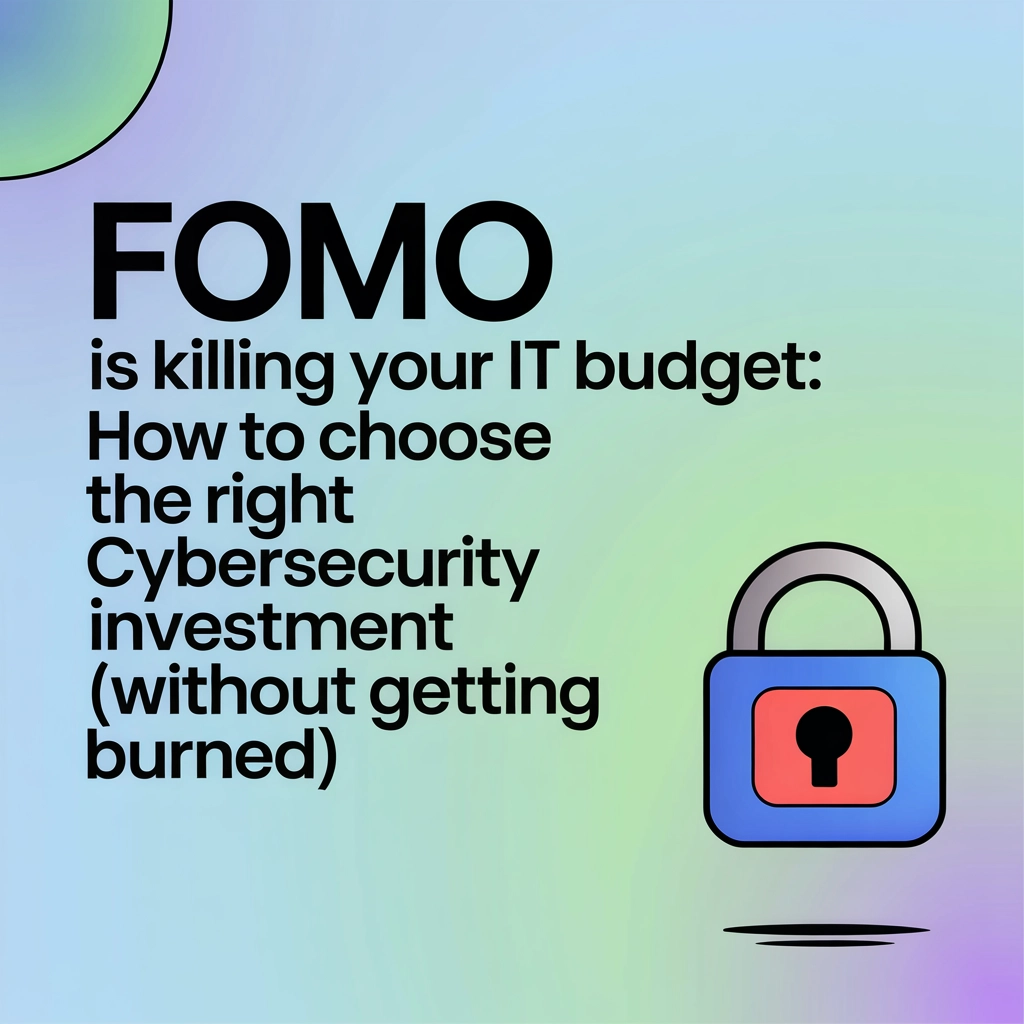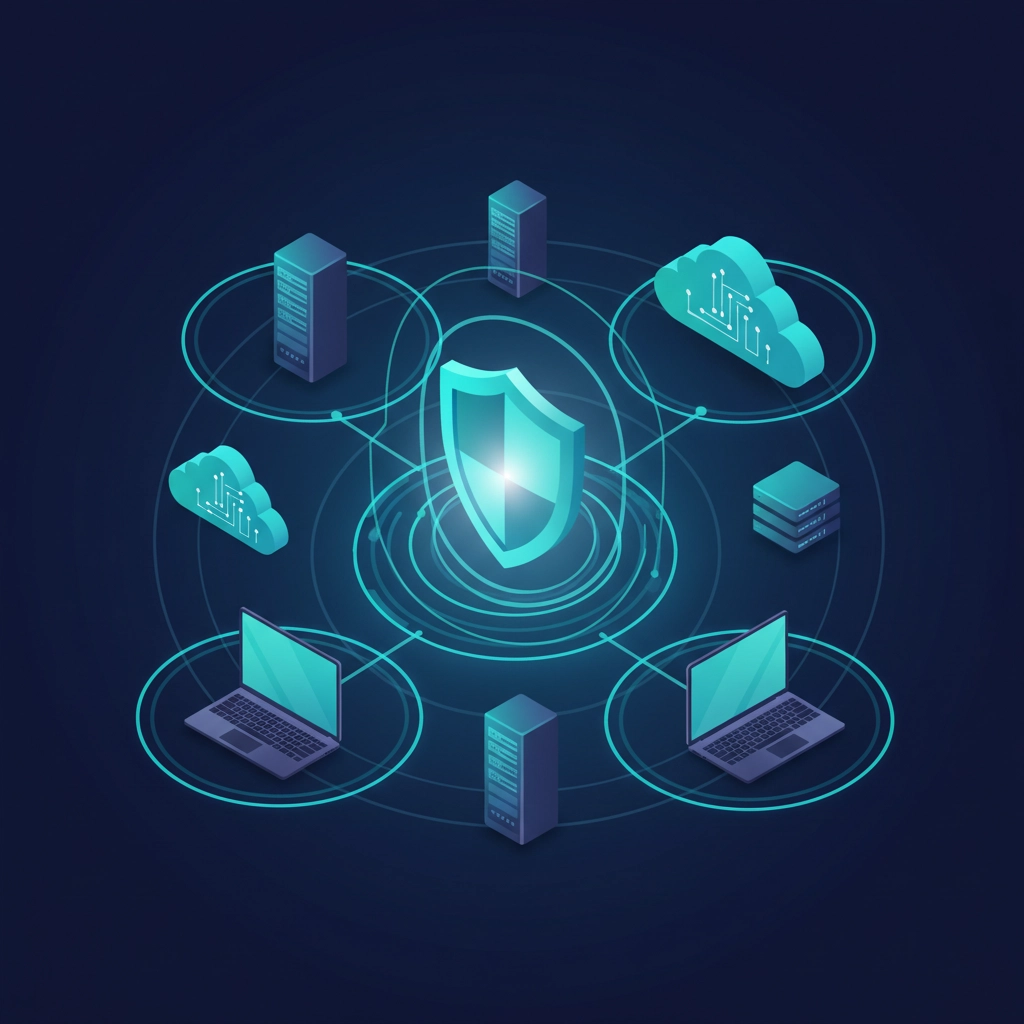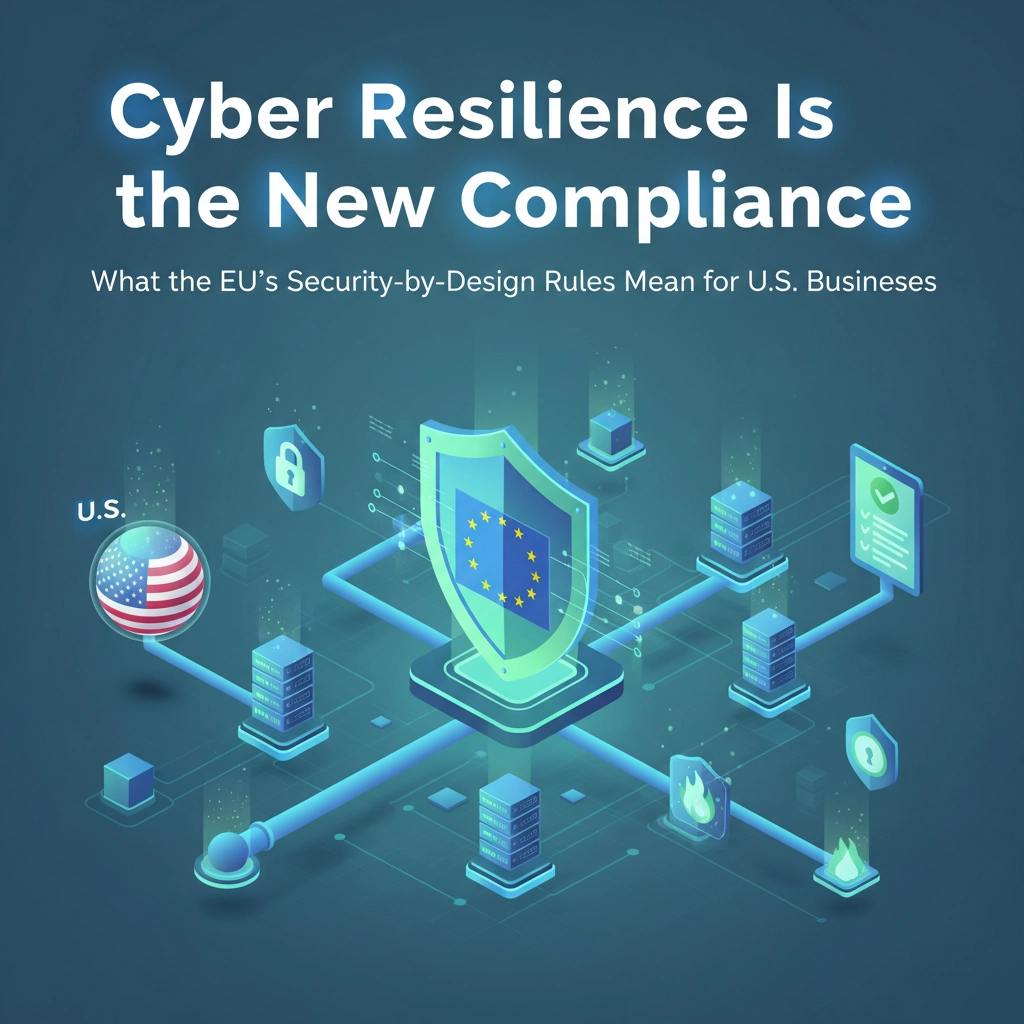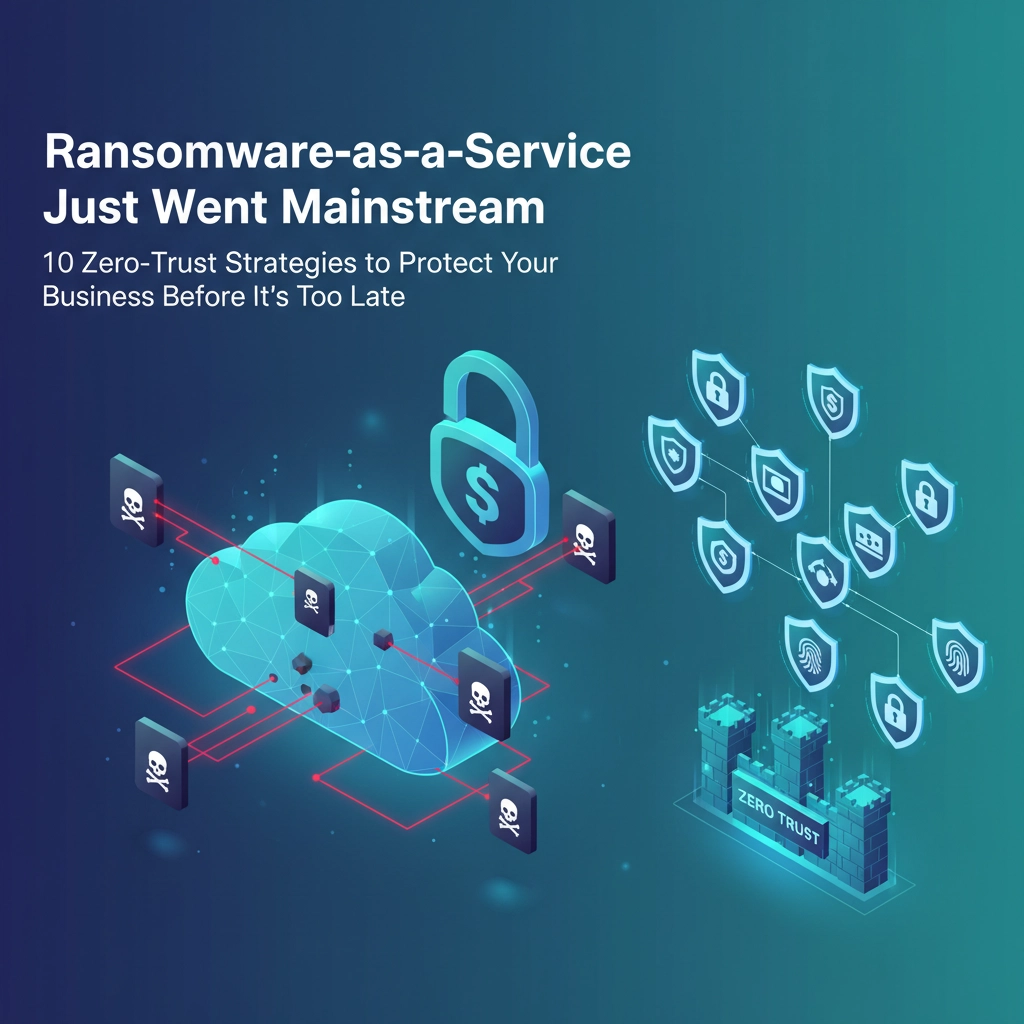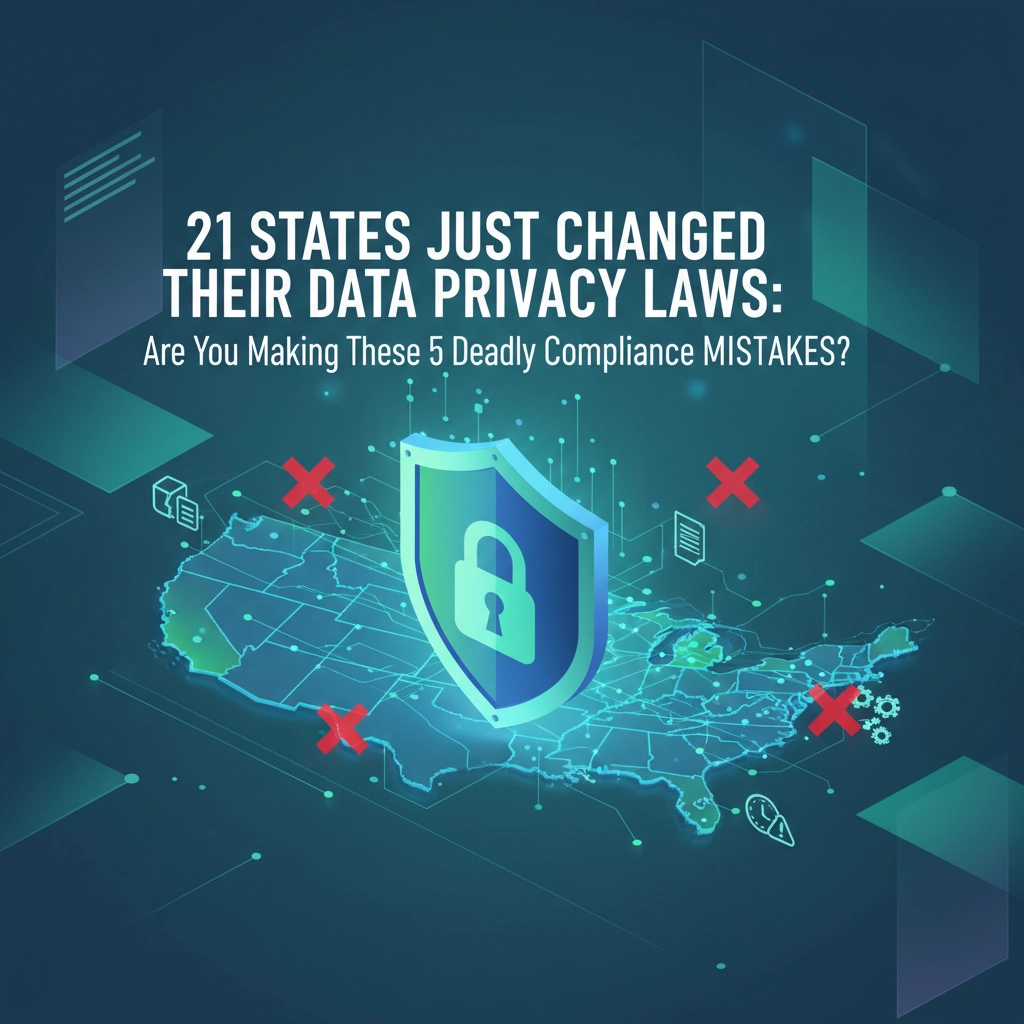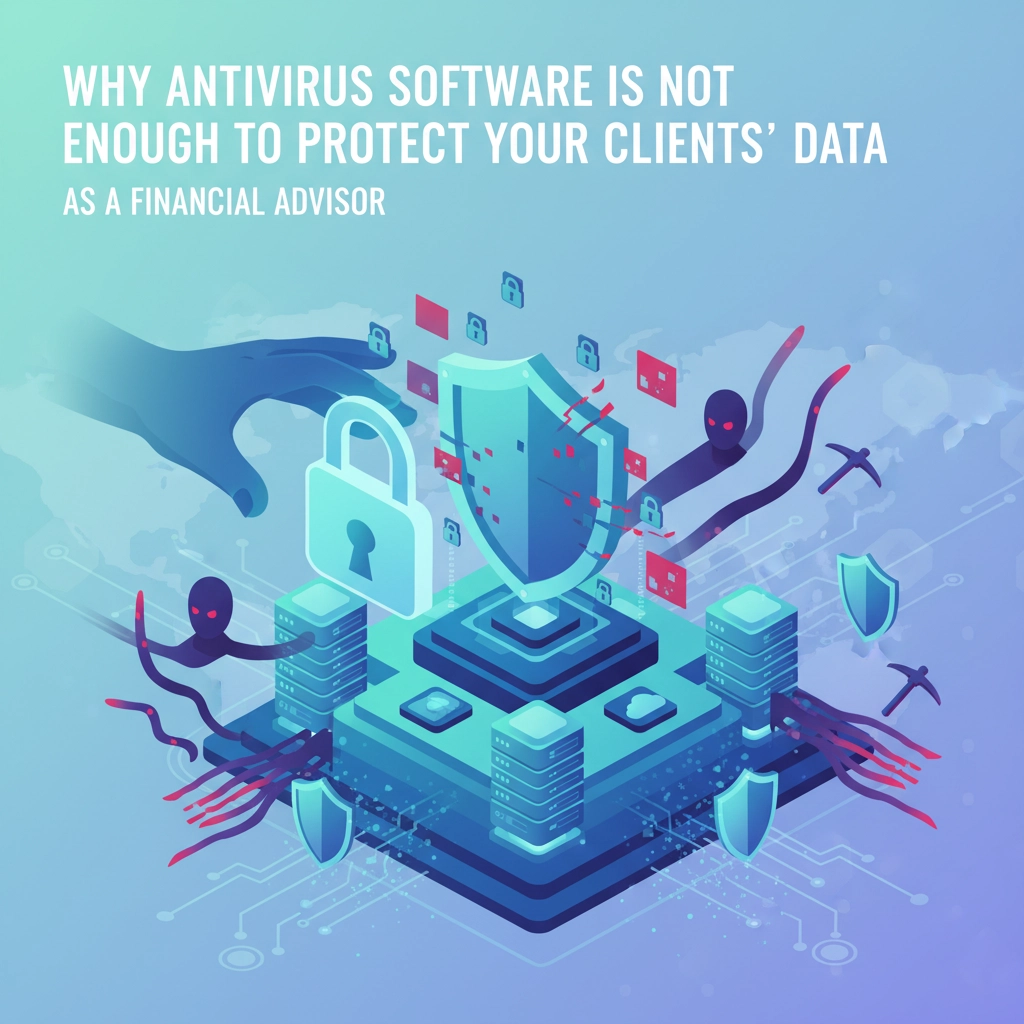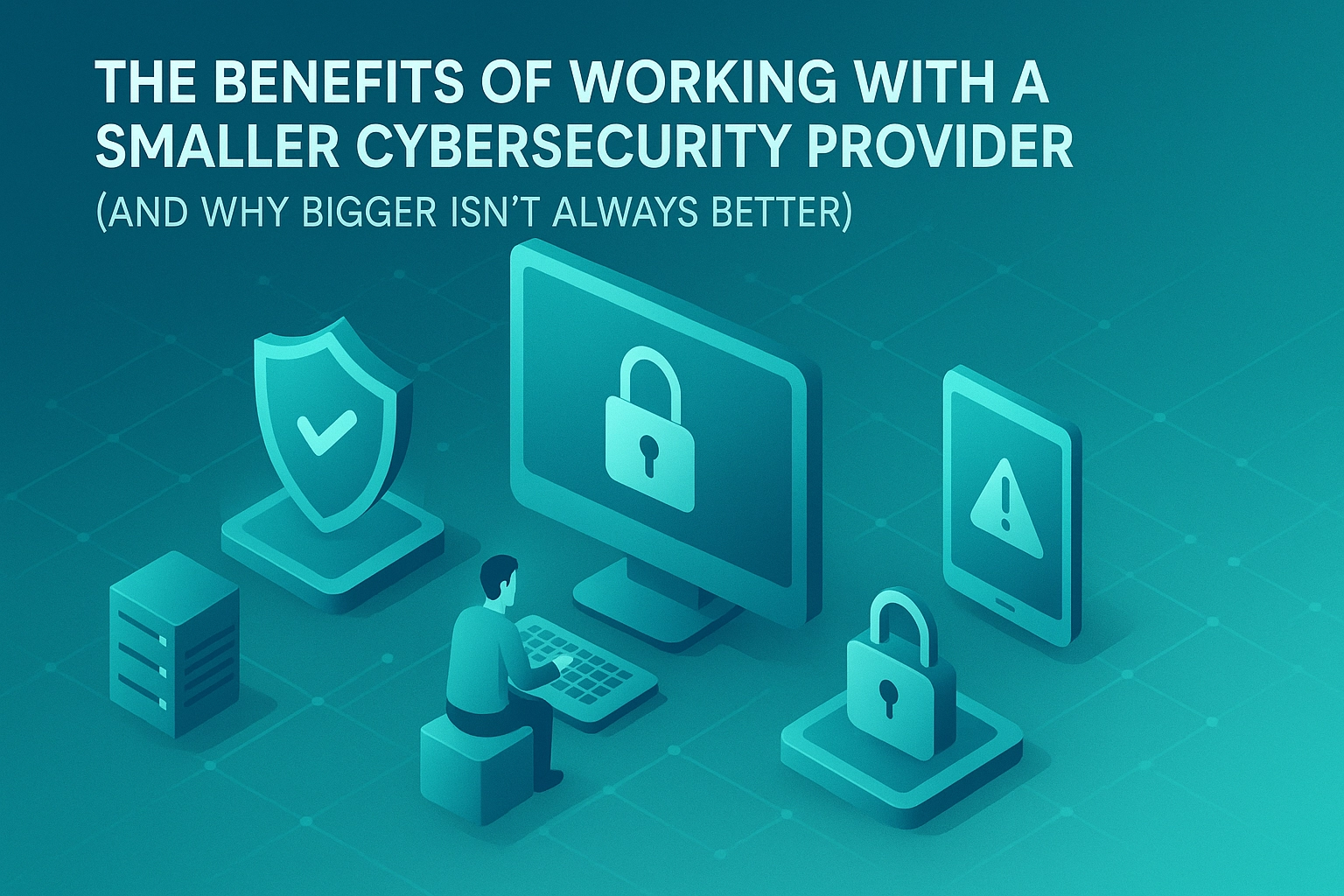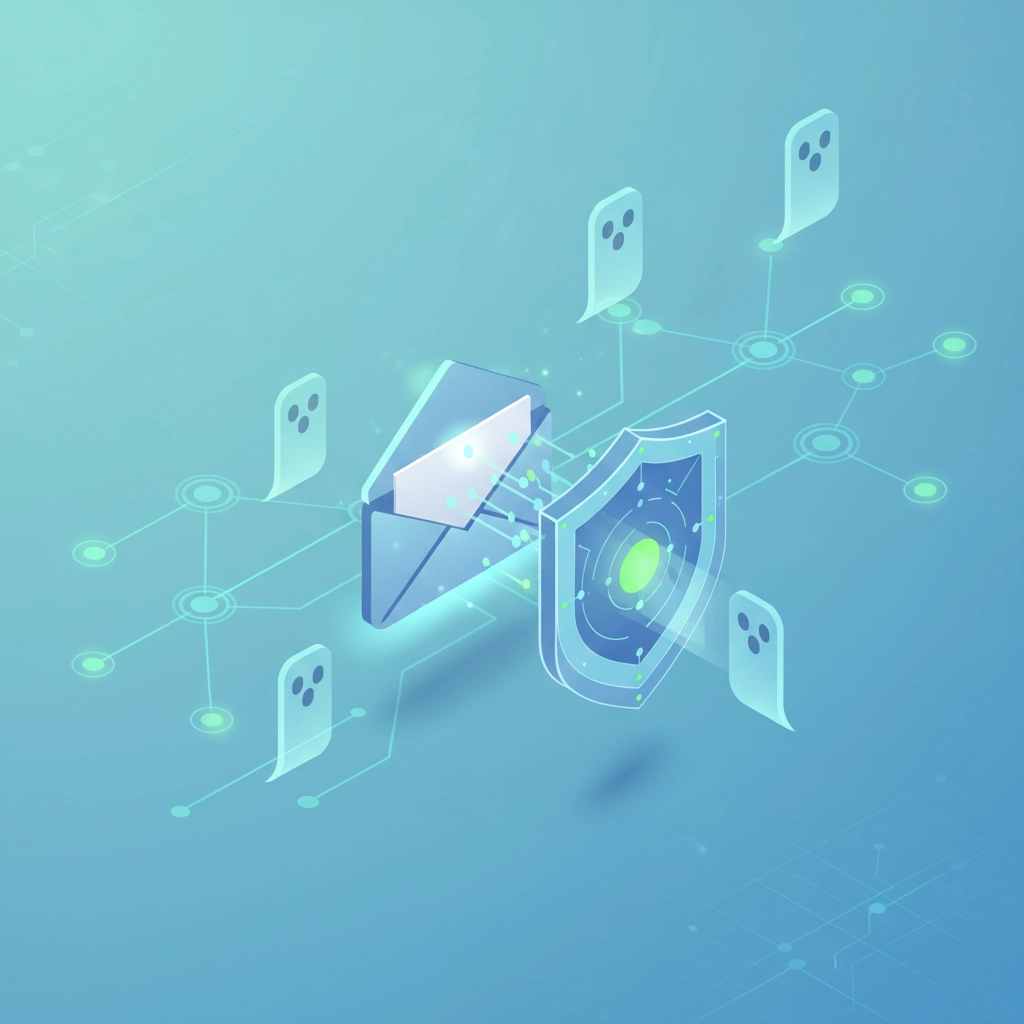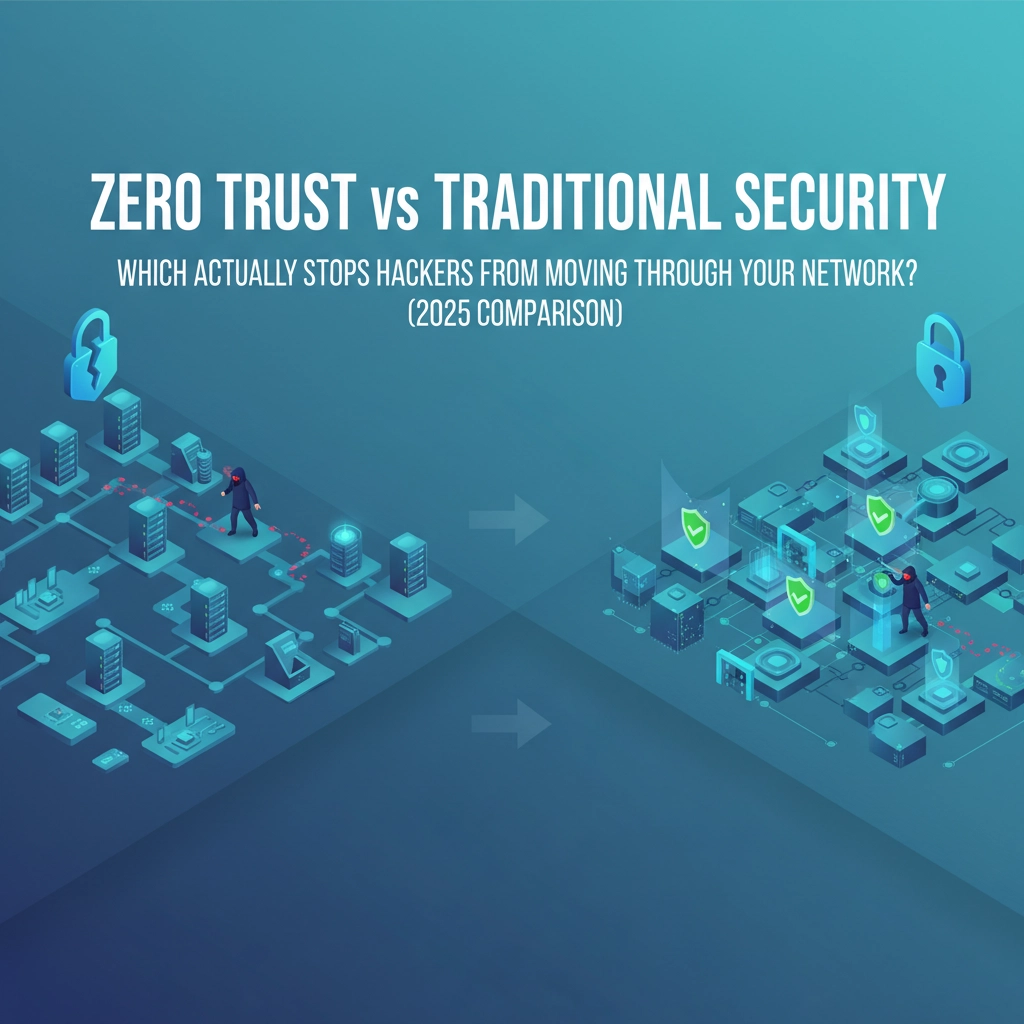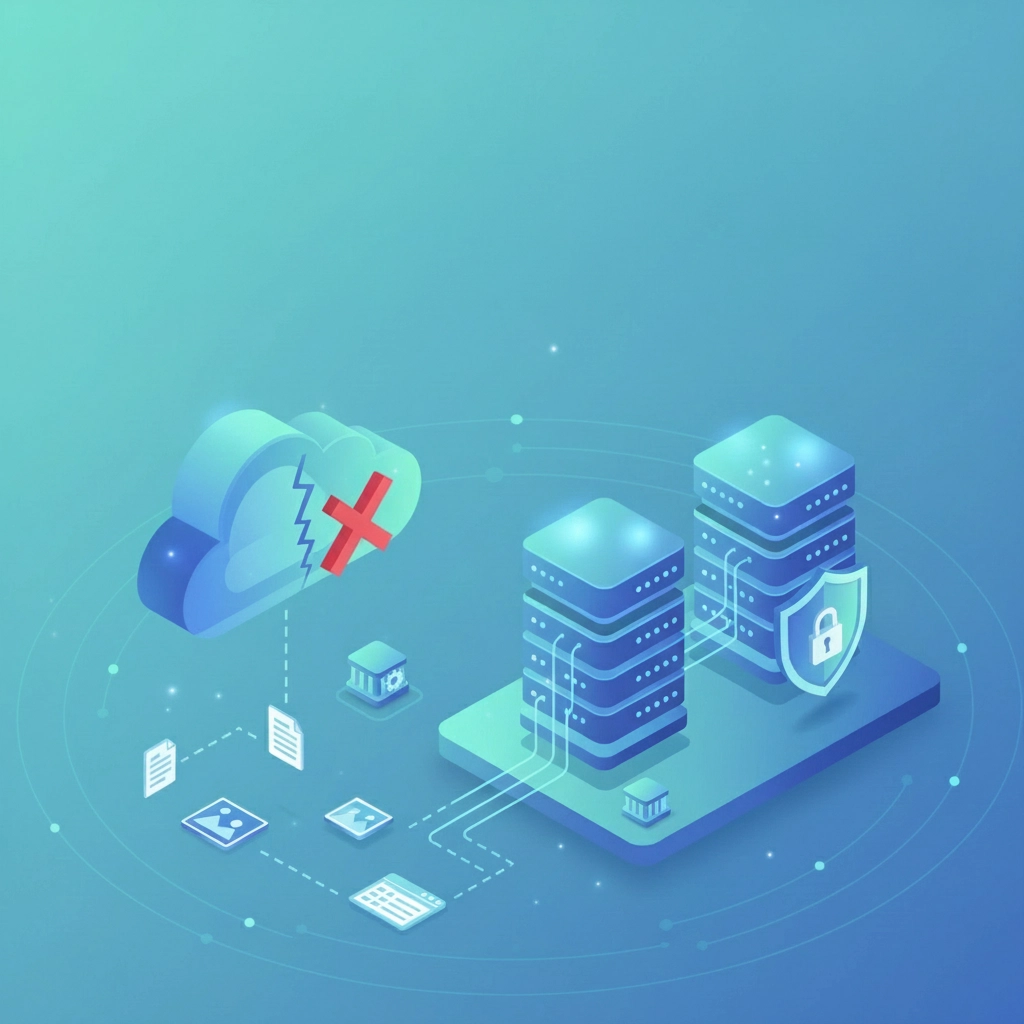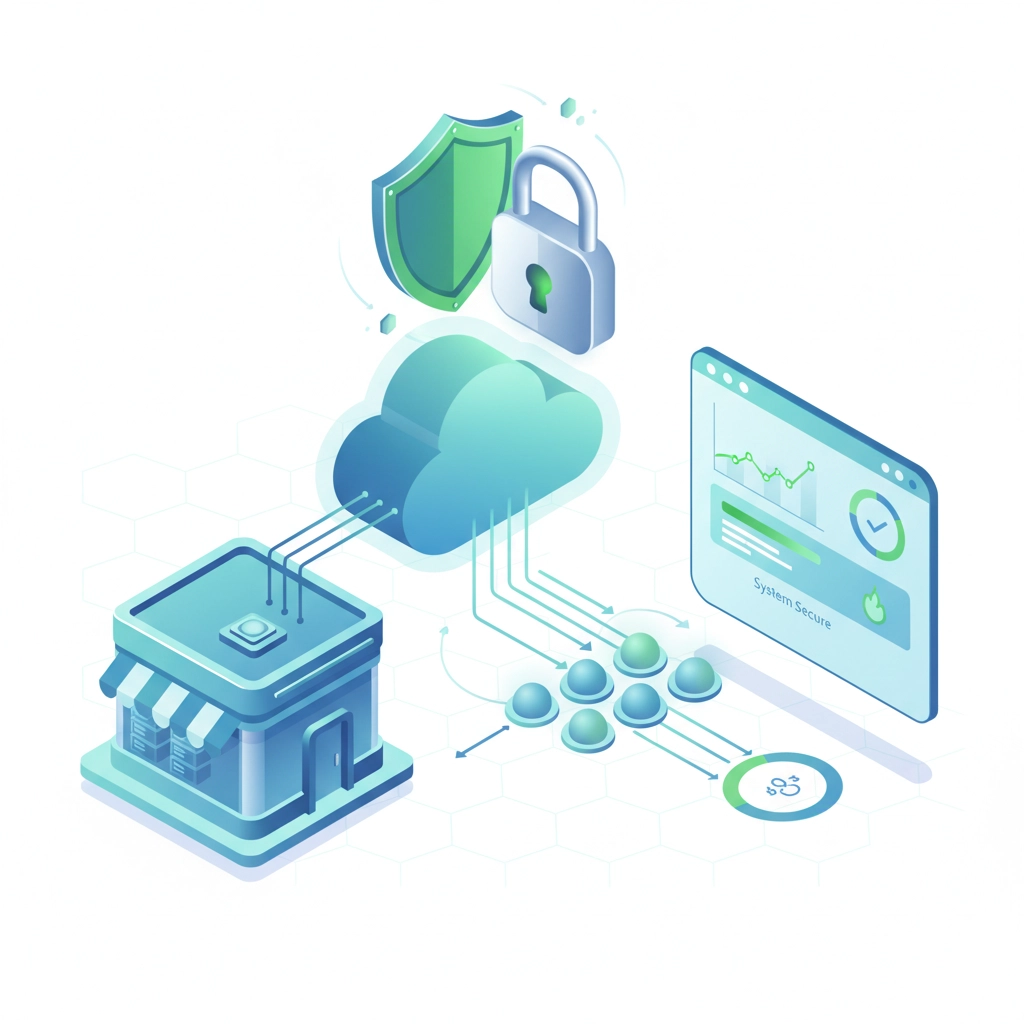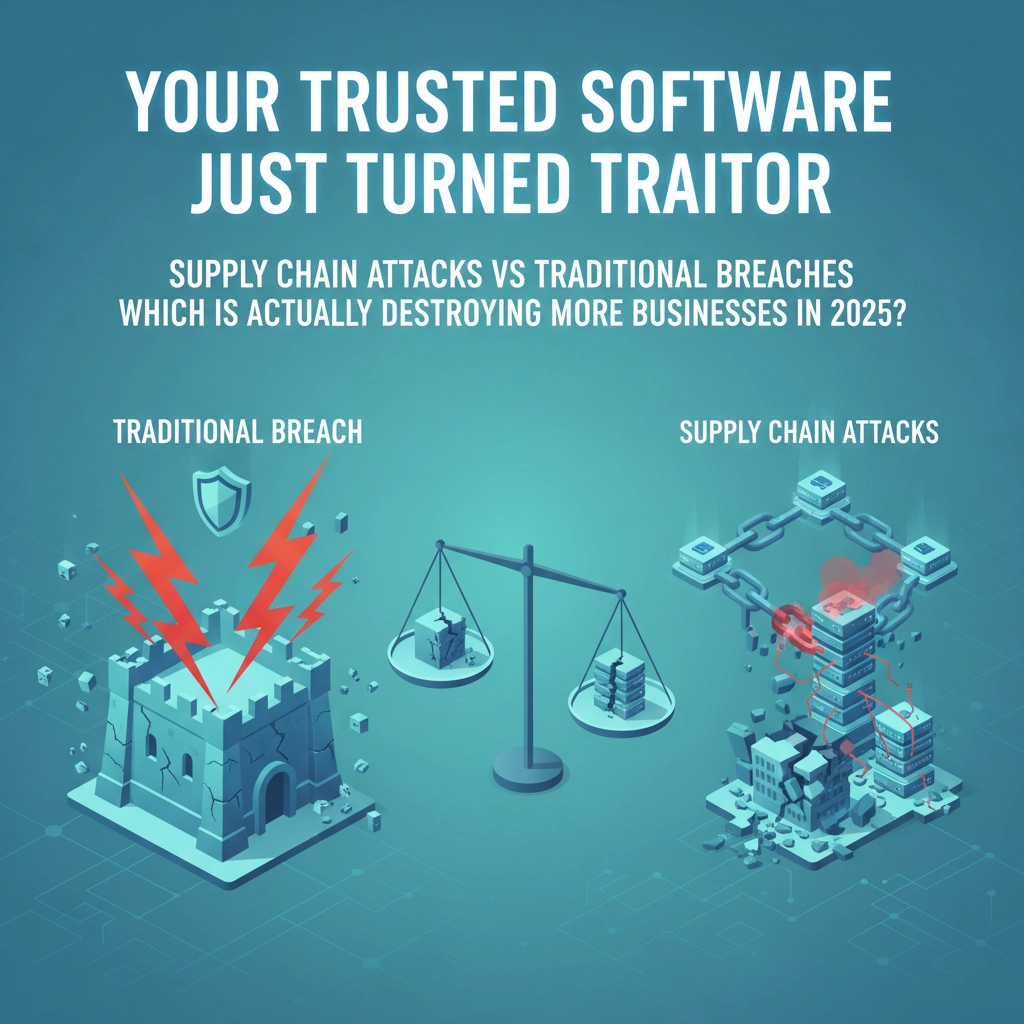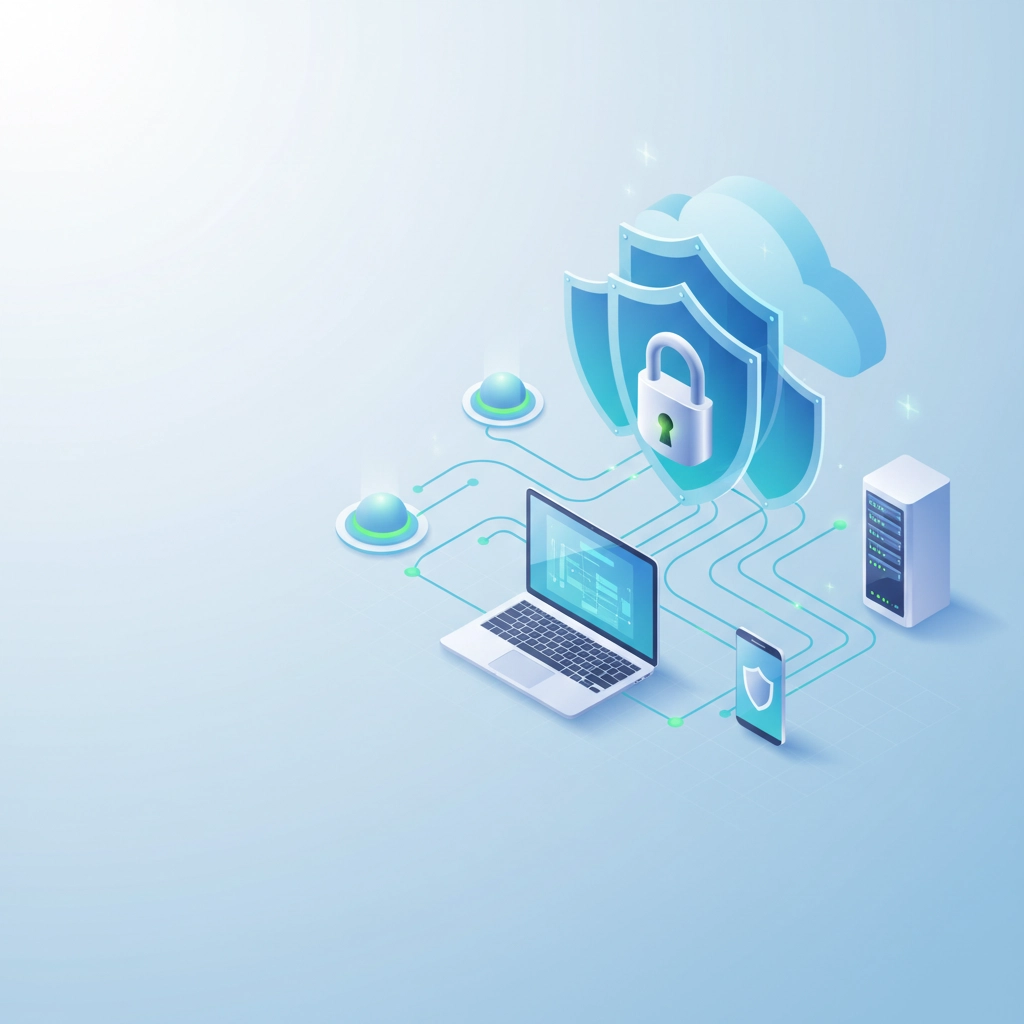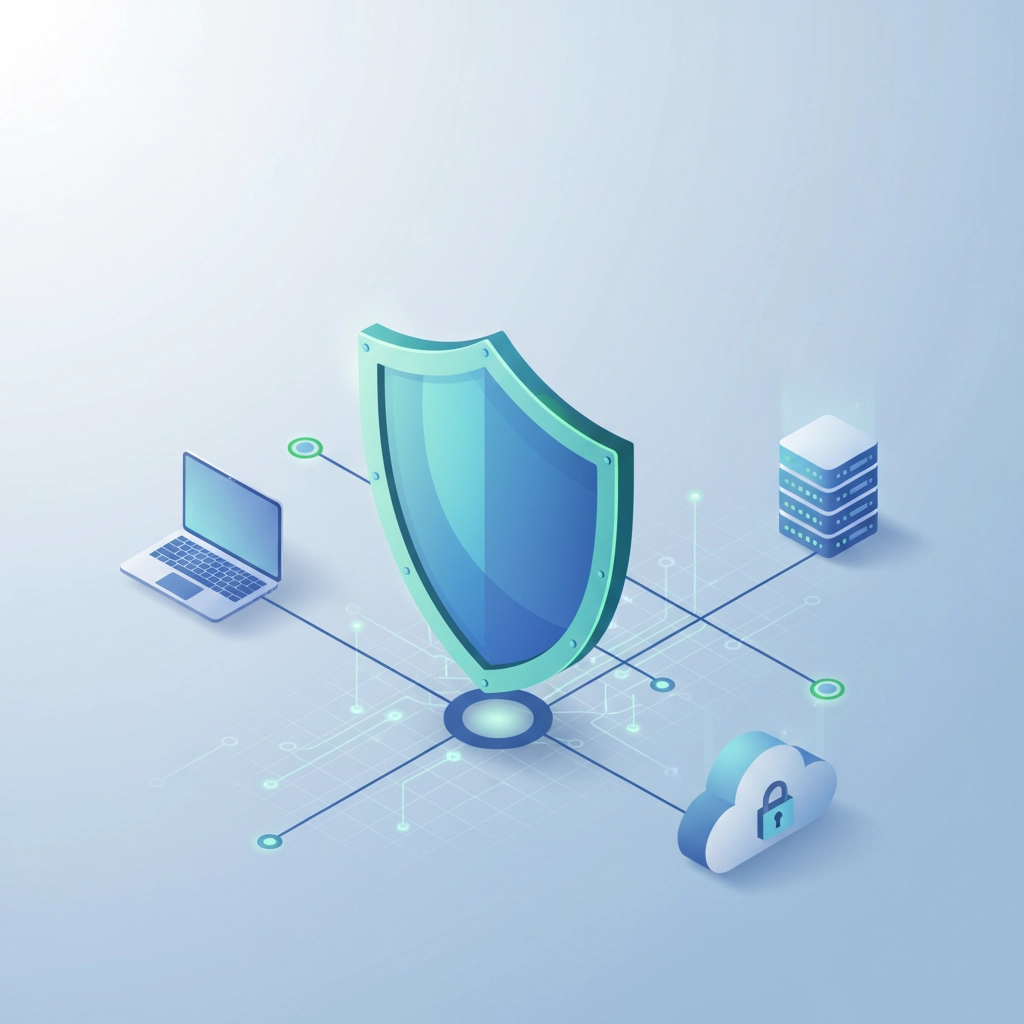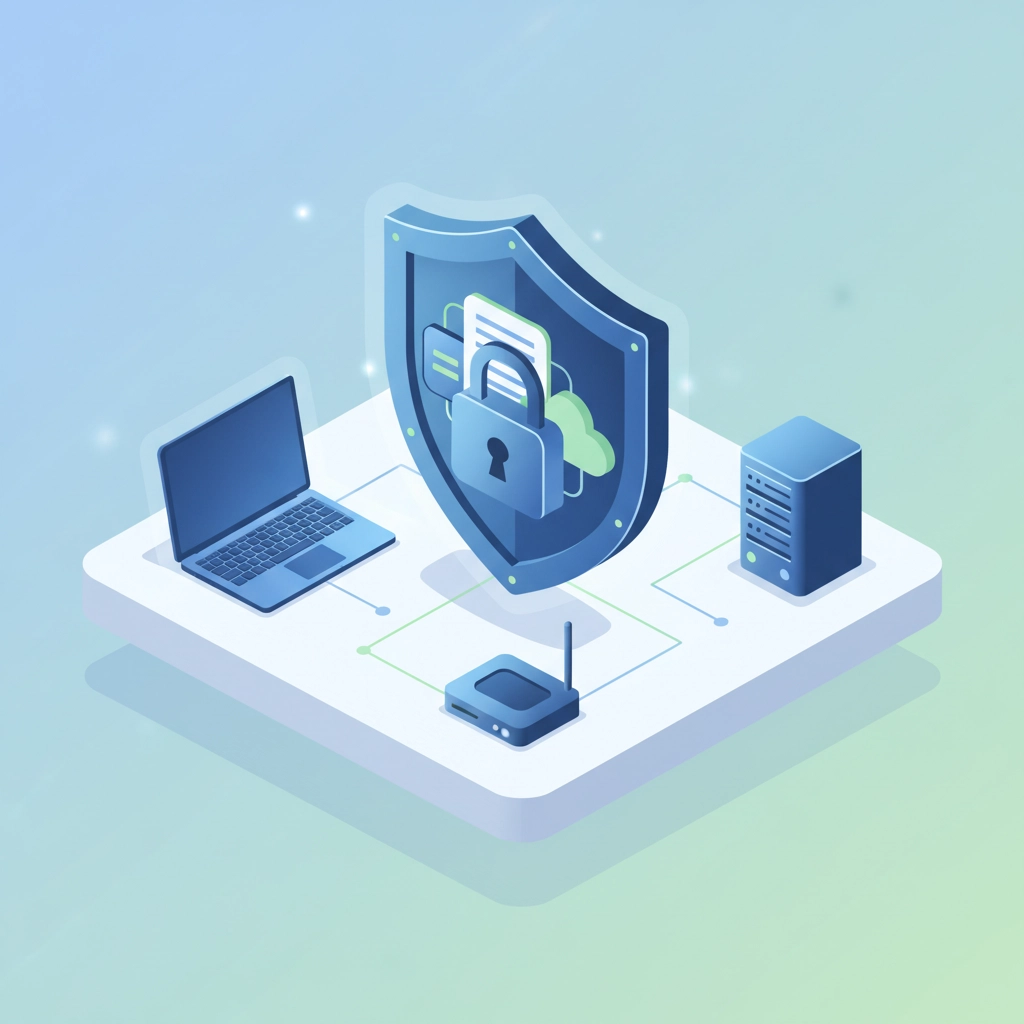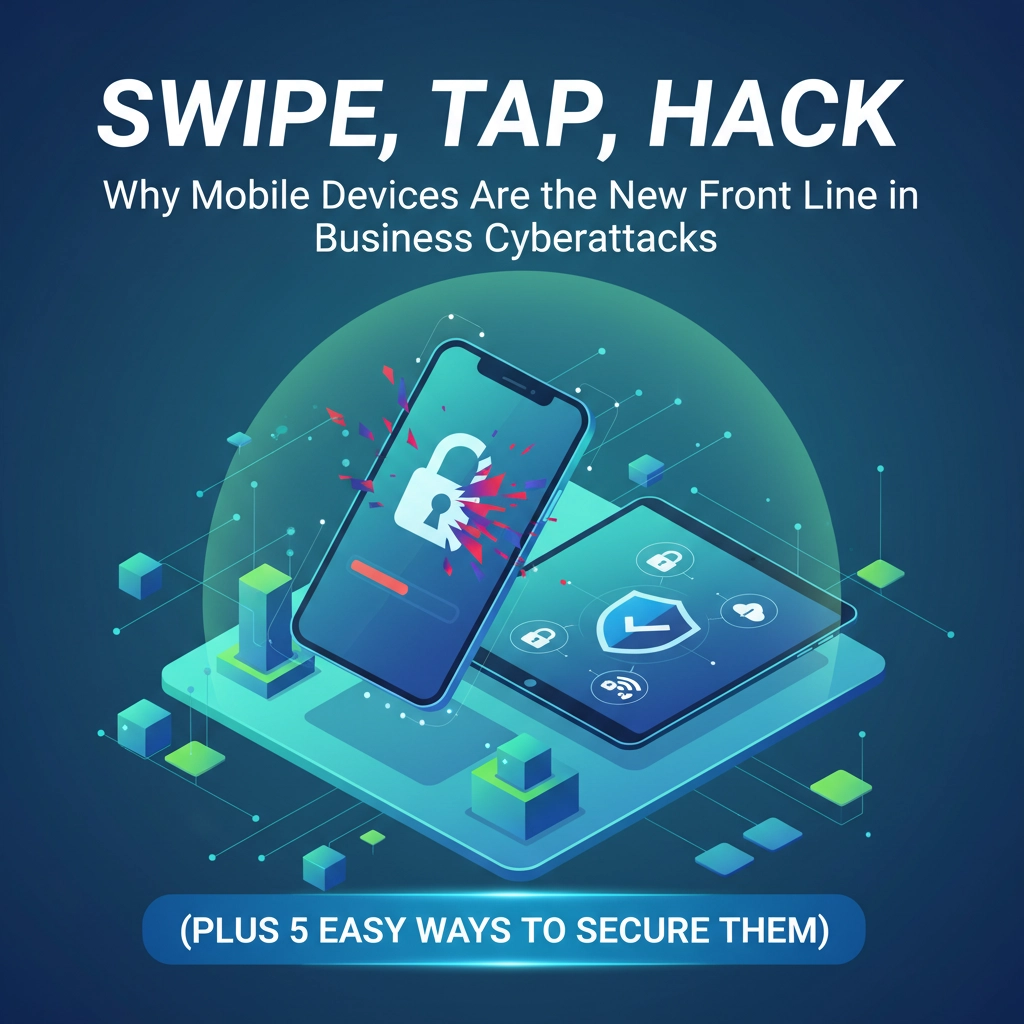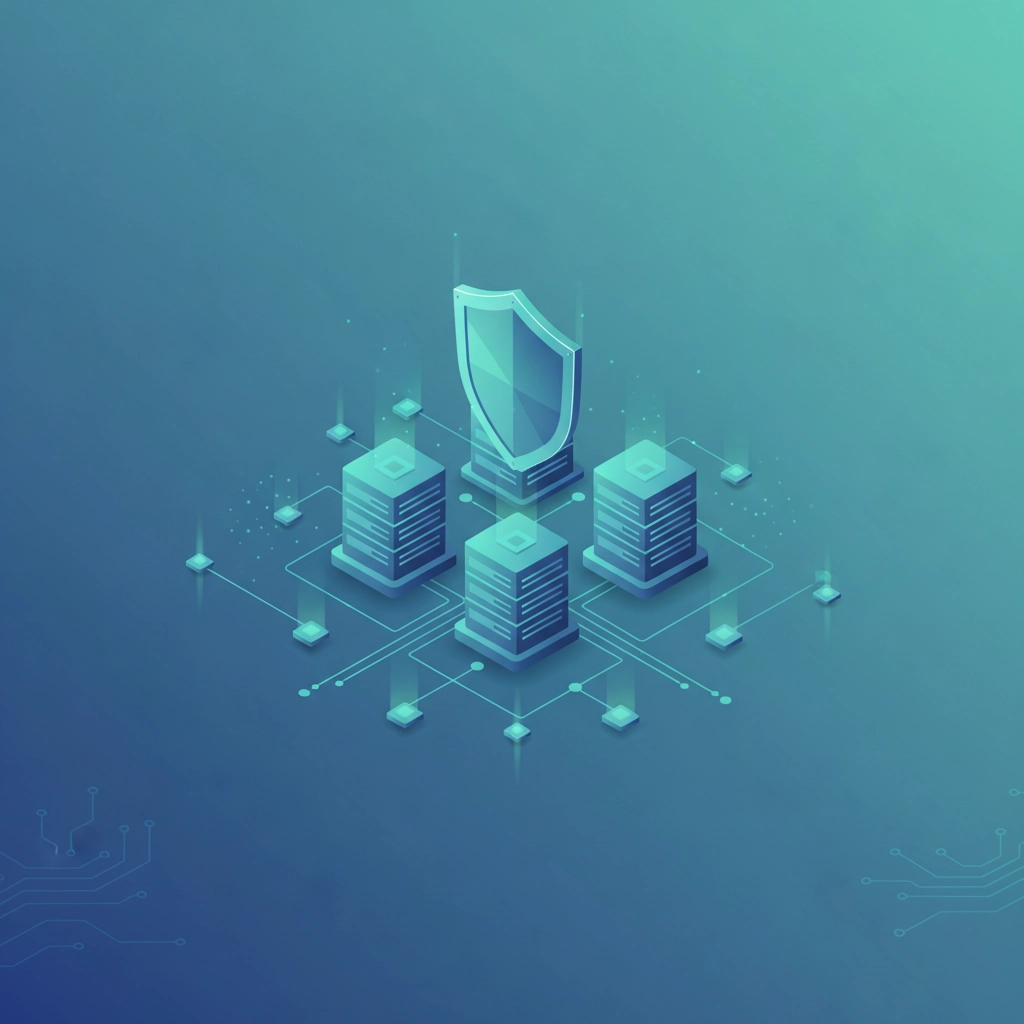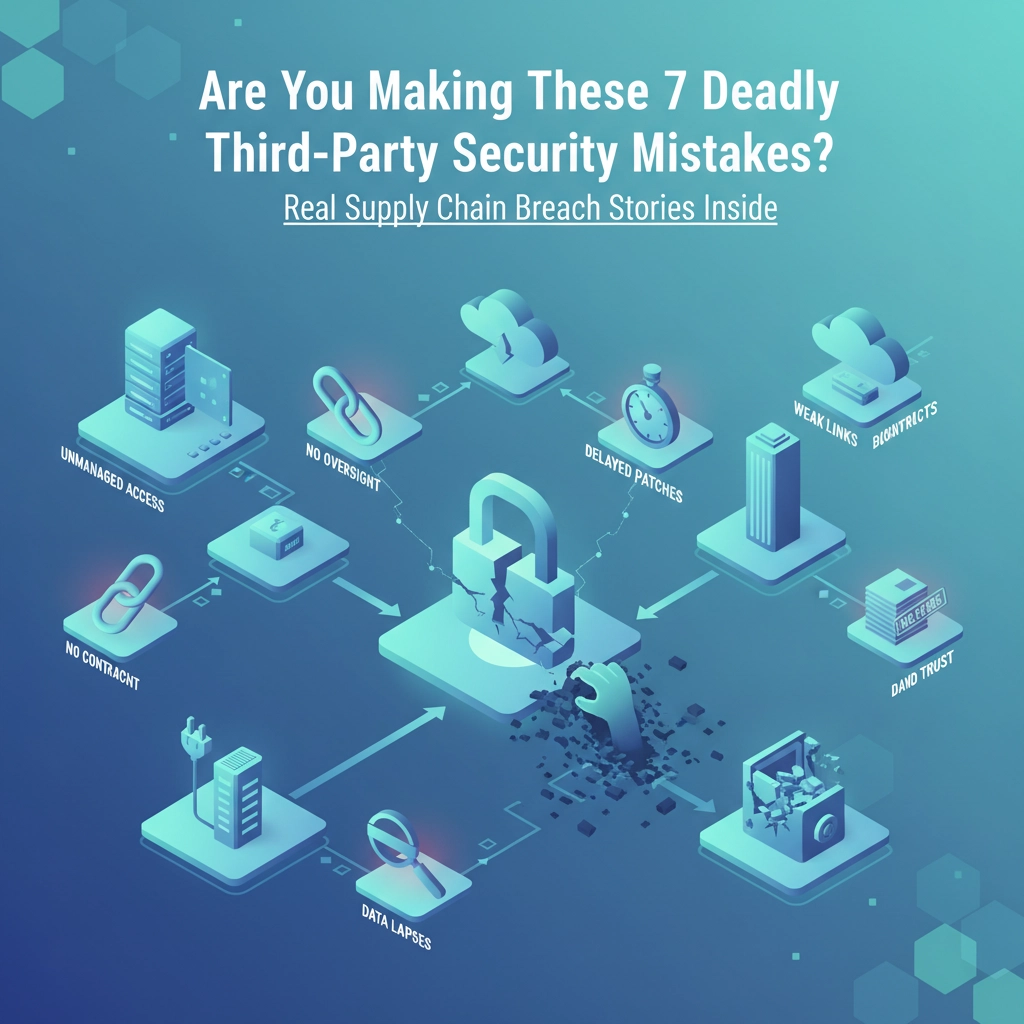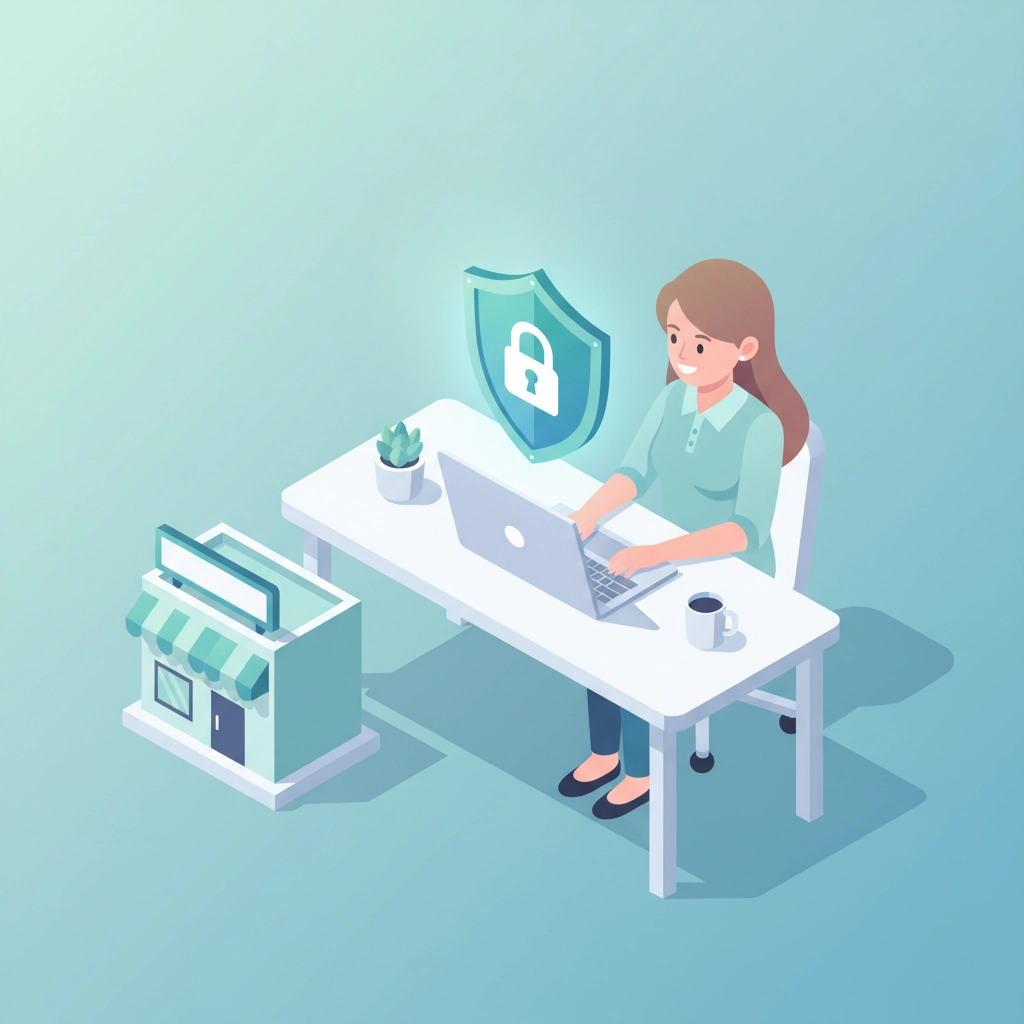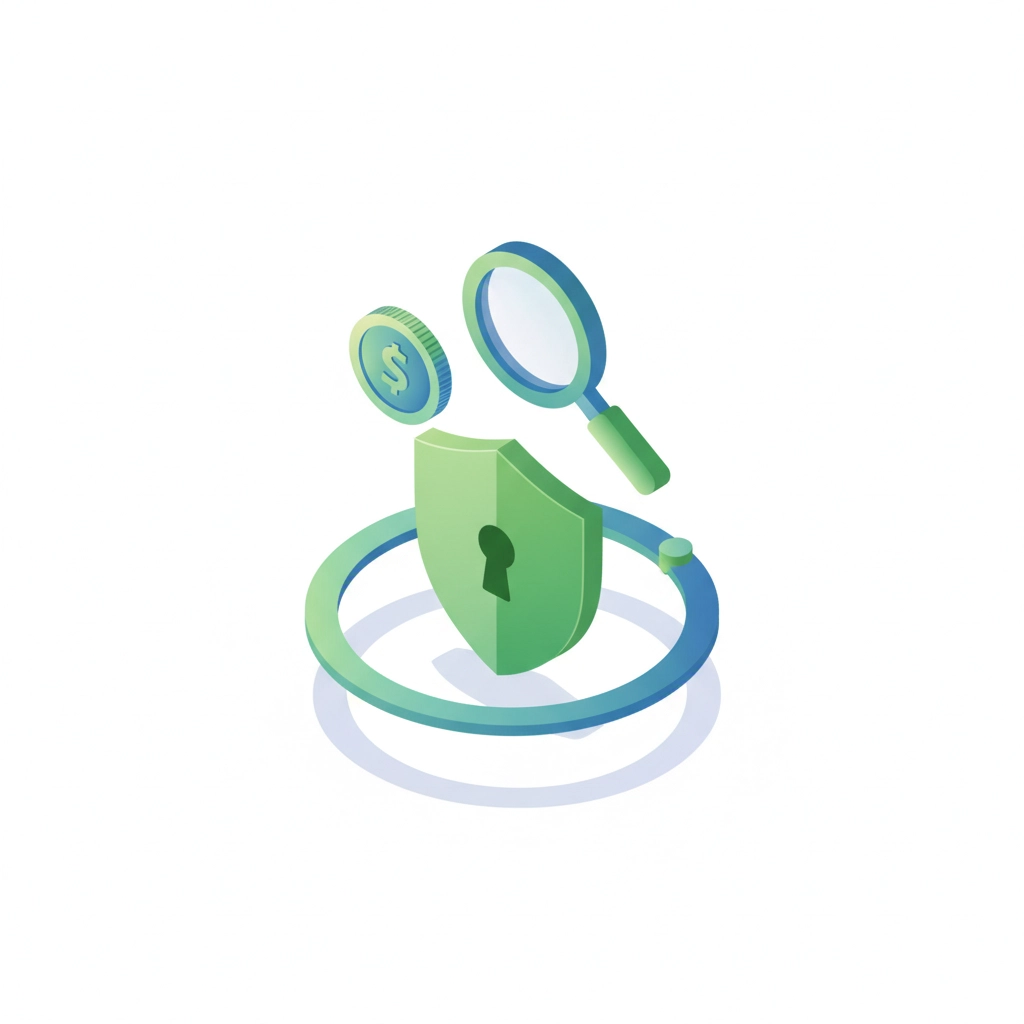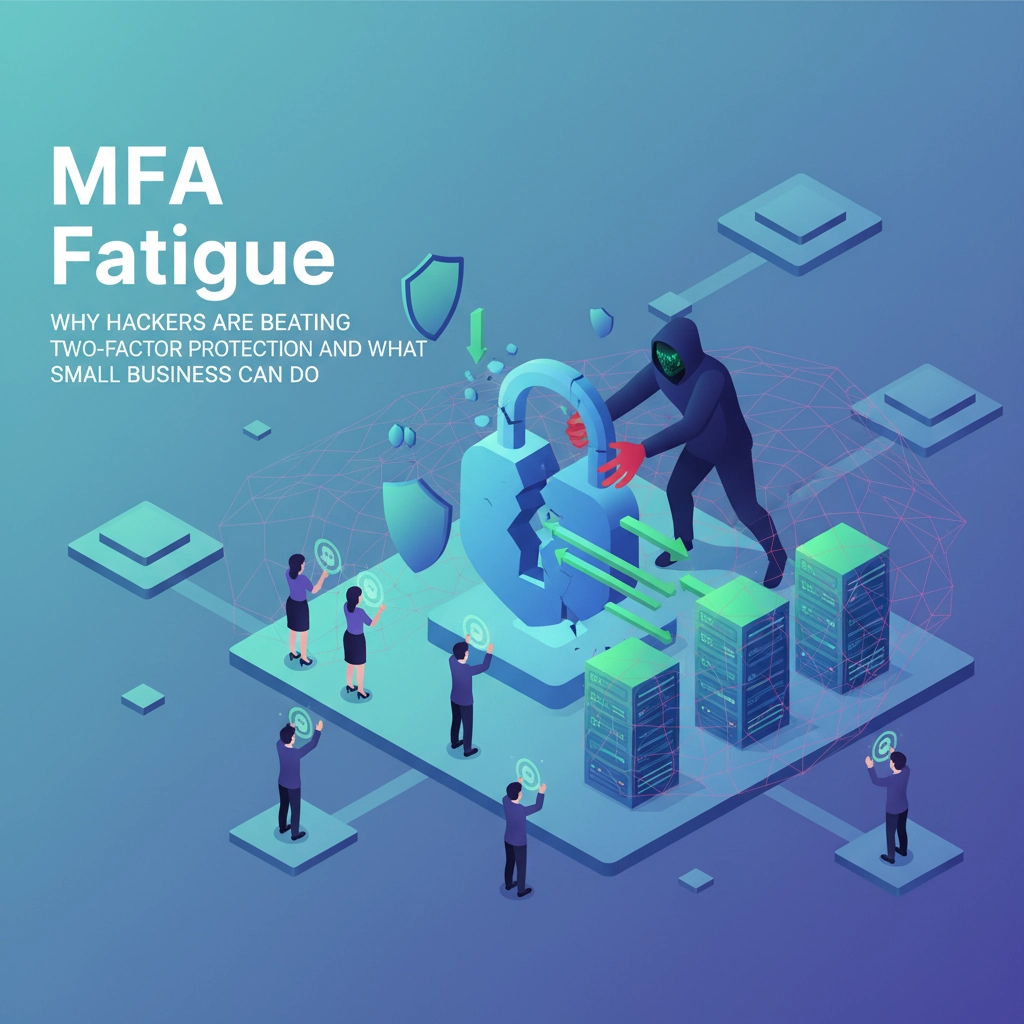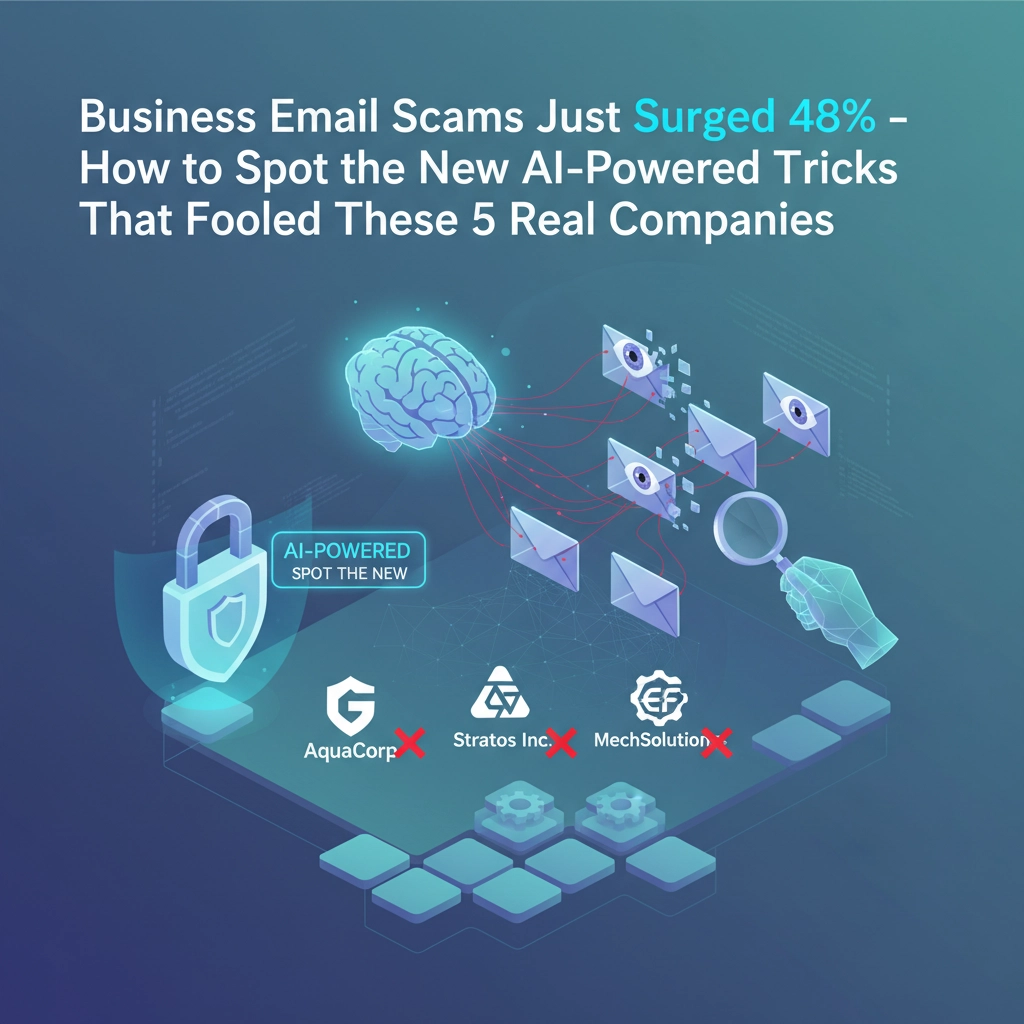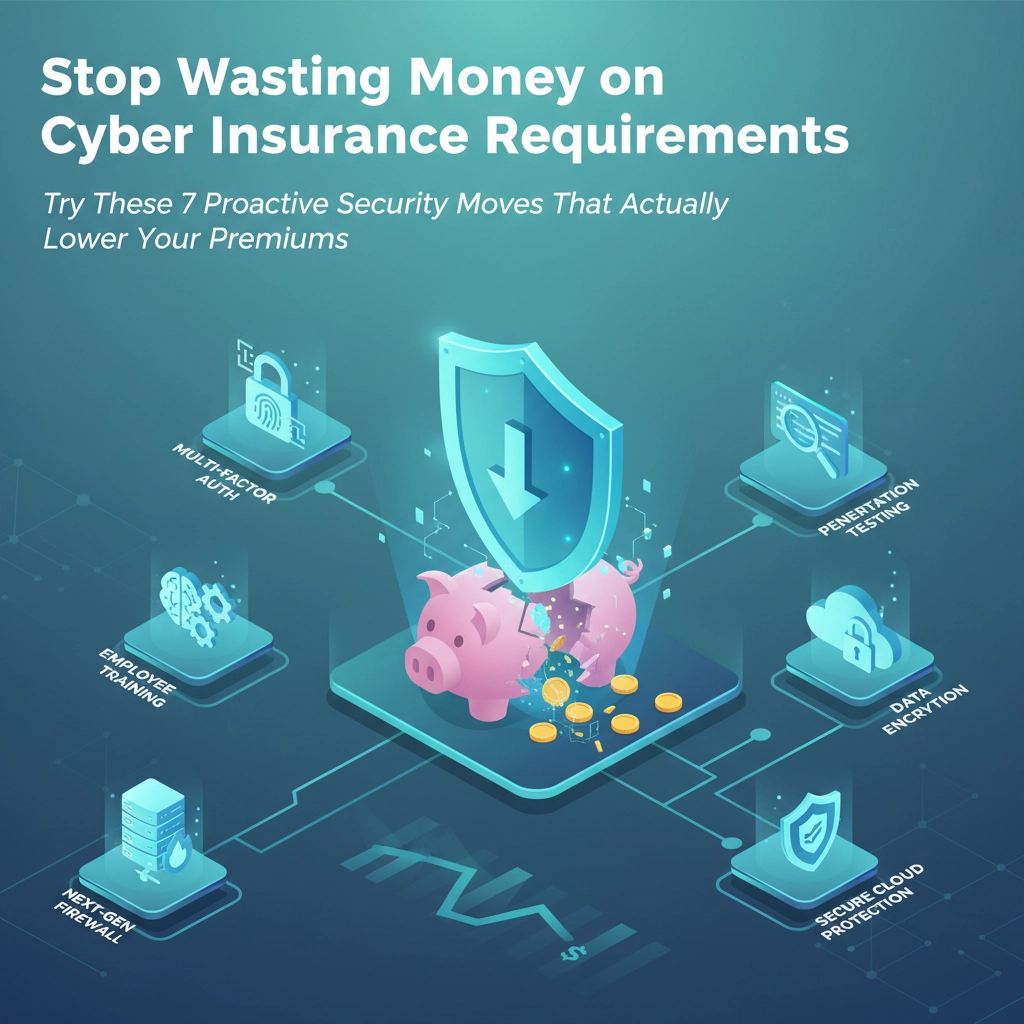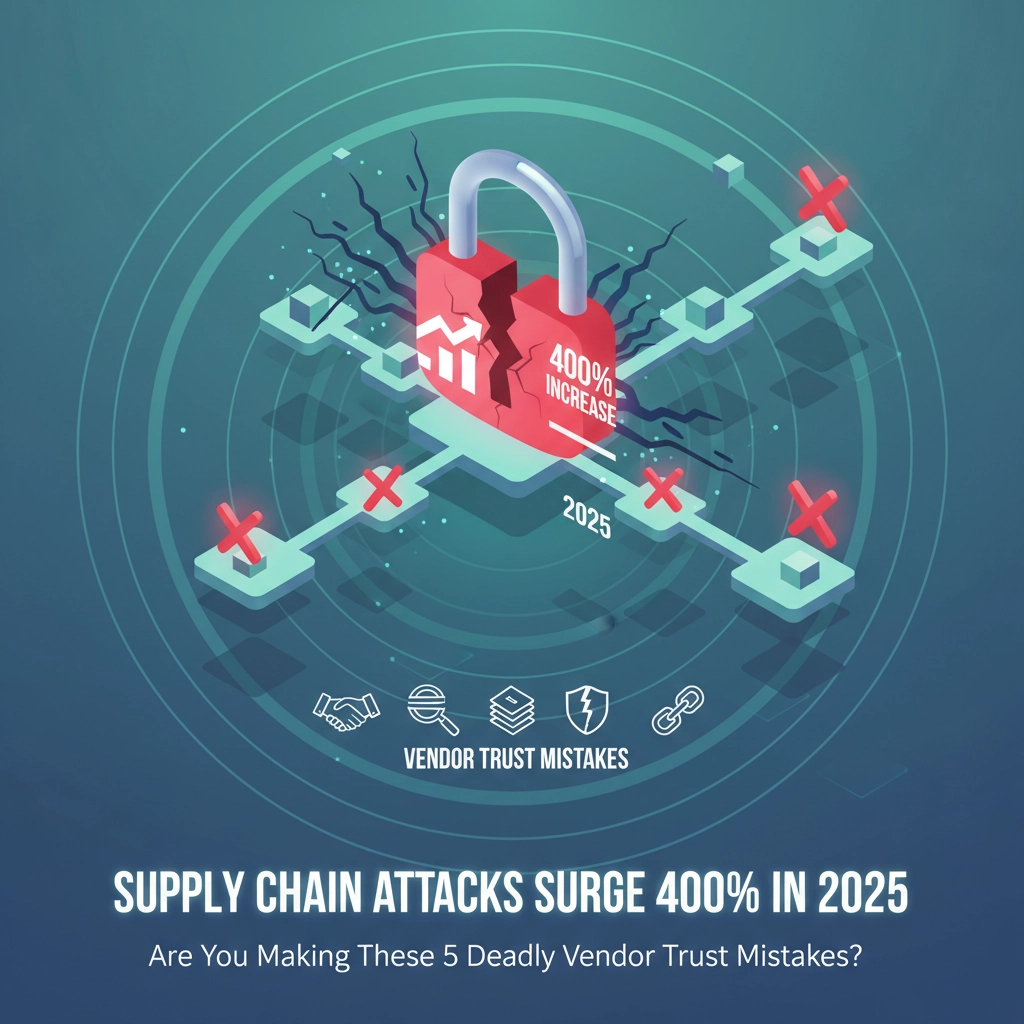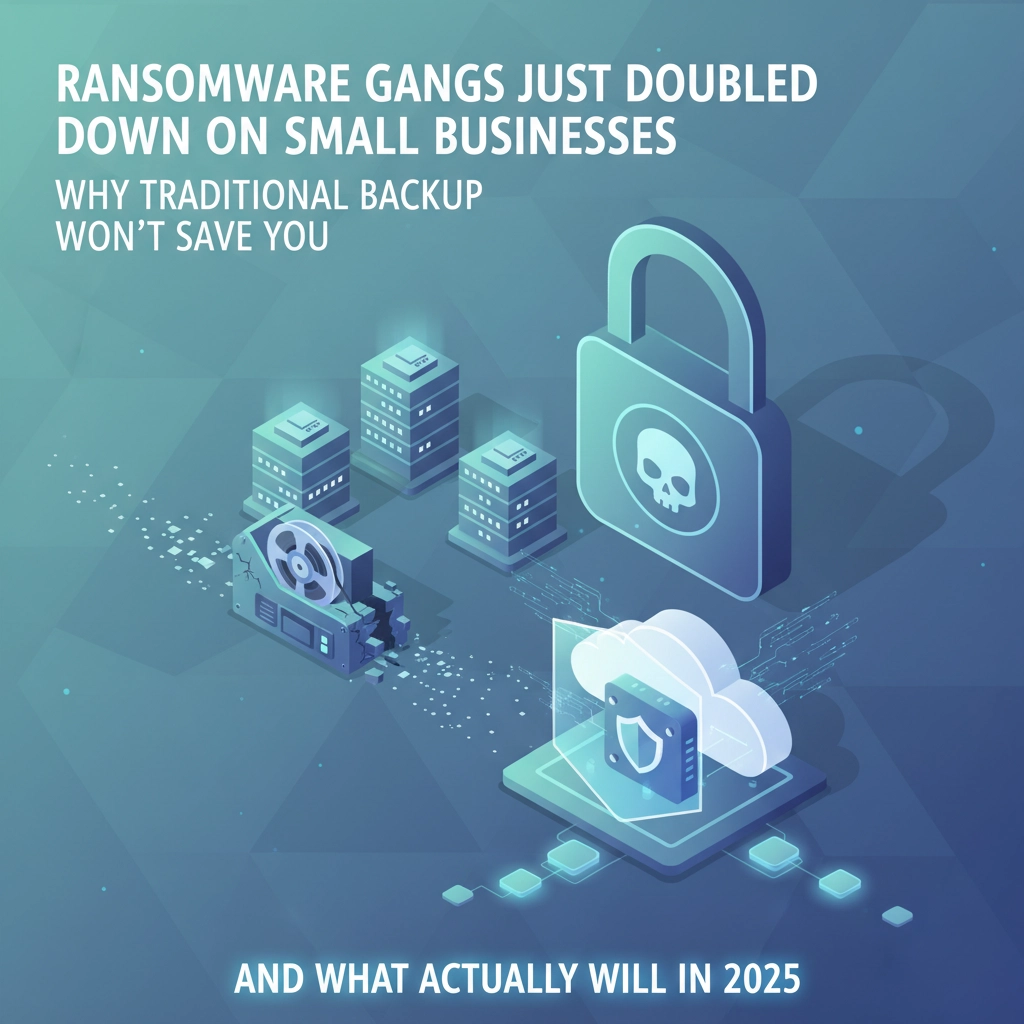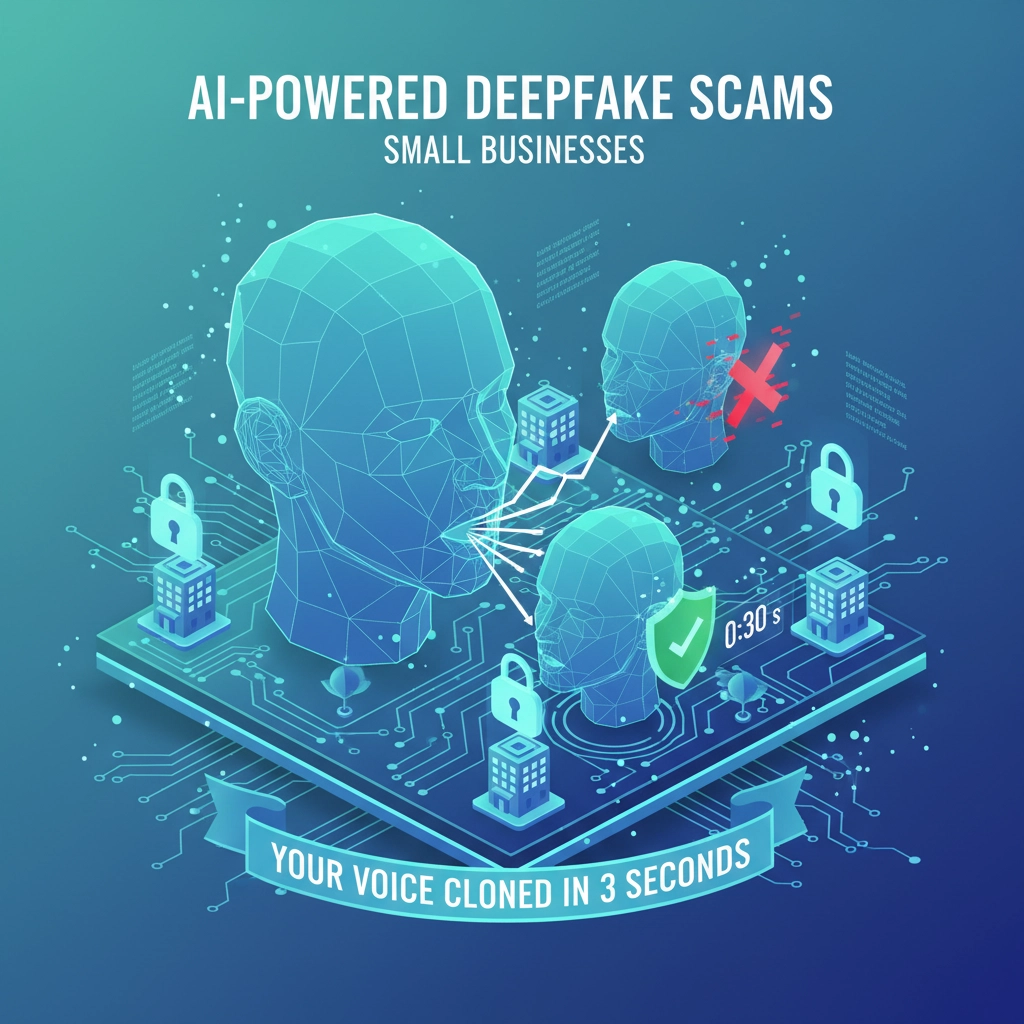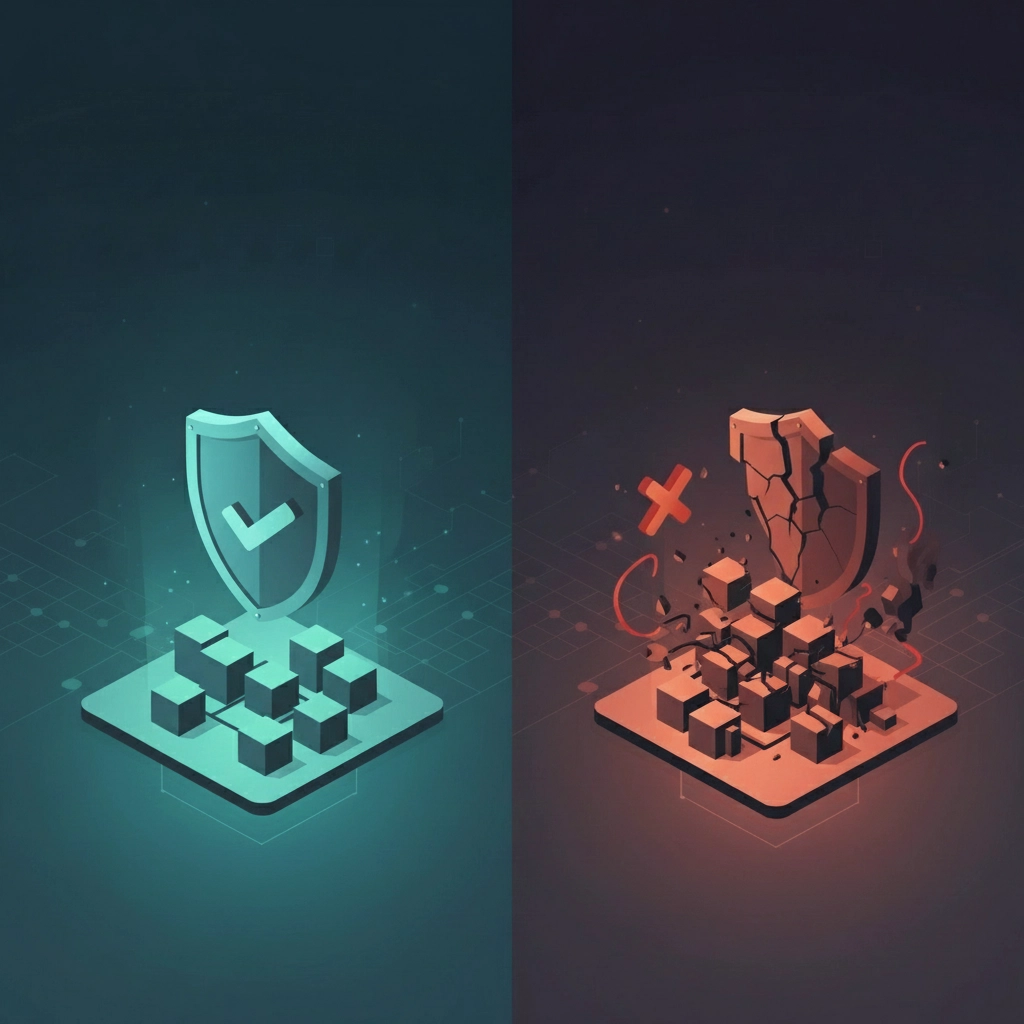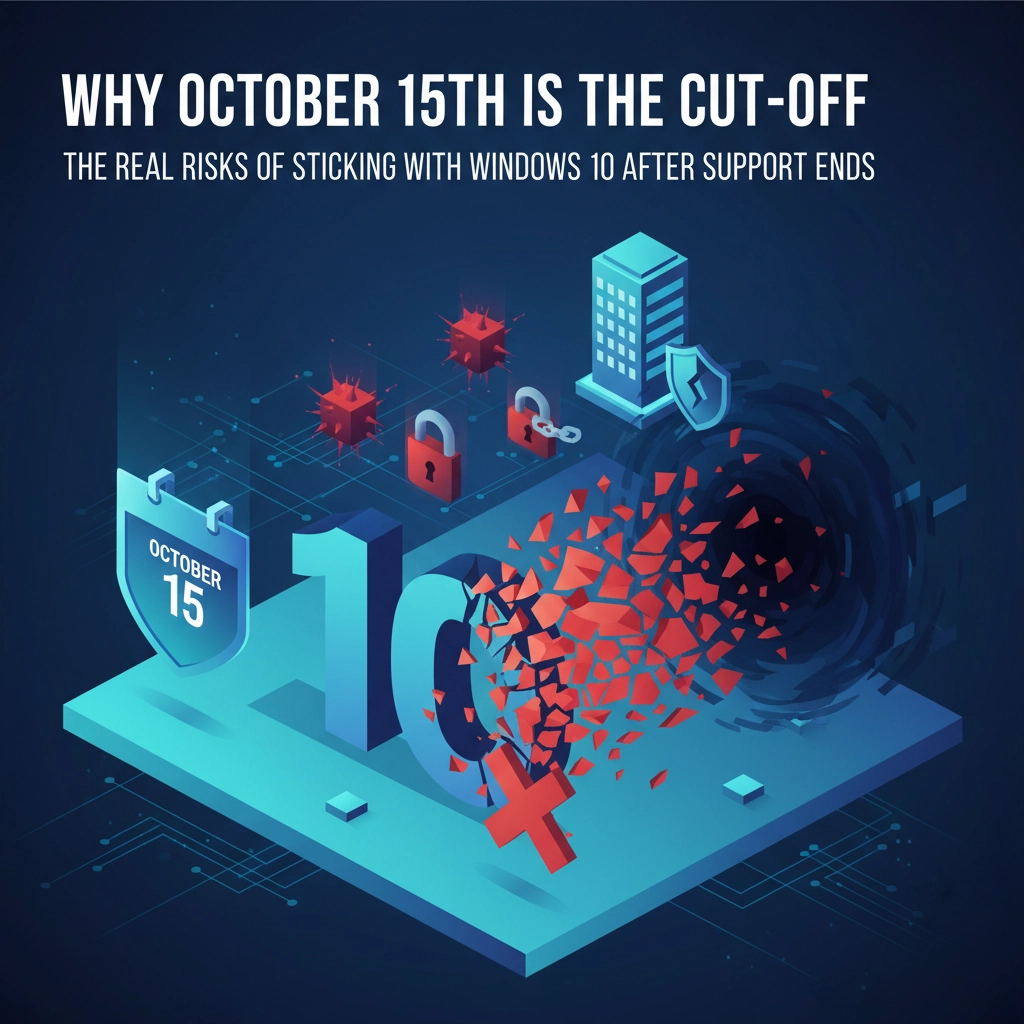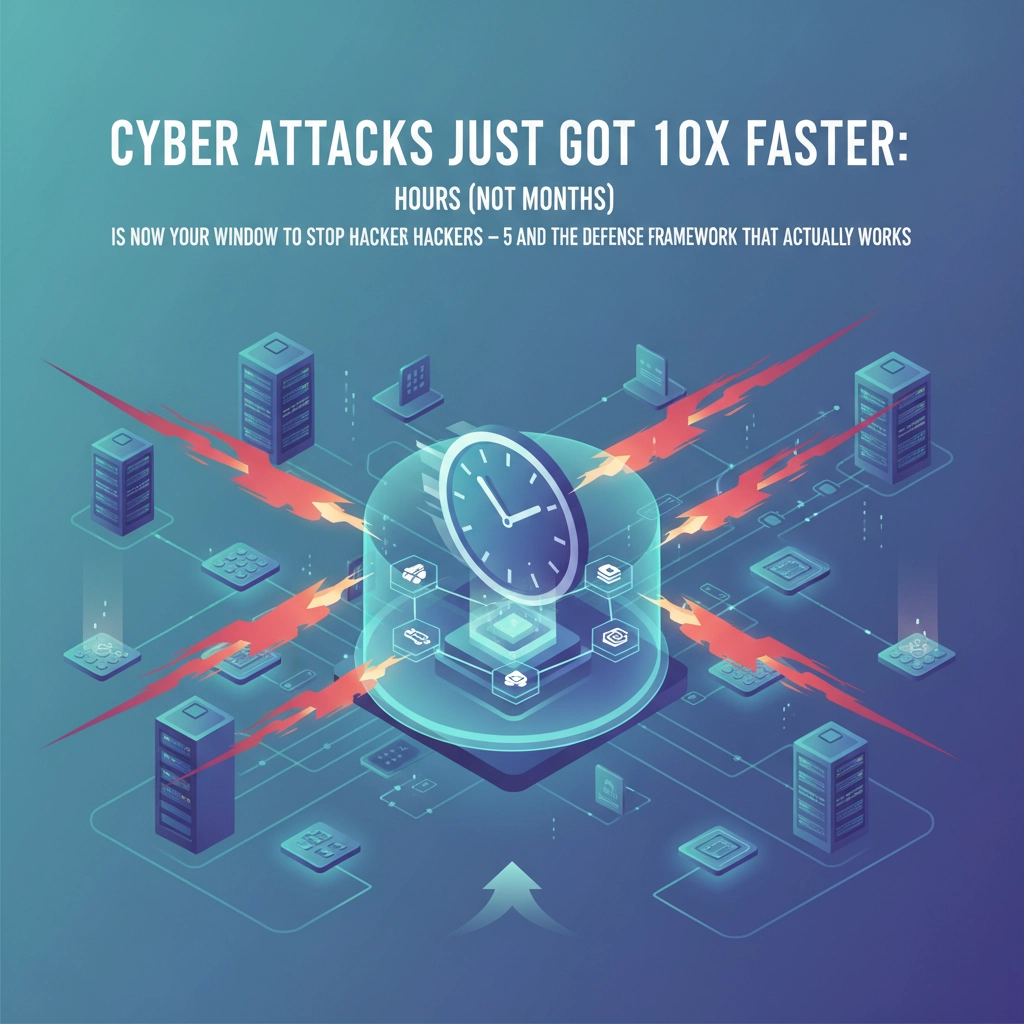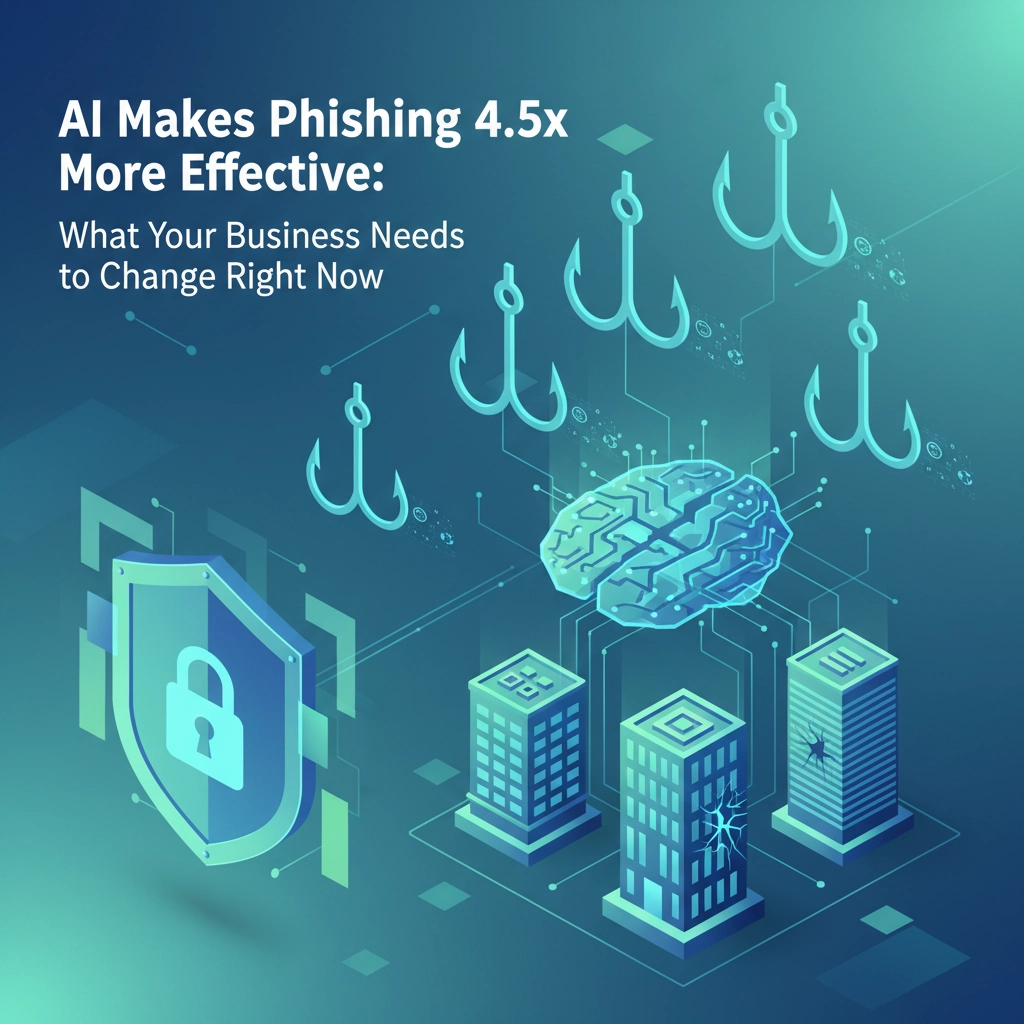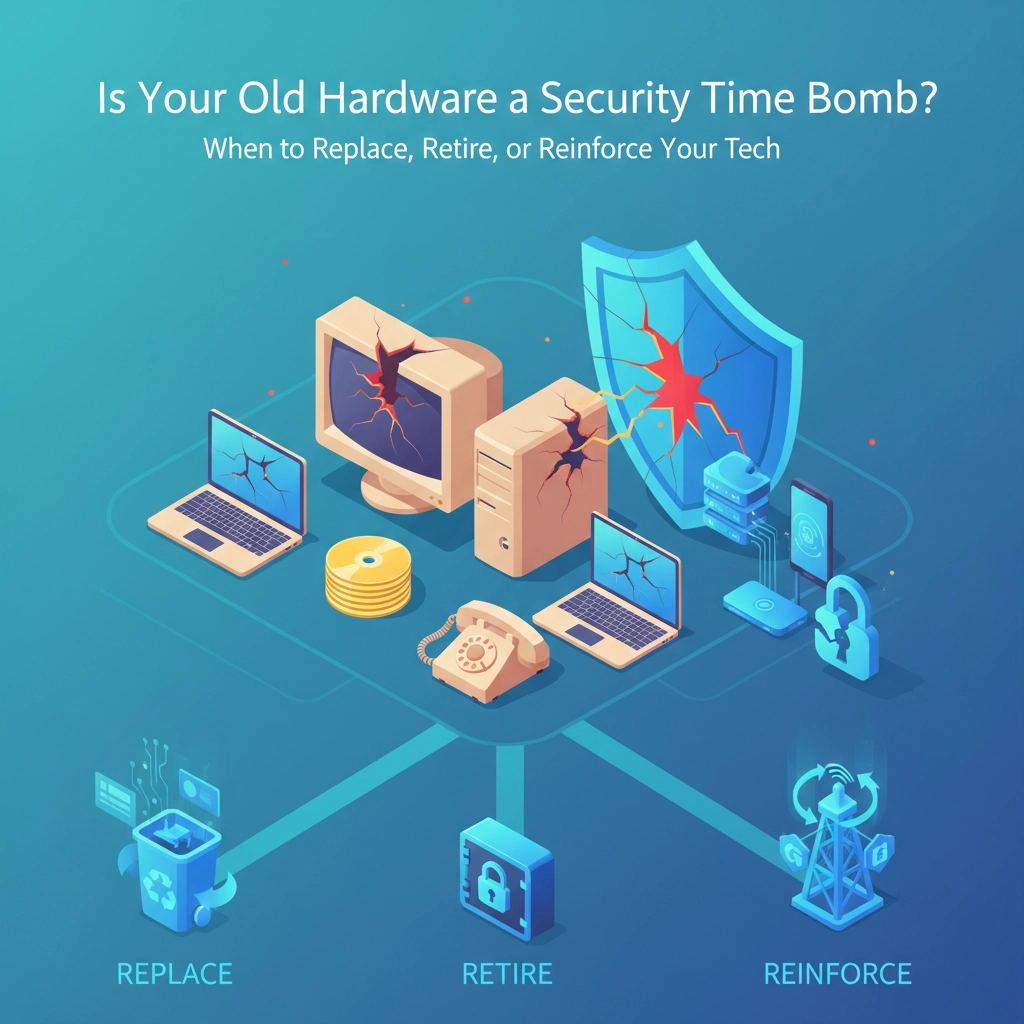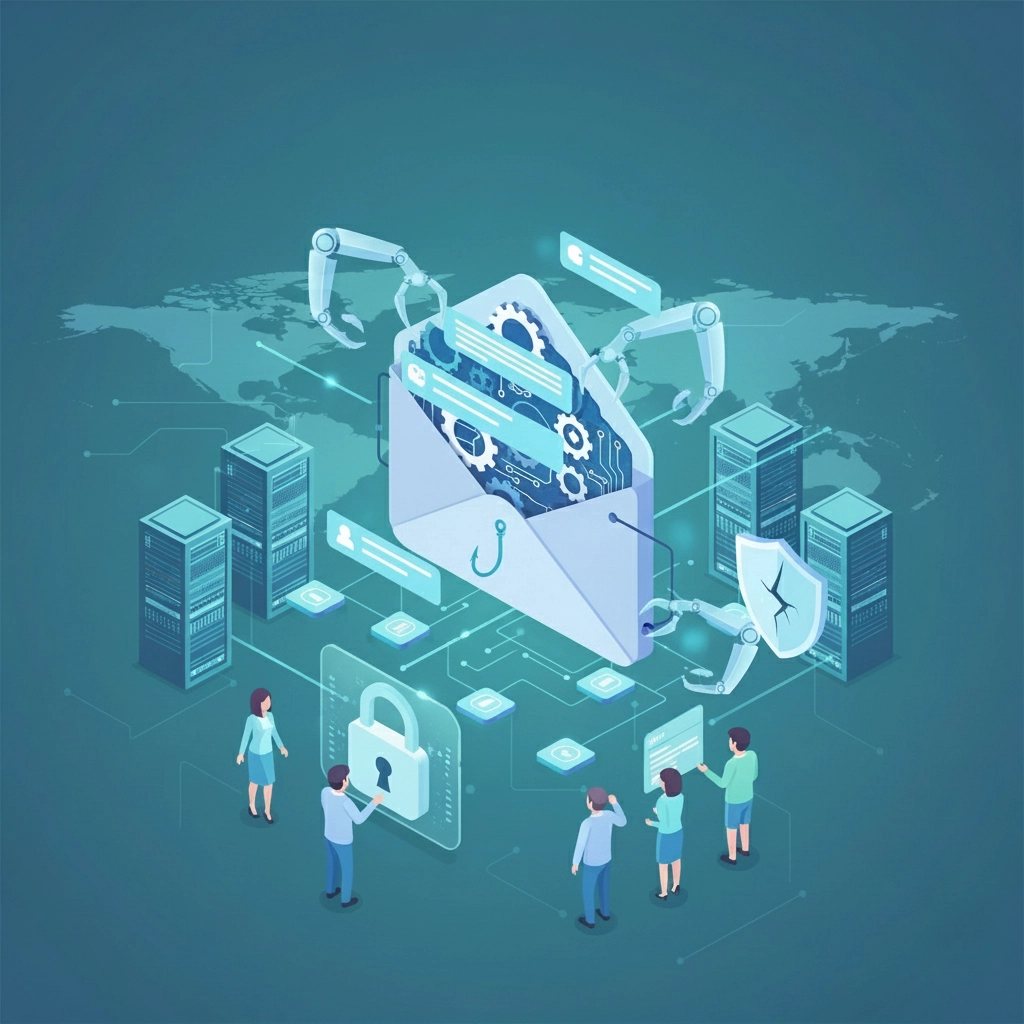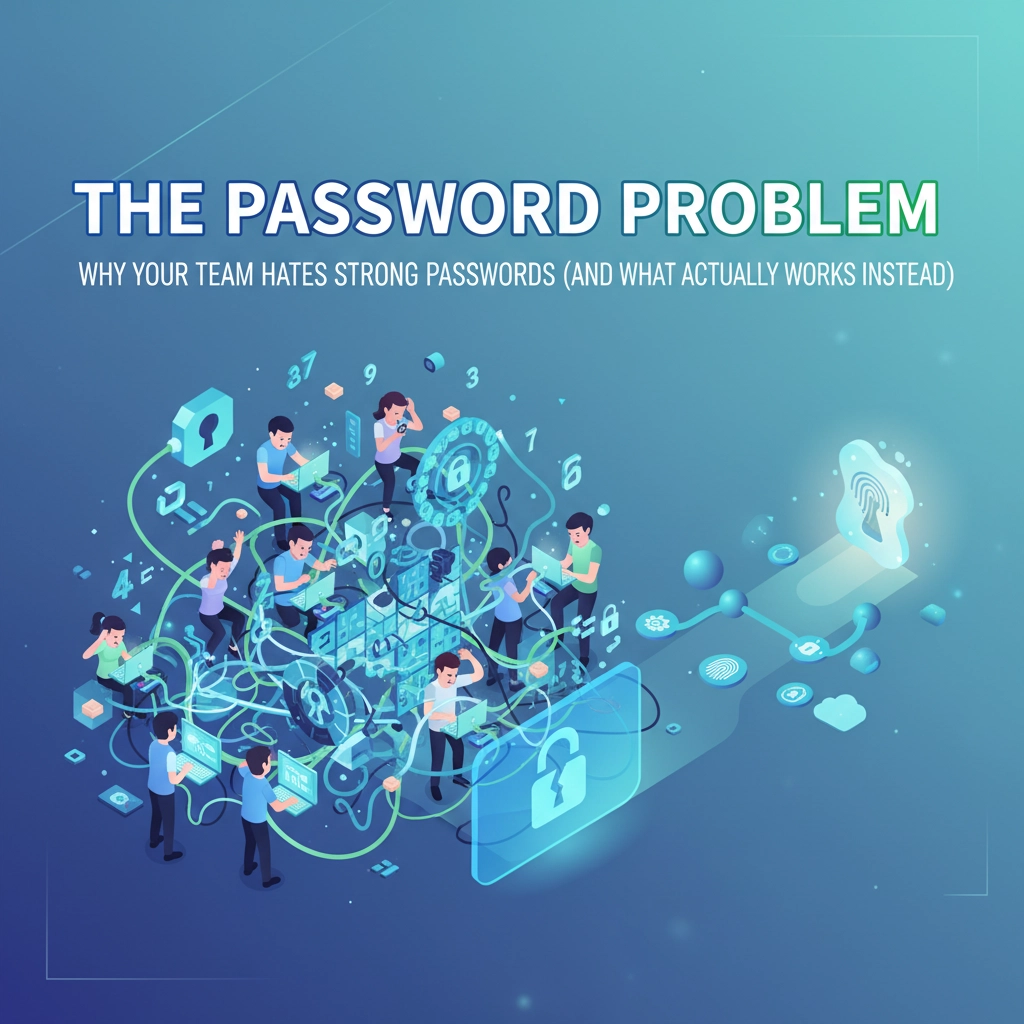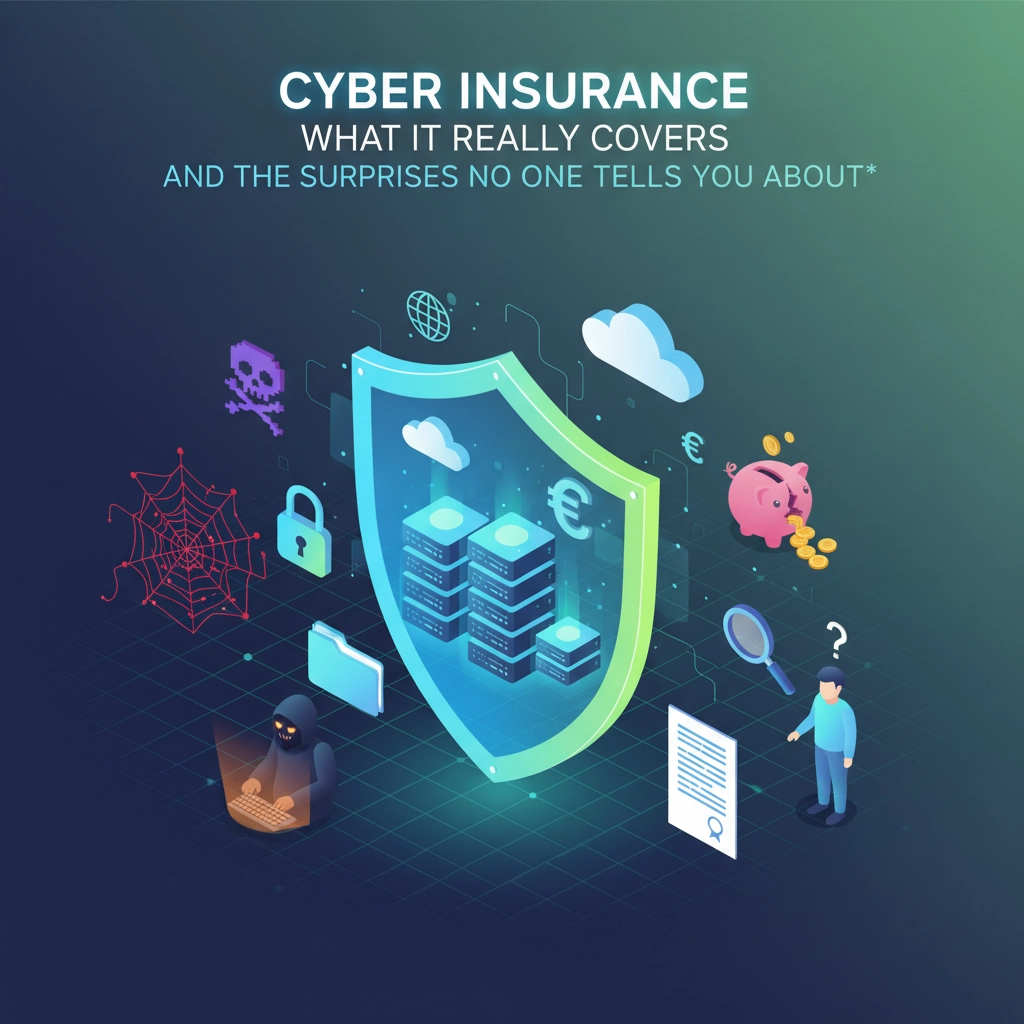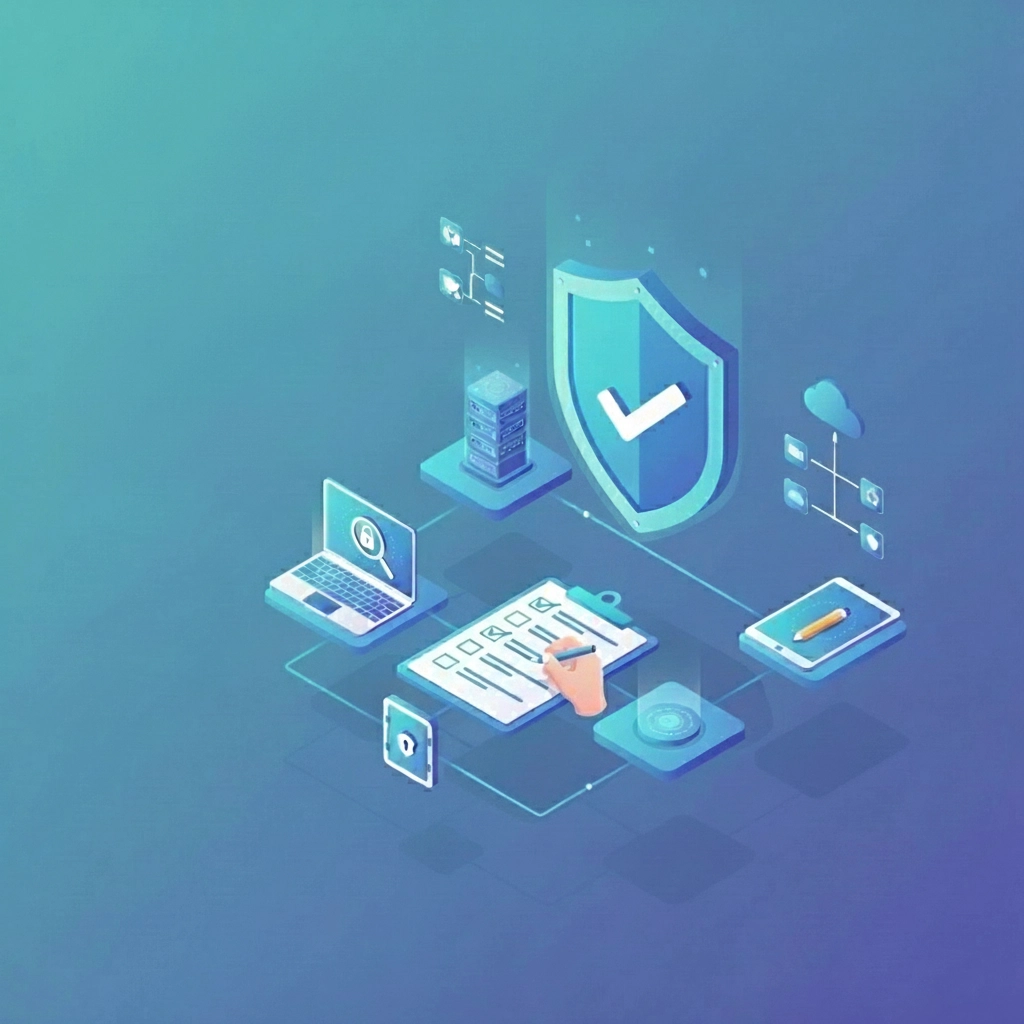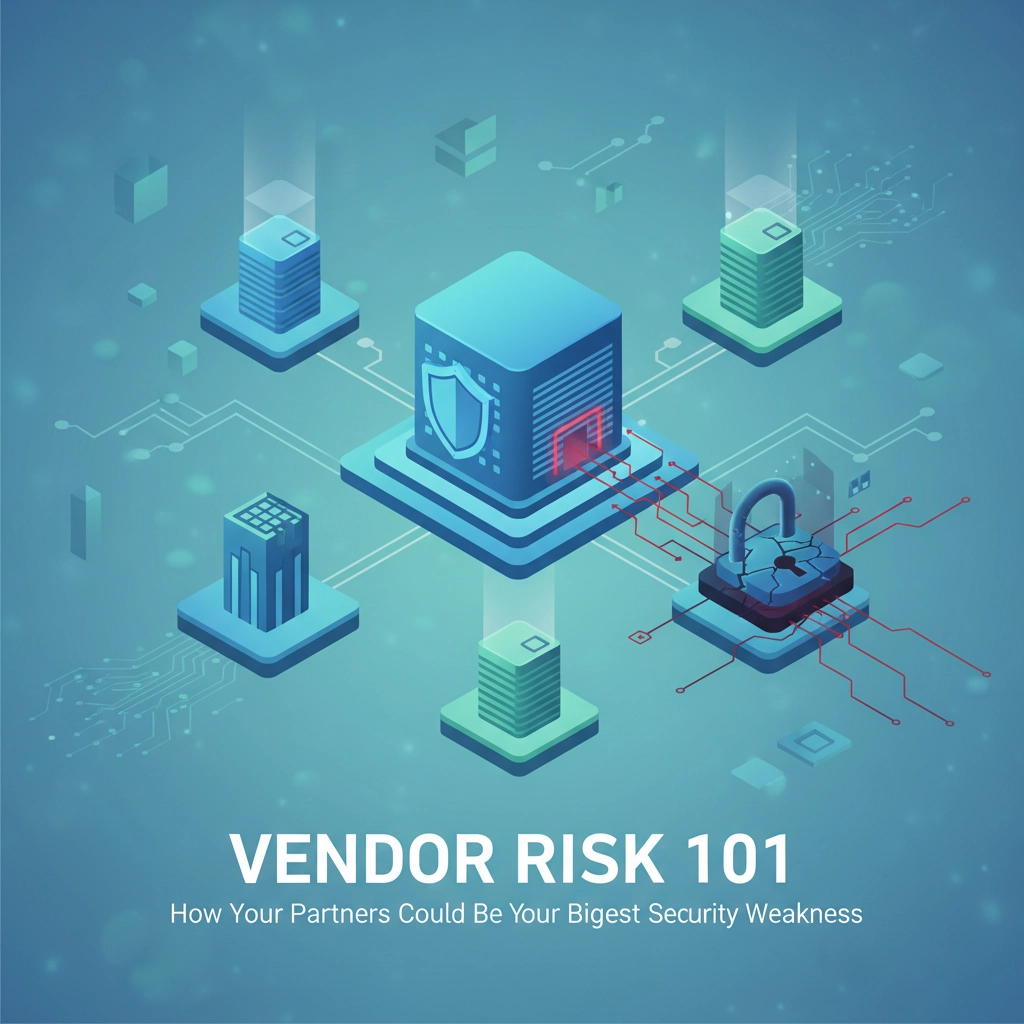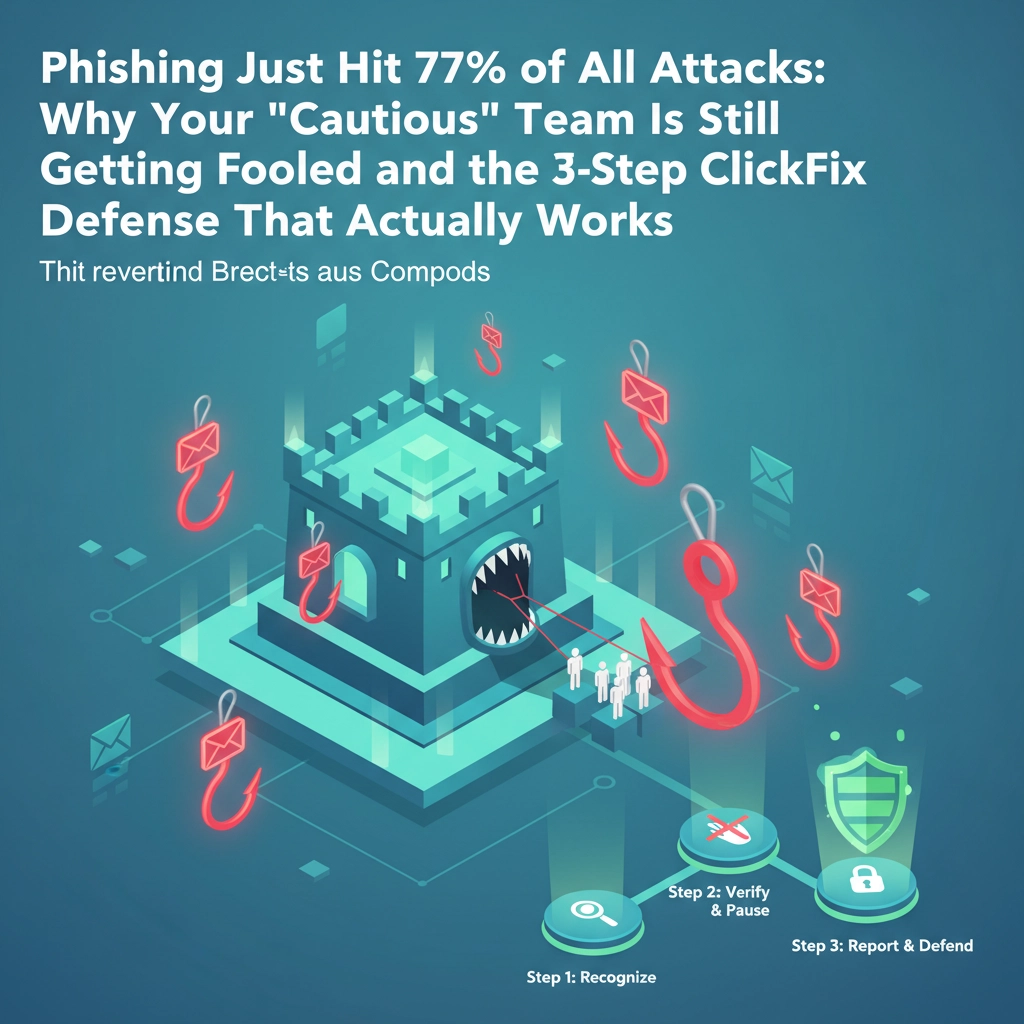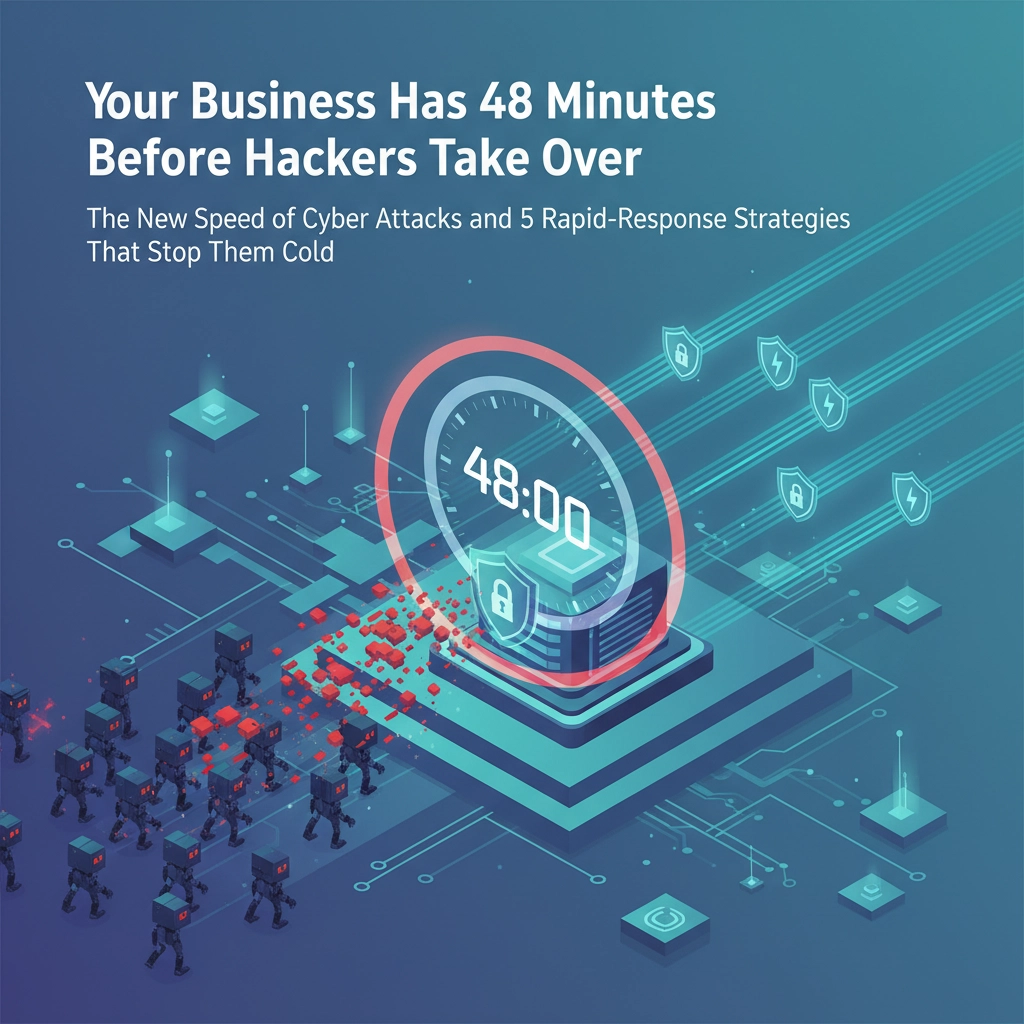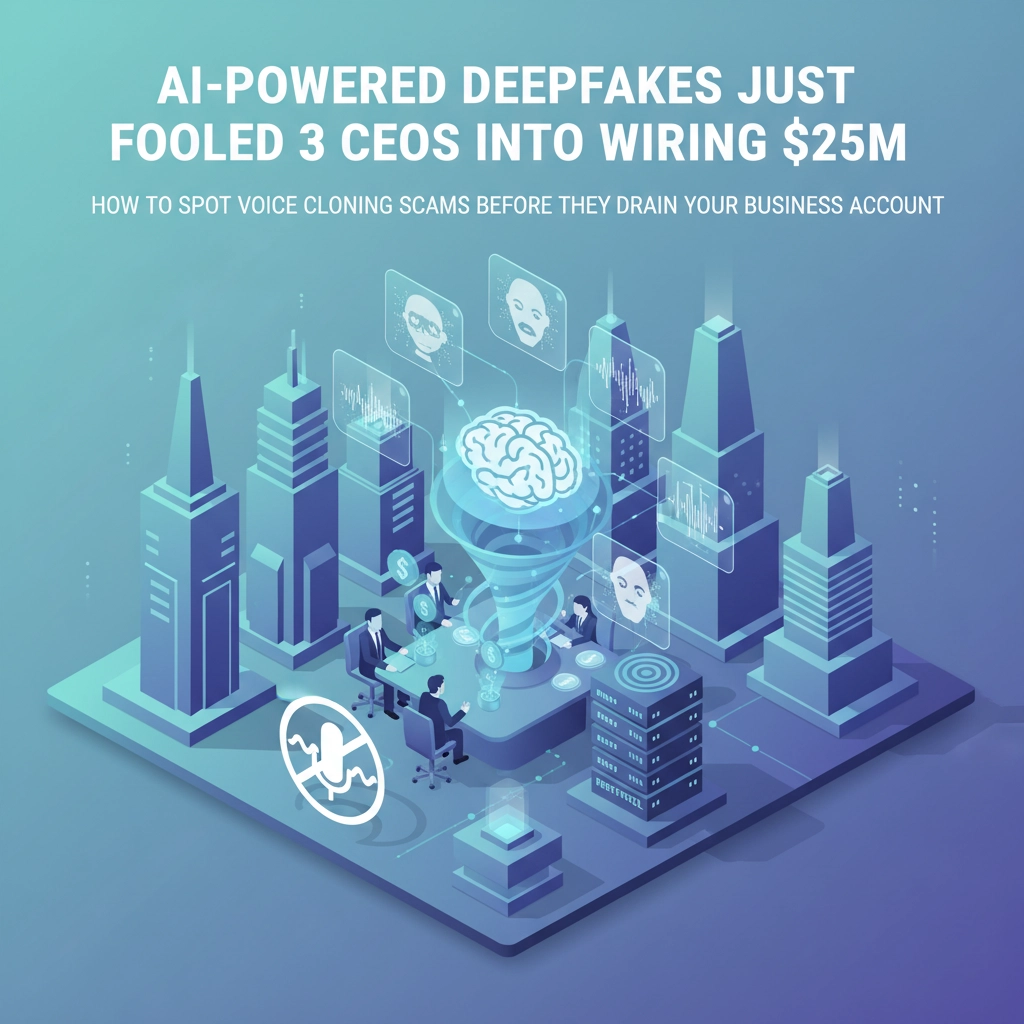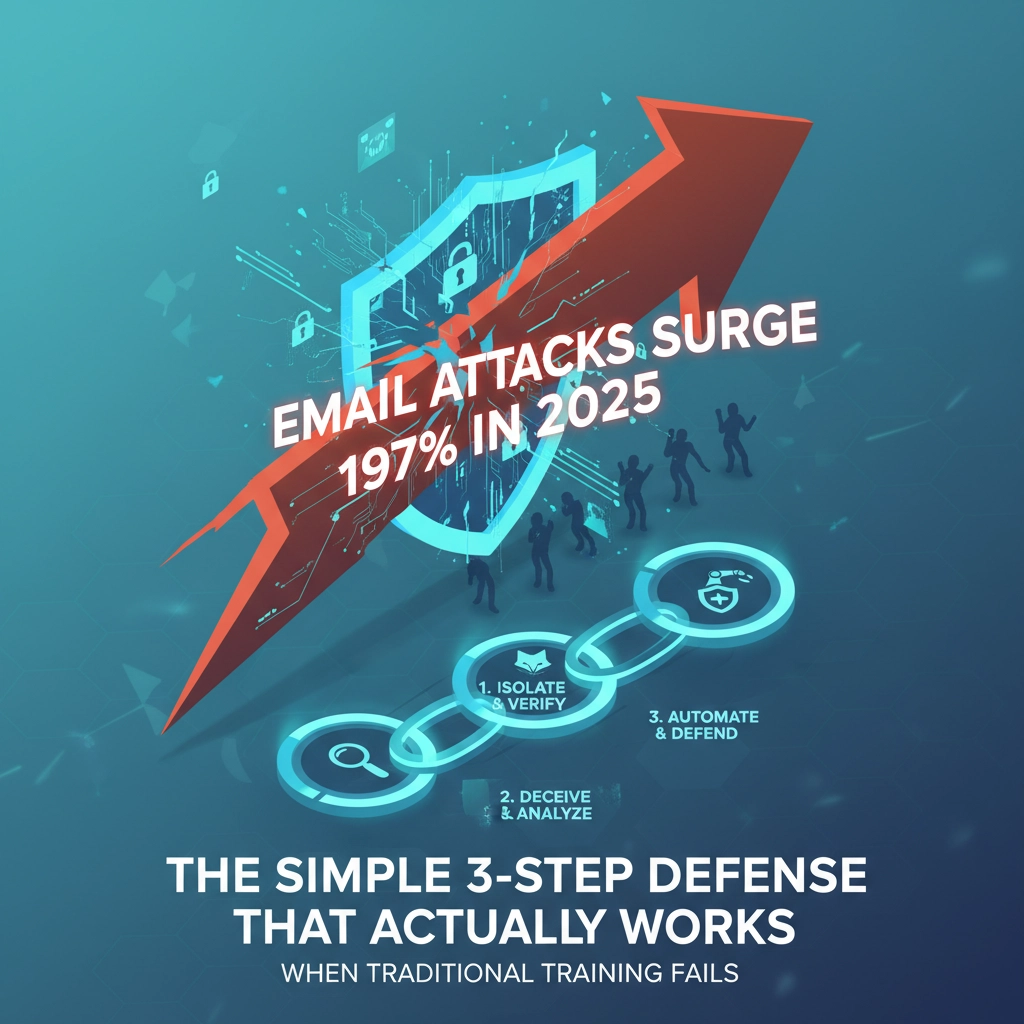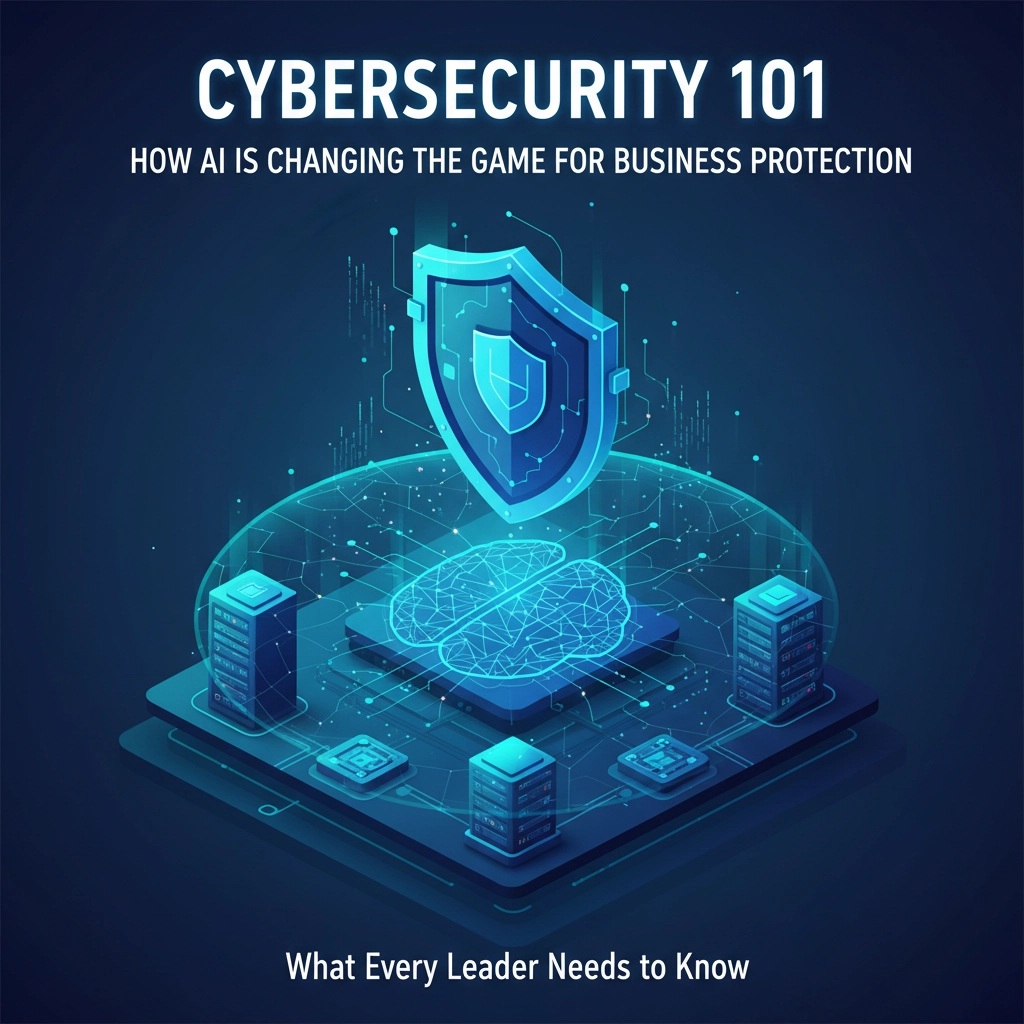Picture this: if cybercrime were a country, it would be the world's third-largest economy. That's the reality we're facing in 2025, with cybercriminals expected to steal $10.5 trillion globally this year. To put that in perspective, that's more money than the entire GDP of most countries combined.
But here's what makes this number really scary: it's not just some abstract statistic. Real businesses with real employees are getting crushed by these attacks every single day. And sometimes, it's companies that have survived world wars, economic depressions, and technological revolutions that finally meet their match with a single weak password.
The 158-Year Success Story That Ended in 30 Days
Meet KNP, a UK transport company that had been moving goods since 1867. Think about that: this company survived the American Civil War, both World Wars, the Great Depression, the dot-com crash, and the 2008 financial crisis. They operated 500 trucks, employed 700 people, and had what they thought was solid cybersecurity.
Then one employee used a password that was too easy to guess.
That's all it took. Hackers cracked that one password, slipped into their systems, and encrypted everything. When KNP got the ransom demand, they discovered something that shocks most business owners: even with cyber insurance, the estimated cost to recover could reach £5 million: more than the company could afford to pay.
Within 30 days, a business that had survived 158 years was forced to shut down permanently. 700 employees lost their jobs. Customers lost their logistics partner. All because of one weak password.
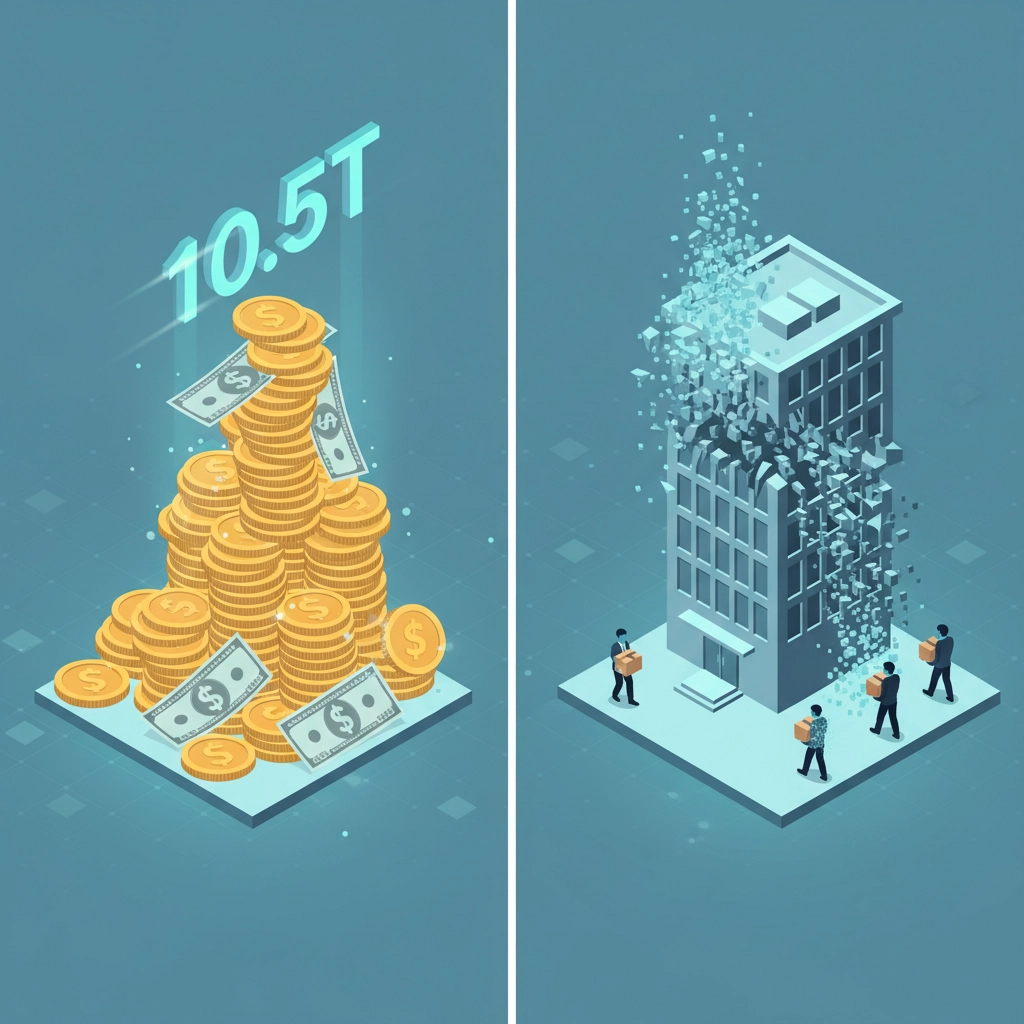
Breaking Down the $10.5 Trillion Reality
So what exactly makes up this massive $10.5 trillion figure? It's not just ransom payments (though those are climbing fast). Here's what business owners are actually losing:
Direct theft and fraud accounts for roughly $150-250 billion annually. This includes business email compromise scams, cryptocurrency fraud, and identity theft: the stuff that shows up immediately in your bank account.
But the real killer is business downtime and lost productivity, which represents the largest chunk at $500 billion to $1 trillion per year. When your systems go down, you're not just losing the money you might pay in ransom. You're losing every hour of revenue while you're offline, every customer who goes to a competitor, every deal that falls through because you can't access your files.
Reputation damage adds another $100+ billion annually. Companies see their stock prices drop, face customer lawsuits, pay regulatory fines, and watch customers leave for competitors they trust more.
The scariest part? These numbers are growing by 15% every single year.
The Security Mistakes That Killed KNP (And Could Kill Your Business)
KNP's collapse reveals the critical mistakes that even established businesses make:
Mistake #1: Relying on "Standard" Security Measures
KNP had what most people consider normal cybersecurity: antivirus software, basic firewalls, and cyber insurance. But modern hackers laugh at these traditional defenses. Why antivirus alone isn't enough has become a critical lesson for businesses of all sizes.
Mistake #2: Weak Password Policies
One easily guessable password brought down 158 years of success. Most businesses still allow passwords like "Password123" or "CompanyName2025": exactly what hackers expect.
Mistake #3: Assuming Insurance Is a Safety Net
KNP learned the hard way that cyber insurance has limits, exclusions, and deductibles. Even with coverage, they couldn't afford the total cost of recovery.
Mistake #4: No Zero-Trust Strategy
Traditional security assumes people inside your network can be trusted. But once hackers get past your perimeter (through that weak password), they can move freely through your systems.
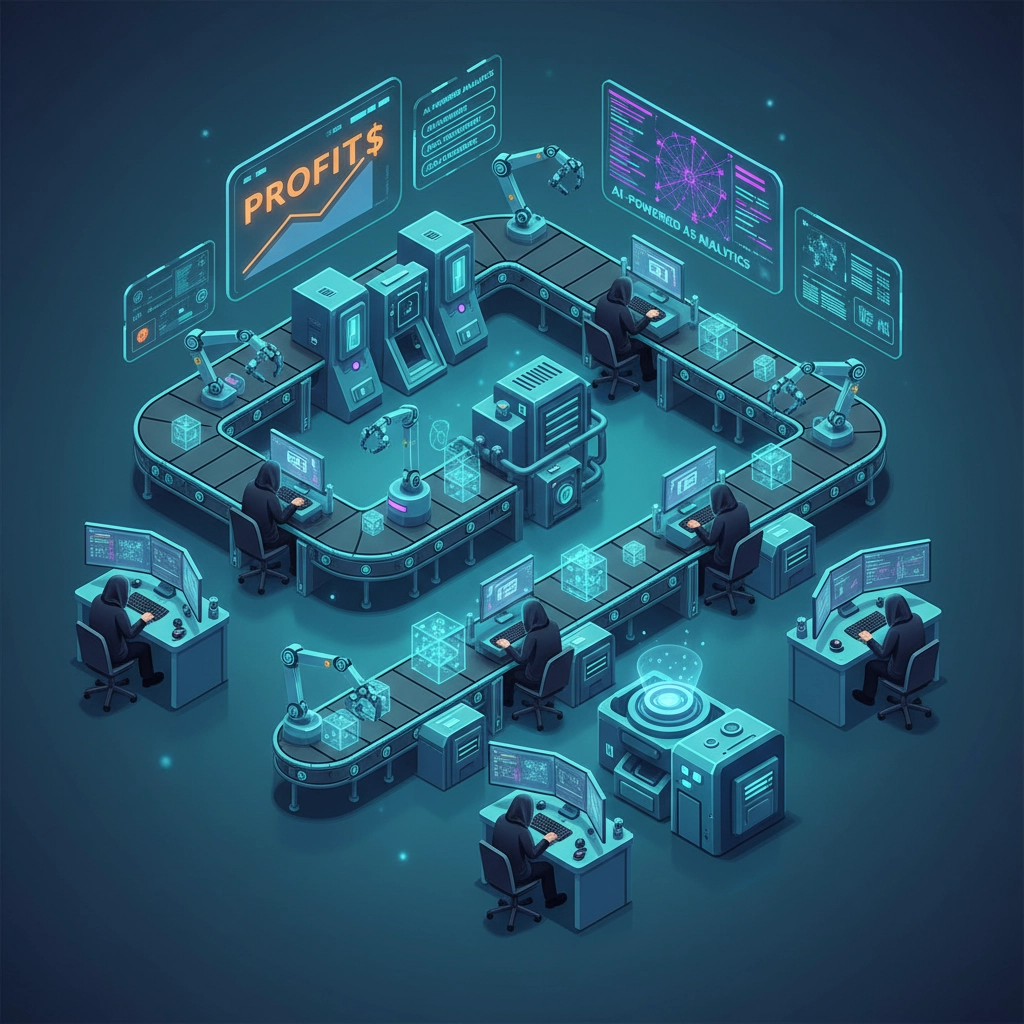
Why Traditional Security Is Like Using a Horse and Buggy on the Highway
The fundamental problem is that most businesses are fighting 2025 threats with 2015 security strategies. Here's what's changed:
Cybercrime Has Gone Professional
Today's hackers operate sophisticated businesses with customer service departments, quality assurance teams, and research and development budgets. They offer "Cybercrime as a Service" (CaaS): anyone can rent hacking tools and services for just a few dollars.
AI Has Supercharged Attacks
Artificial intelligence now helps criminals create perfect phishing emails, crack passwords faster, and find vulnerabilities automatically. AI just made every criminal your problem, and traditional defenses can't keep up.
Attack Surfaces Have Exploded
Remote work, cloud storage, mobile devices, and IoT gadgets have created millions of new ways for hackers to get into your business. Every device is a potential door for cybercriminals.
The Modern Security Framework That Could Have Saved KNP
So what should KNP have done differently? And more importantly, what can your business do to avoid their fate?
Implement Zero-Trust Architecture
Zero-trust vs traditional security means never trusting anyone or anything inside your network. Every user and device must prove their identity constantly, not just once at login.
Multi-Factor Authentication Everywhere
One password should never be enough to access anything important. MFA makes it exponentially harder for hackers to get in, even if they crack passwords.
Advanced Email Security
Since 80% of breaches start with email attacks, you need protection that goes way beyond spam filters. Your email just got zero-clicked: new attacks don't even require clicking.
Proactive Monitoring and Response
You need systems that watch for suspicious activity 24/7 and can respond automatically to threats. Waiting until after an attack to discover it is too late.
Regular Security Training
Your employees need to know what modern attacks look like. Stop training employees to spot phishing the old way: AI-powered attacks require new defense strategies.
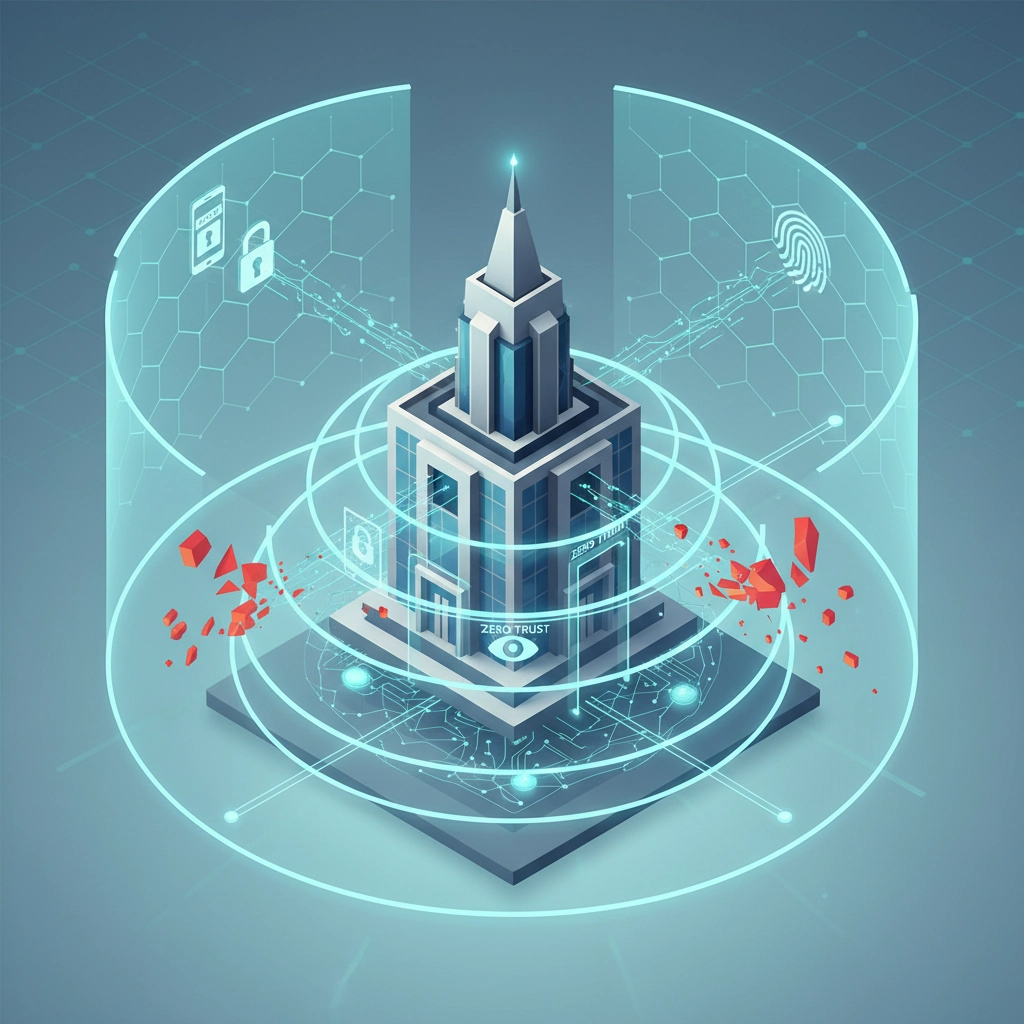
The Small Business Advantage
Here's some good news: small and medium businesses actually have an advantage over large corporations when it comes to implementing modern security. You're more agile, can make decisions faster, and don't have decades of legacy systems to untangle.
Plus, the benefits of working with a smaller cybersecurity provider mean you get personalized attention and solutions built for your specific needs, not generic corporate packages.
The Real Cost of Doing Nothing
Every day you delay implementing proper security, you're playing Russian roulette with your business. The numbers are stark:
- $26 billion gets stolen globally every single day
- $302,000 disappears every second
- 1 in 5 small businesses that get attacked shut down permanently
KNP survived 158 years of challenges but couldn't survive 30 days without their data. Don't let your business become another cautionary tale.
Your Next Steps
The $10.5 trillion cybercrime epidemic isn't slowing down: it's accelerating. But you don't have to become a statistic. Modern cybersecurity isn't just about buying more software; it's about implementing a comprehensive strategy that assumes breaches will happen and prepares accordingly.
Ready to protect your business with security that actually works in 2025? Let's talk about building a defense system that would have saved KNP and can save your business too. Contact B&R Computers today for a free security assessment that shows you exactly where your vulnerabilities are: and how to fix them before hackers find them first.
Don't wait until you're making headlines for the wrong reasons. The next 158-year-old business that shuts down in 30 days could be yours.

